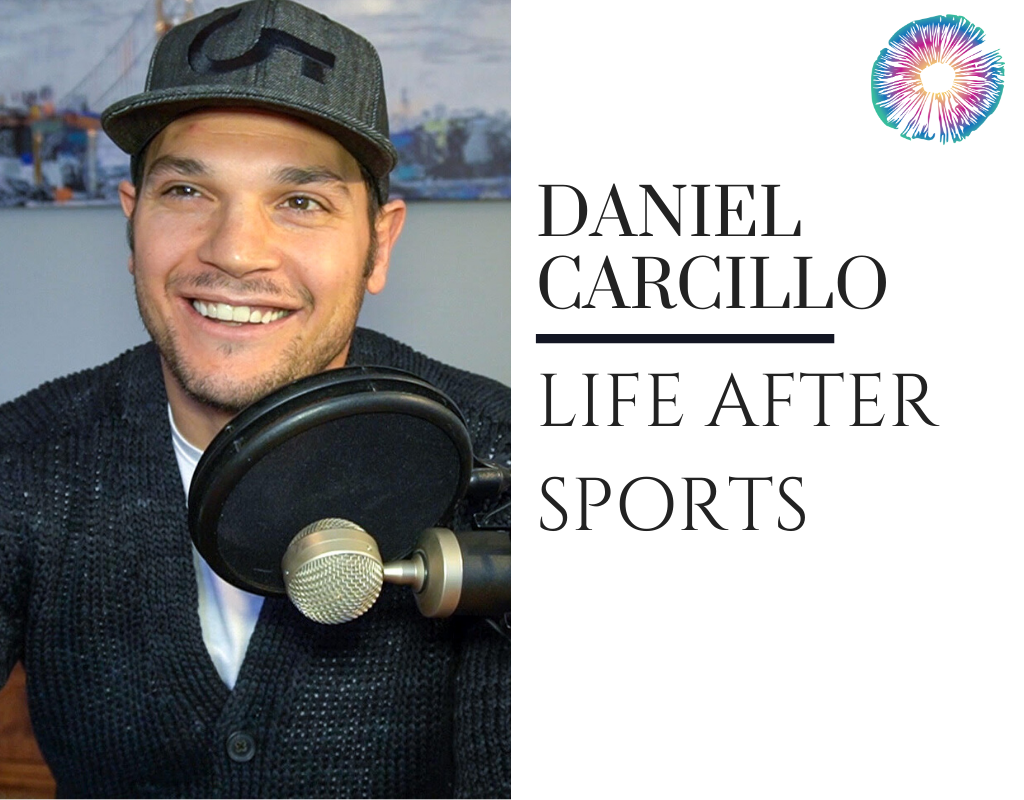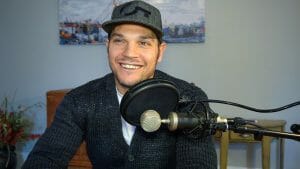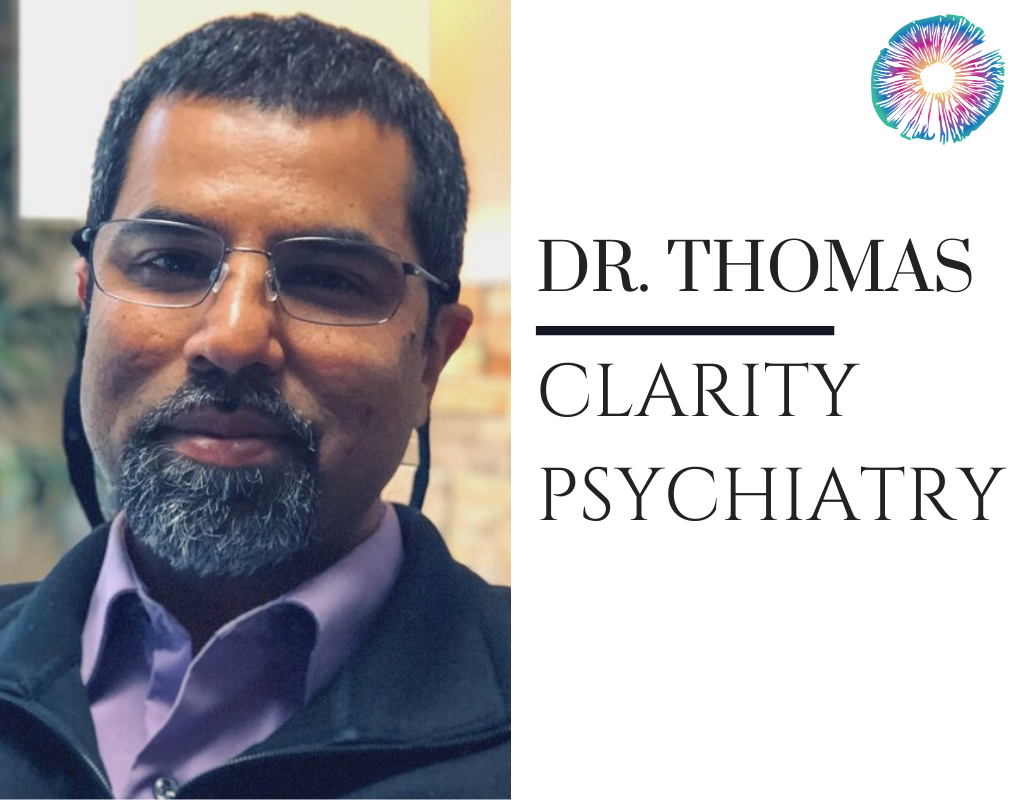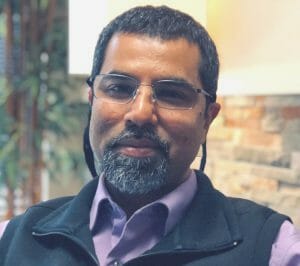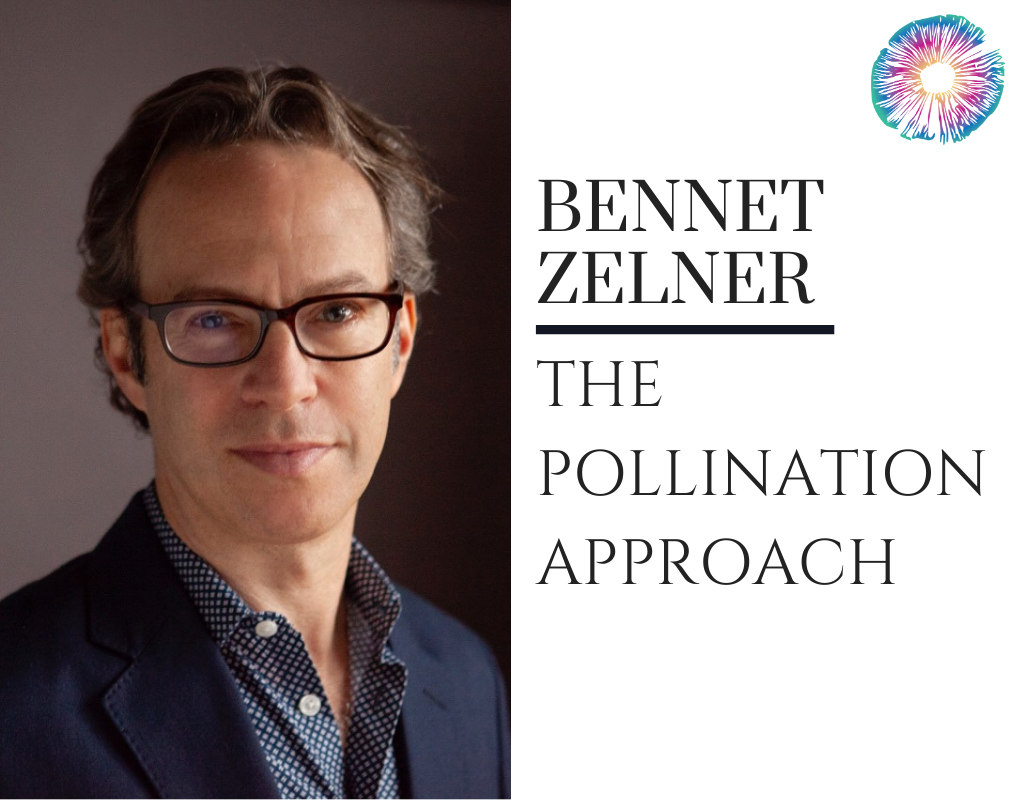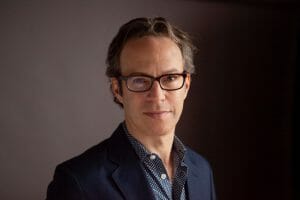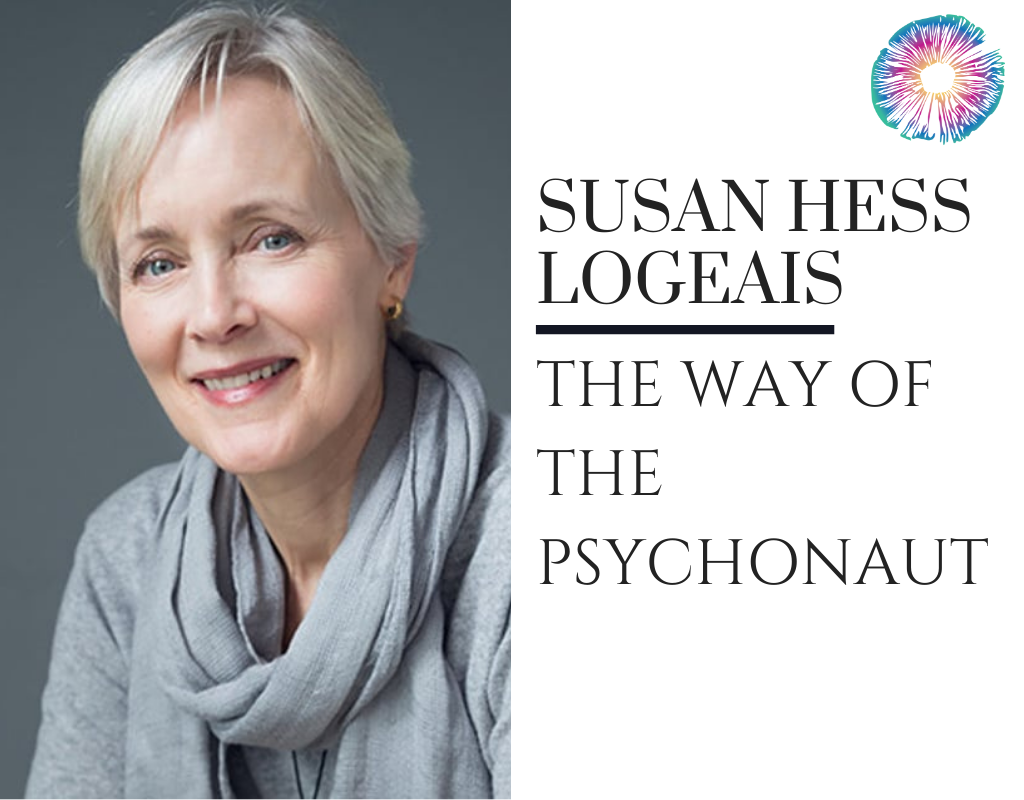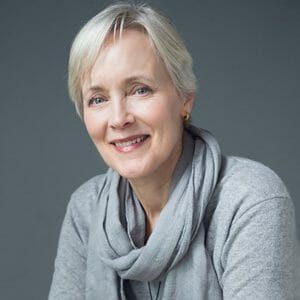In this episode, Joe and Kyle sit down with famed anthropologist and author (most notably of The Cosmic Serpent), Jeremy Narby. He is also the Amazonian projects director for Nouvelle Planète, a nonprofit organization that works to empower Indigenous peoples through demarcation of land.
Narby talks about how he was pushed to psychedelics through a combination of long talks with Humphry Osmond and political anthropology, focusing on the conflict between the World Bank and Indigenous people over their land. He tells how his first ayahuasca and datura experiences made him feel reconciled with nature, and how he realized people in the states had started speaking highly of the ecological knowledge of Indigenous people of the Amazon without ever talking about the hallucinogenic way they attained that knowledge (and how he felt it was his place to start talking about it).
He also discusses anthropology and subjectivity; Richard Evans Schultes; the problem with trying to verify or substantiate hallucinations; the West’s focus on “the active ingredient” and how ayahuasca is much more than drinkable DMT; the overuse and microdosing of ayahuasca; the entourage effect and how it’s excluded by the “DMT explains everything” hypothesis; why vine-only ayahuasca needs to be researched more; and the differences in how people react to LSD vs. ayahuasca or psilocybin (do the plant substances have a trickster spirit in them which doesn’t like some people?).
To win a copy of Narby’s most recent book, Plant Teachers: Ayahuasca, Tobacco, and the Pursuit of Knowledge (co-authored by Rafael Chanchari Pizuri), click here!
Notable Quotes
“When I first started hearing this at the age of 25 (in 1985), I thought it was a bit of a joke because I didn’t think that one could take psychedelics and learn about plant properties. I thought one could take LSD and have an interesting time in the woods with one’s friends, but if you really started thinking that the trees were talking to you, there was a bit of a problem. That was my point of view at the time. But here were these rainforest Indians living in the most biodiverse place on earth saying: Yes, we learn about plant properties by drinking this hallucinogenic vine mixture.”
“I went to the Rio summit in 1992, and suddenly there are all these governments talking about the knowledge of Indigenous people about biodiversity, talking about the knowledge of Amazonian Indians and how we have to recognize it and take it into consideration. Everybody talking about the knowledge of Indigenous Amazonians, [but] nobody talking about the hallucinogenic origin of this knowledge as they themselves discuss it.”
“If you’re an average Westerner; without really even realizing it, you kind of subscribe to this idea of The Active Ingredient. So you know what is the active ingredient of ayahuasca? Ah, it’s DMT. This is the scientific opinion that has been turned into a kind of orthodoxy, but just talk to the Indigenous Amazonian people. They’ll tell you that the vine itself, which doesn’t contain DMT, is the main ingredient.”
“Just the ayahuasca vine itself; if you make an extract from it, you already have a complex cocktail. And then that mixture is used to study all the other plants. And so, it’s a cocktail to which you can add tobacco and nicotine, datura and scopolamine, coca and cocaine — you can add any plant you want to study the effect of the plant. That’s what ayahuasca also is. So, it’s, at its base, a cocktail, and then it can be turned into a psychoactive cocktail with many different plants, including DMT. …It’s Cocktail City, basically.”
Links
The Cosmic Serpent: DNA and the Origins of Knowledge, by Jeremy Narby
The Teachings of Don Juan: A Yaqui Way of Knowledge, by Carlos Castaneda
Povos Indígenas no Brasil: Asháninka people
About Jeremy Narby
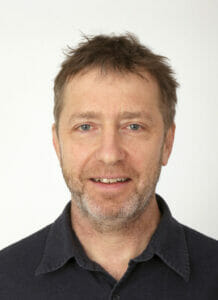 Jeremy Narby, PhD, is co-author of Plant Teachers: Ayahuasca, Tobacco, and the Pursuit of Knowledge with indigenous elder Rafael Chanchari Pizuri. He became an early pioneer of ayahuasca research while living with the Asháninka people of the Peruvian Amazon in the 1980s. He studied anthropology at Stanford University and now lives in Switzerland and works as Amazonian Projects Director for Nouvelle Planète, a nonprofit organization that promotes the economic and cultural empowerment of Indigenous peoples.
Jeremy Narby, PhD, is co-author of Plant Teachers: Ayahuasca, Tobacco, and the Pursuit of Knowledge with indigenous elder Rafael Chanchari Pizuri. He became an early pioneer of ayahuasca research while living with the Asháninka people of the Peruvian Amazon in the 1980s. He studied anthropology at Stanford University and now lives in Switzerland and works as Amazonian Projects Director for Nouvelle Planète, a nonprofit organization that promotes the economic and cultural empowerment of Indigenous peoples.
Support the show!
- Patreon
- Leave us a review on Facebook or iTunes
- Share us with your friends
- Join our Facebook group – Psychedelics Today group – Find the others and create community.
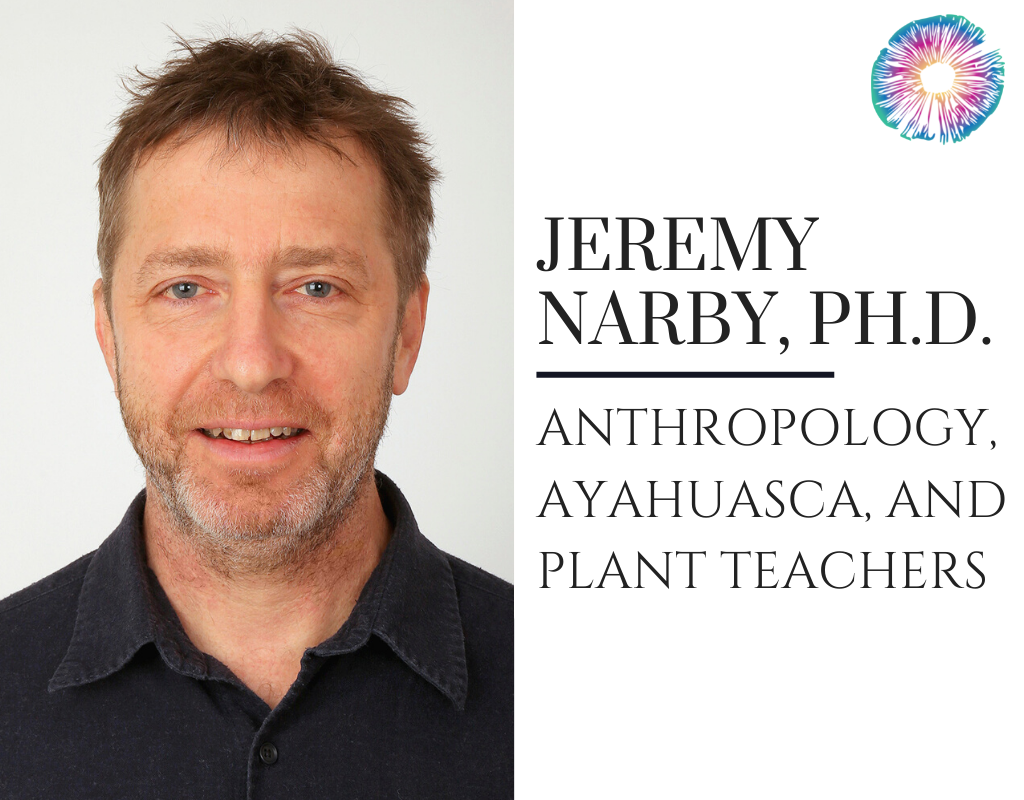




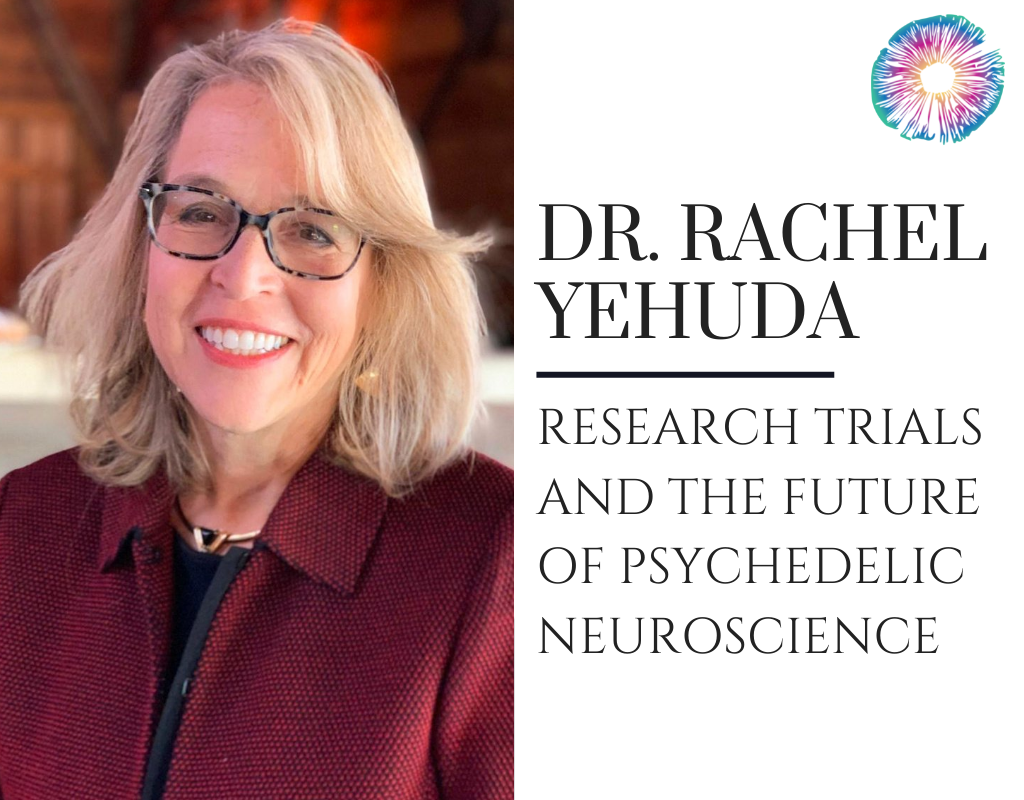
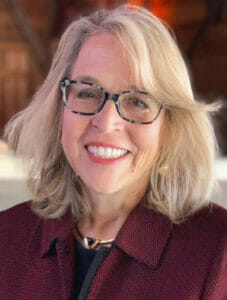 Rachel Yehuda is an Endowed Professor of Psychiatry and Neuroscience of PTSD and Vice Chair for Veteran Affairs in the Department of Psychiatry at the Icahn School of Medicine at Mount Sinai, where she directs the Center for Psychedelic Psychotherapy and Trauma Research and the Traumatic Stress Studies Division. She is also Director of Mental Health at the James J. Peters VA Medical Center in the Bronx. She is the recipient of numerous federal grants and awards, has authored several hundred peer-reviewed scientific papers, and is a member of the National Academy of Medicine. Dr. Yehuda’s work has focused primarily on the neuroscience and treatment of trauma and PTSD.
Rachel Yehuda is an Endowed Professor of Psychiatry and Neuroscience of PTSD and Vice Chair for Veteran Affairs in the Department of Psychiatry at the Icahn School of Medicine at Mount Sinai, where she directs the Center for Psychedelic Psychotherapy and Trauma Research and the Traumatic Stress Studies Division. She is also Director of Mental Health at the James J. Peters VA Medical Center in the Bronx. She is the recipient of numerous federal grants and awards, has authored several hundred peer-reviewed scientific papers, and is a member of the National Academy of Medicine. Dr. Yehuda’s work has focused primarily on the neuroscience and treatment of trauma and PTSD. 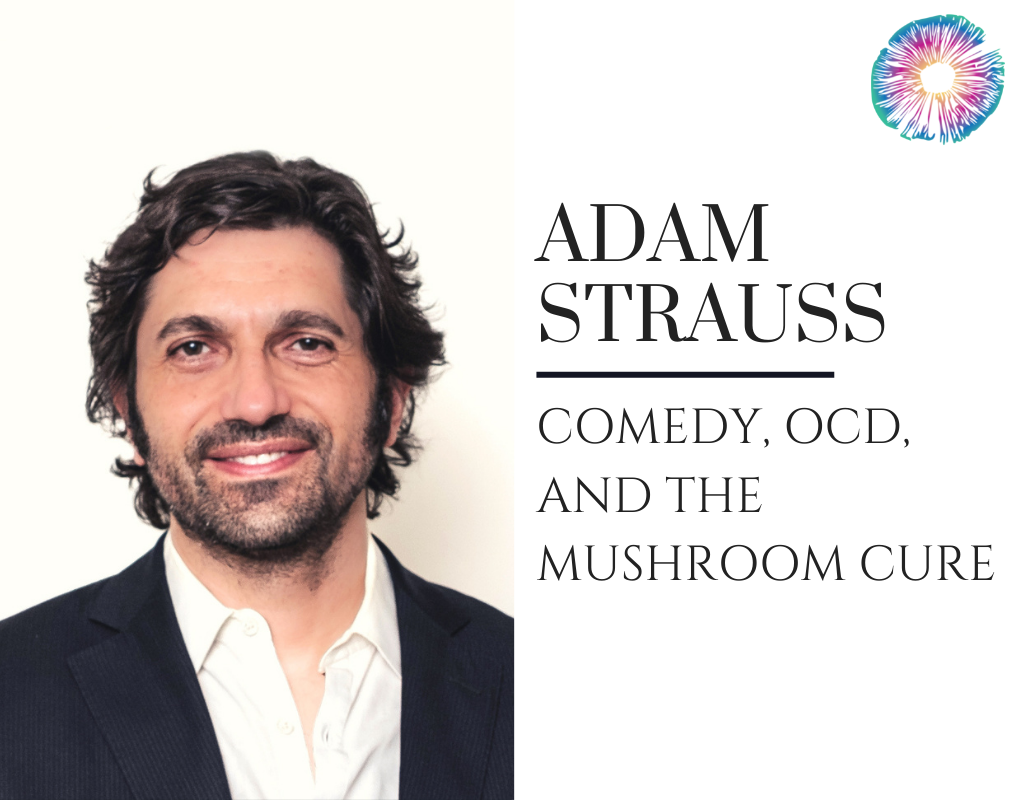
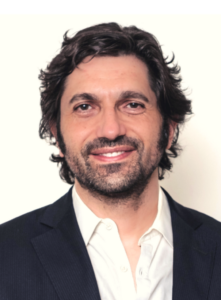
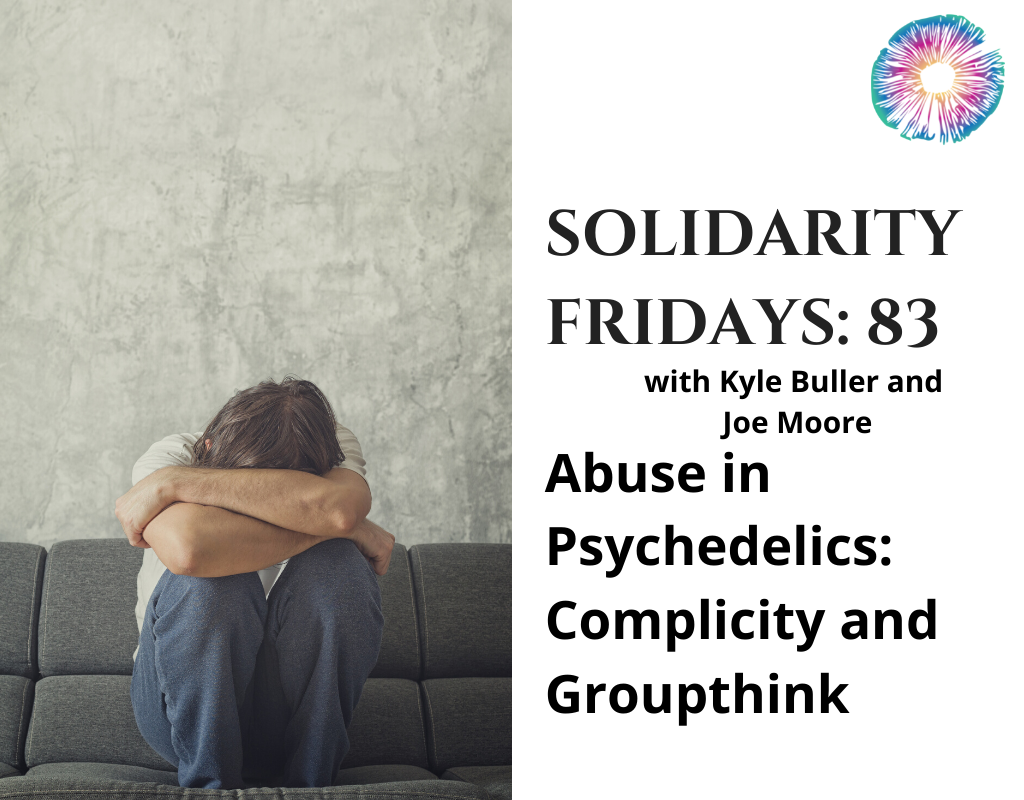
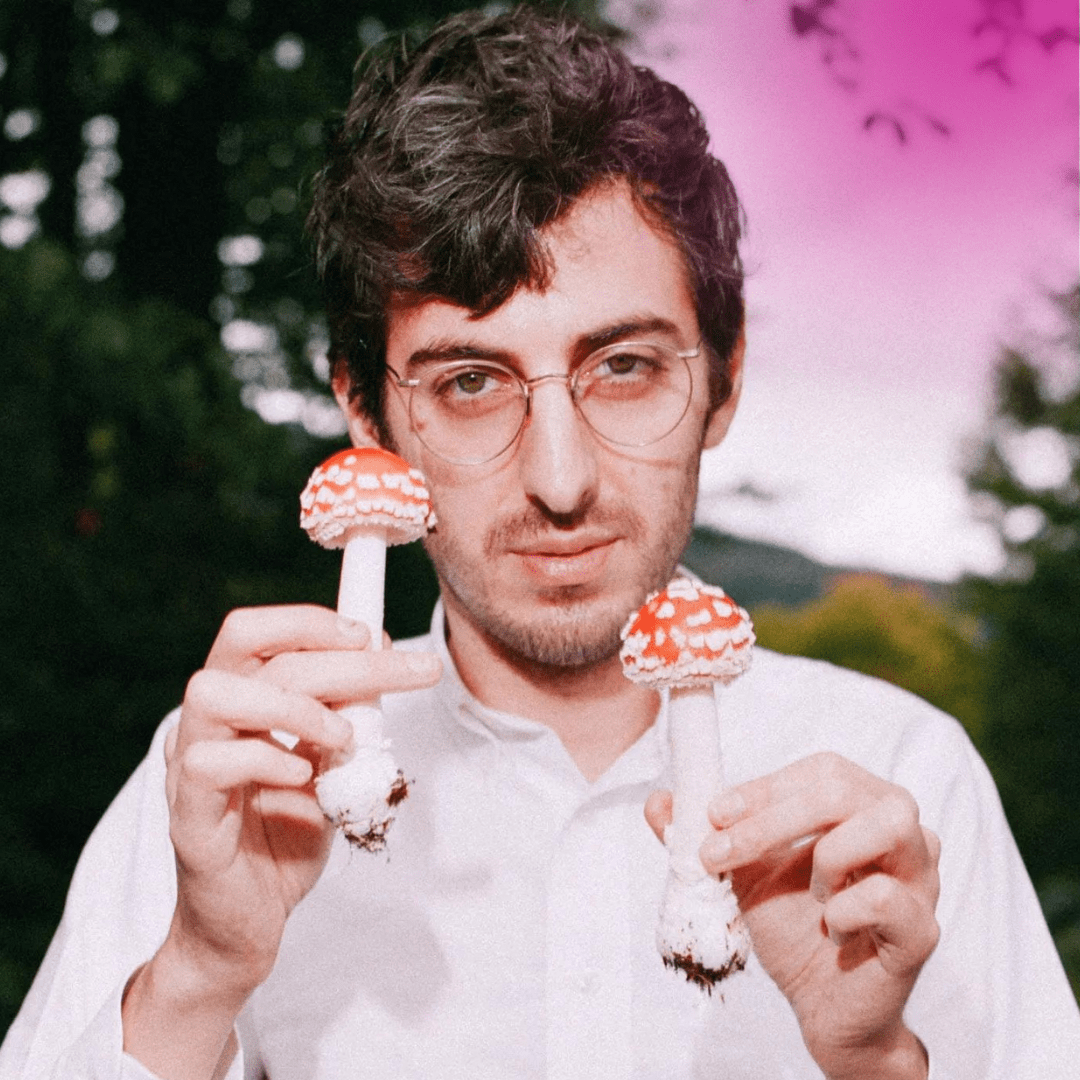
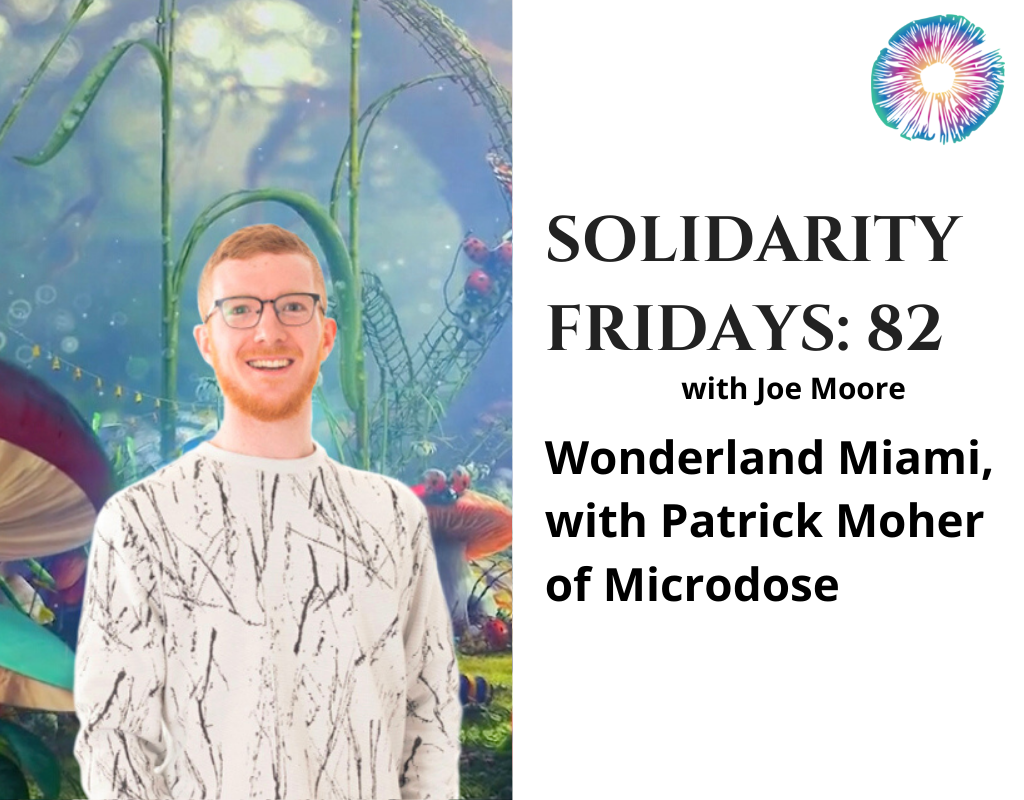
 Patrick Moher is an industrious entrepreneur working in psychedelics and cannabis, currently the CEO at Microdose Psychedelic Insights. As a passionate and unapologetic environmentalist, his relentless work ethic has directly translated to previous success in his photography career, as well as founding Ethical Image, co-finding Alan Aldous Communications, Goodwood Accessories, UCannAcademy & and becoming a partner at ADCANN. Patrick is focused on helping combine creativity, CSR, and sustainable profitability for companies. He has a dynamic ability to unite individuals across social and corporate spectrums to create unique business solutions. His dedication to community service has seen him actively collaborate with many volunteer organizations, photograph hundreds of events/portraits/weddings, & sponsor the planting of over 20,000 trees (and counting).
Patrick Moher is an industrious entrepreneur working in psychedelics and cannabis, currently the CEO at Microdose Psychedelic Insights. As a passionate and unapologetic environmentalist, his relentless work ethic has directly translated to previous success in his photography career, as well as founding Ethical Image, co-finding Alan Aldous Communications, Goodwood Accessories, UCannAcademy & and becoming a partner at ADCANN. Patrick is focused on helping combine creativity, CSR, and sustainable profitability for companies. He has a dynamic ability to unite individuals across social and corporate spectrums to create unique business solutions. His dedication to community service has seen him actively collaborate with many volunteer organizations, photograph hundreds of events/portraits/weddings, & sponsor the planting of over 20,000 trees (and counting).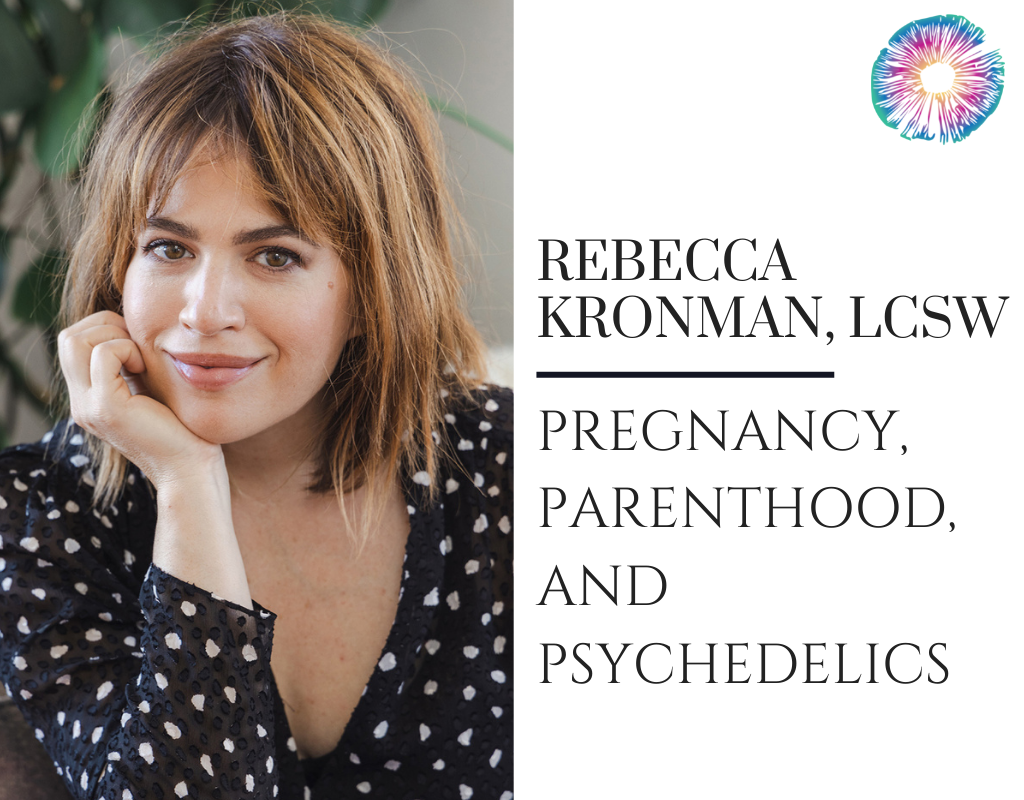
 Rebecca Kronman, LCSW, is a licensed therapist, mother of two and founder of Plant Parenthood, a digital and in-person community of parents who use psychedelics. She is a psychotherapist with a private practice in Brooklyn, New York, where she offers ketamine-assisted psychotherapy and works with clients to prepare for and integrate after psychedelic experiences. She is also a writer, and wrote “
Rebecca Kronman, LCSW, is a licensed therapist, mother of two and founder of Plant Parenthood, a digital and in-person community of parents who use psychedelics. She is a psychotherapist with a private practice in Brooklyn, New York, where she offers ketamine-assisted psychotherapy and works with clients to prepare for and integrate after psychedelic experiences. She is also a writer, and wrote “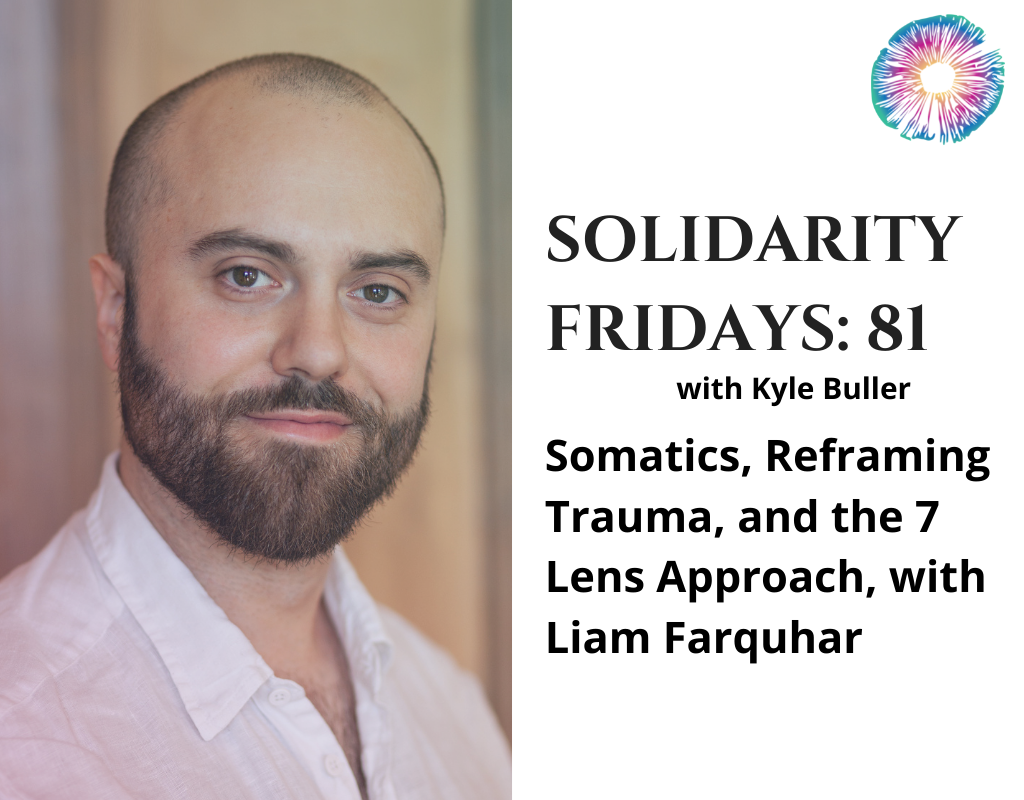
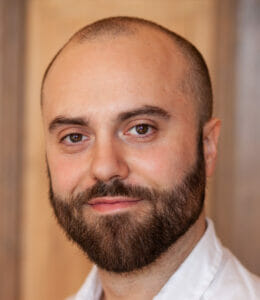 Liam Farquhar is a legal psychedelic guide and integration specialist, working between London and Amsterdam. He also does men’s group work and therapeutic work. He uses a ‘7 Lens’ approach that he developed as the foundation for all his services, combining: Internal Family Systems; Grofian (based on the work of Stanislav Grof); Jungian (based on the work of Carl Jung); Mindfulness; Scientific; Shamanic; and Trauma/Somatic. He is also a past Navigating Psychedelics graduate.
Liam Farquhar is a legal psychedelic guide and integration specialist, working between London and Amsterdam. He also does men’s group work and therapeutic work. He uses a ‘7 Lens’ approach that he developed as the foundation for all his services, combining: Internal Family Systems; Grofian (based on the work of Stanislav Grof); Jungian (based on the work of Carl Jung); Mindfulness; Scientific; Shamanic; and Trauma/Somatic. He is also a past Navigating Psychedelics graduate. 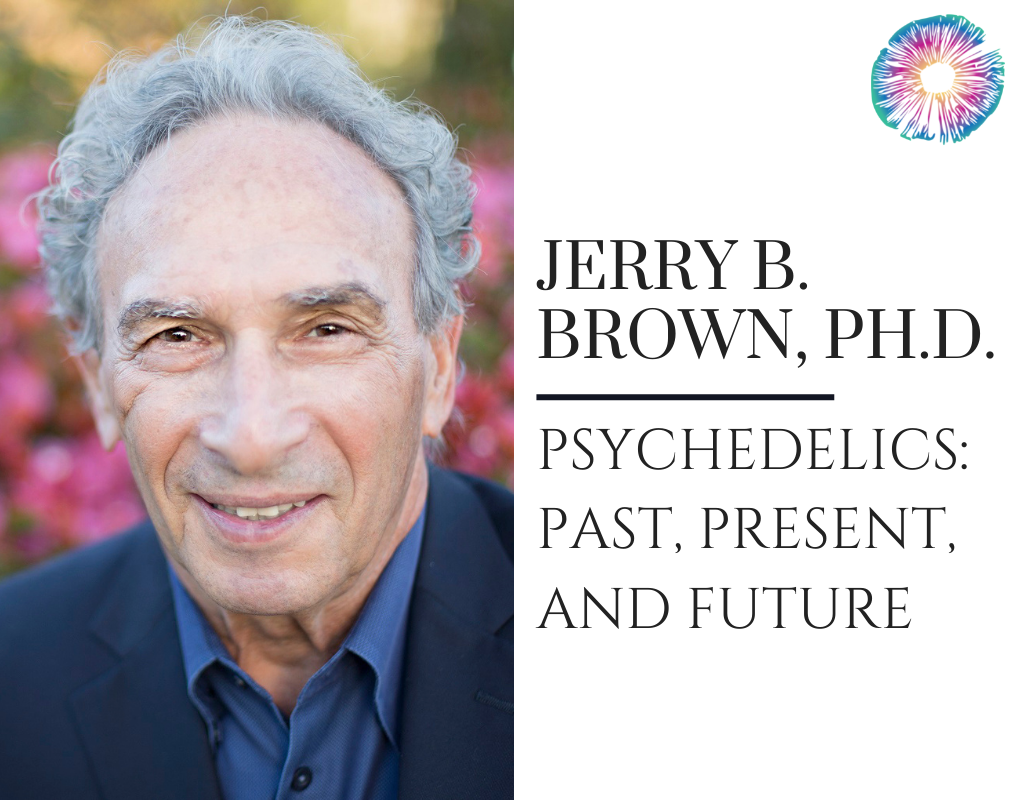
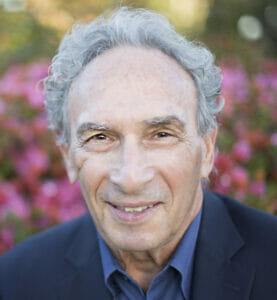 Jerry B. Brown, Ph.D., is an anthropologist, author, and ethnomycologist. He is a Founding Professor of Anthropology at Florida International University (FIU) in Miami, where he teaches an online course on “Psychedelics and Culture.” He also co-created the “Psychedelics: Past, Present, and Future” course for us. Professor Brown teaches and writes on psychedelics and religion as well as on psychedelic therapy. He is coauthor (with Julie Brown, LMHC, an integrative psychotherapist and also his wife) of The Psychedelic Gospels: The Secret History of Hallucinogens in Christianity, 2016.
Jerry B. Brown, Ph.D., is an anthropologist, author, and ethnomycologist. He is a Founding Professor of Anthropology at Florida International University (FIU) in Miami, where he teaches an online course on “Psychedelics and Culture.” He also co-created the “Psychedelics: Past, Present, and Future” course for us. Professor Brown teaches and writes on psychedelics and religion as well as on psychedelic therapy. He is coauthor (with Julie Brown, LMHC, an integrative psychotherapist and also his wife) of The Psychedelic Gospels: The Secret History of Hallucinogens in Christianity, 2016.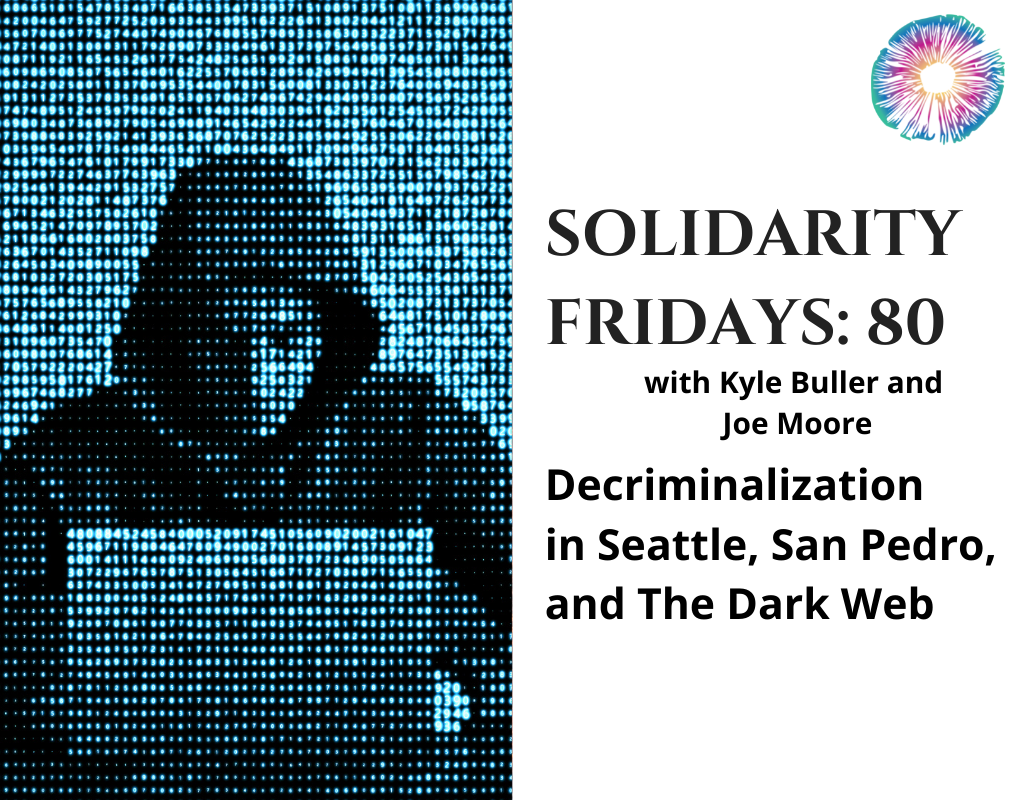
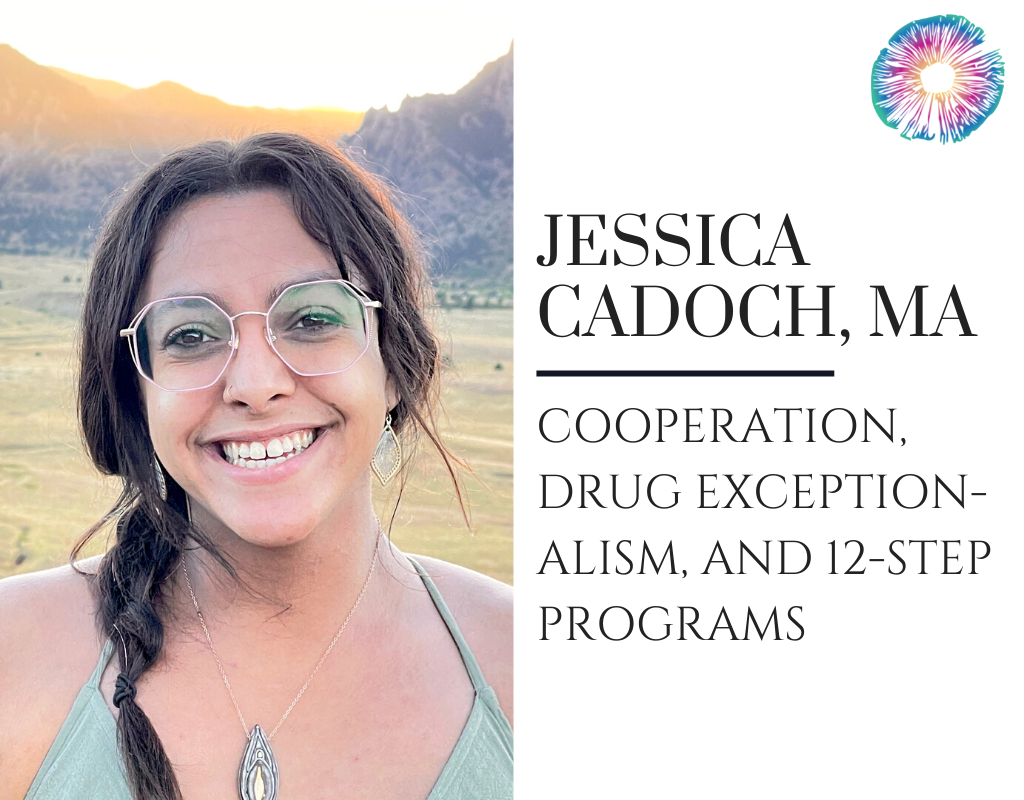
 Jessica is a Medical Anthropologist working at Maya Public Benefit Corporation (PBC) as a Research Manager. As the former Executive Director of the Montreal Psychedelic Society, Jessica is passionate about bridging the non-for-profit and for profit world of psychedelic initiatives. With a particular interest in the intermingling of 12-step methods of managing addiction and psychedelic-assisted therapy, Jessica is concerned with ensuring that psychedelic practices are carefully and ethically integrated into modern Western society and culture. Email her at:
Jessica is a Medical Anthropologist working at Maya Public Benefit Corporation (PBC) as a Research Manager. As the former Executive Director of the Montreal Psychedelic Society, Jessica is passionate about bridging the non-for-profit and for profit world of psychedelic initiatives. With a particular interest in the intermingling of 12-step methods of managing addiction and psychedelic-assisted therapy, Jessica is concerned with ensuring that psychedelic practices are carefully and ethically integrated into modern Western society and culture. Email her at: 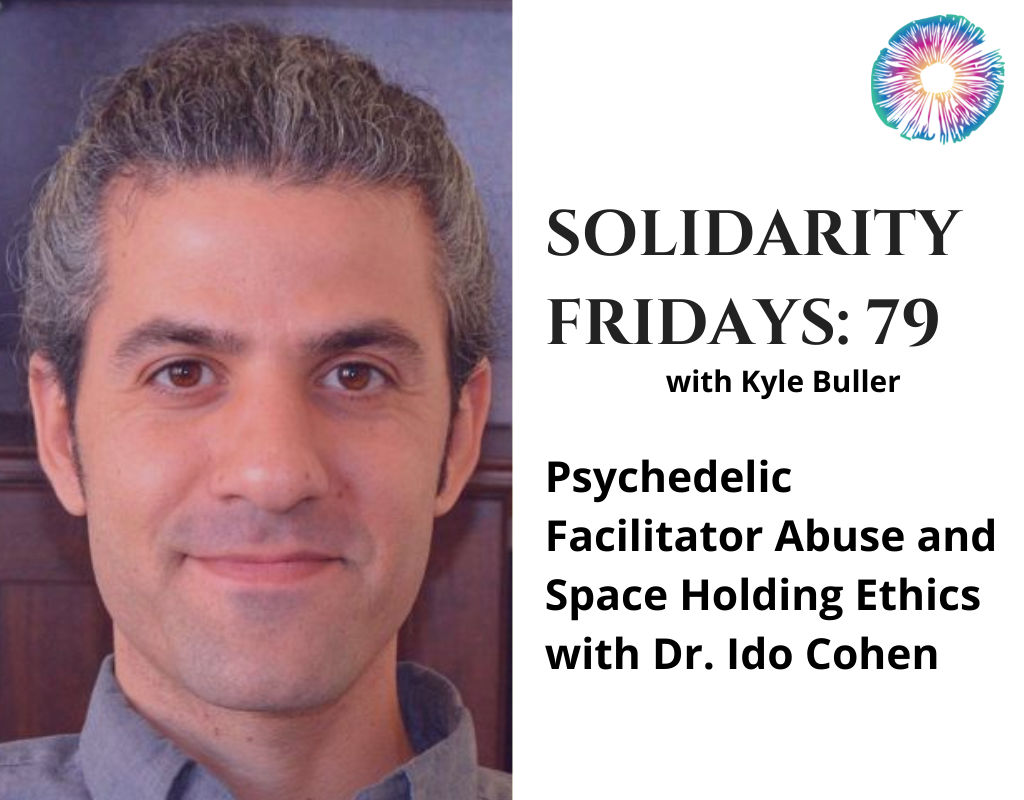
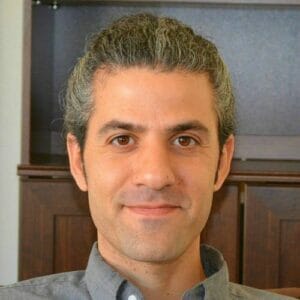
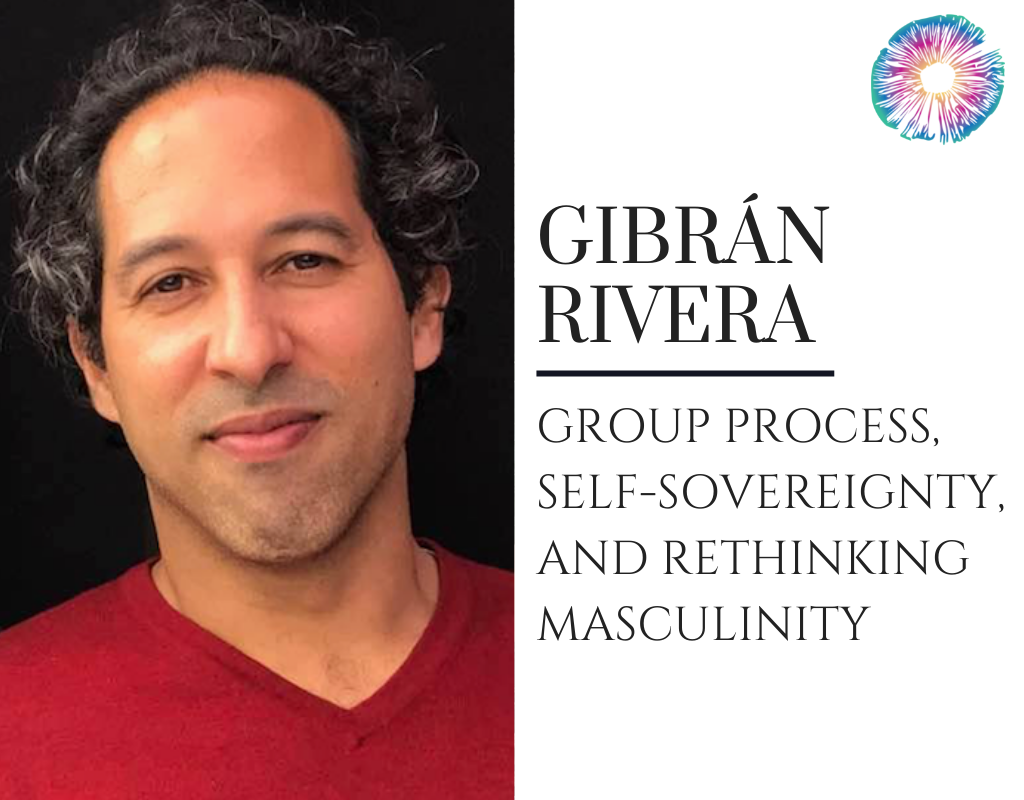
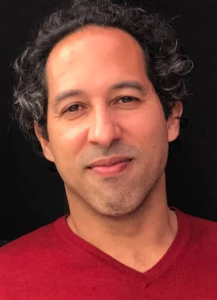 Gibrán Rivera is a teacher, coach, guide, and Master Facilitator. He is devoted to the development of leaders and leadership networks. He works to help figure out how to thrive in times of VUCA (Volatility, Uncertainty, Complexity, Ambiguity). Gibrán is the originator of the Evolutionary Leadership Workshop, host of the Better Men Project, and one of the teachers of What Should White People Do? His work brings close attention to dynamics of power, equity, and inclusion. He has designed and facilitated the coming together of some of the most prestigious fellowships in the country, and he specializes in transformational offsite retreats. His work is based on the understanding that our next evolutionary leap depends on trust and the currency of love, and he is devoting his life to defining better ways of being together in this world.
Gibrán Rivera is a teacher, coach, guide, and Master Facilitator. He is devoted to the development of leaders and leadership networks. He works to help figure out how to thrive in times of VUCA (Volatility, Uncertainty, Complexity, Ambiguity). Gibrán is the originator of the Evolutionary Leadership Workshop, host of the Better Men Project, and one of the teachers of What Should White People Do? His work brings close attention to dynamics of power, equity, and inclusion. He has designed and facilitated the coming together of some of the most prestigious fellowships in the country, and he specializes in transformational offsite retreats. His work is based on the understanding that our next evolutionary leap depends on trust and the currency of love, and he is devoting his life to defining better ways of being together in this world.
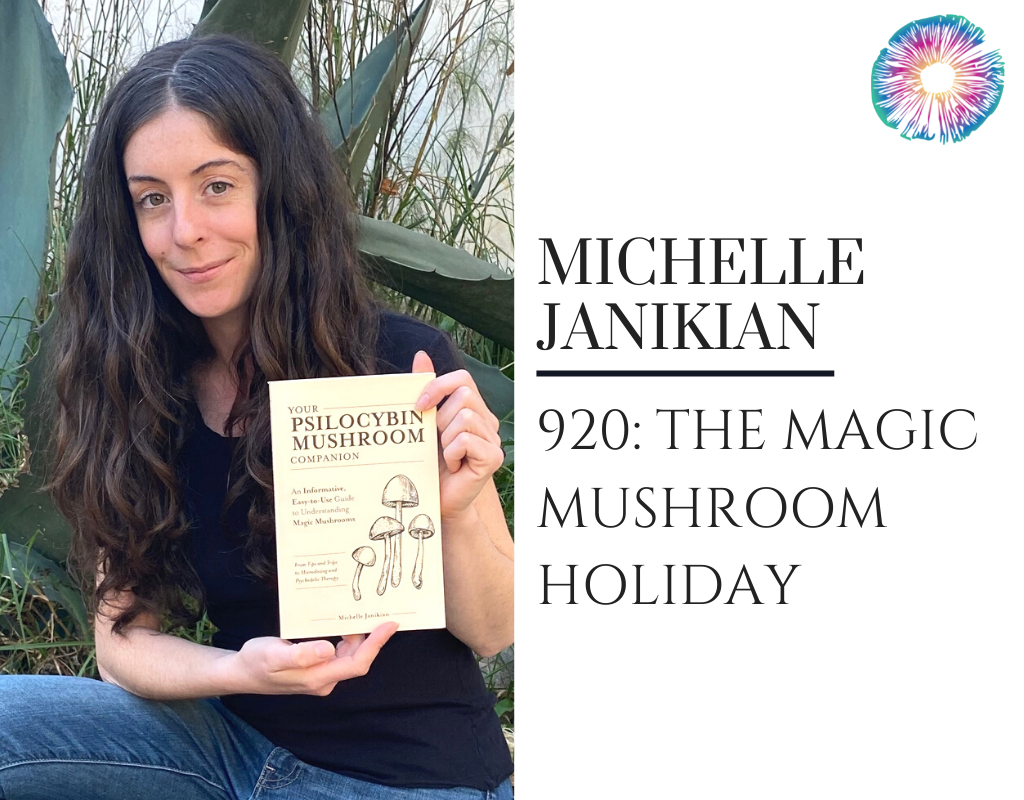
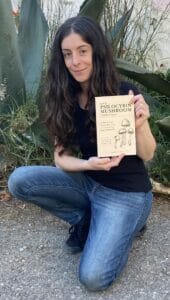 Michelle Janikian is a journalist and the author of
Michelle Janikian is a journalist and the author of 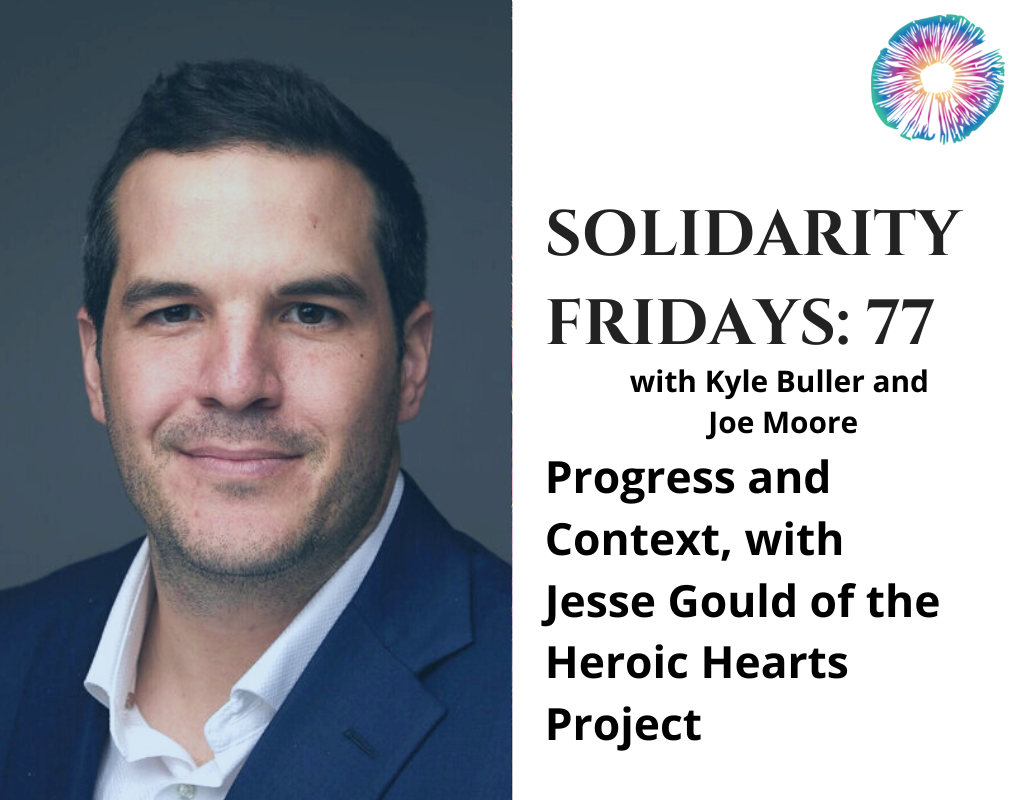
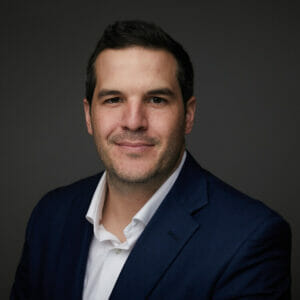

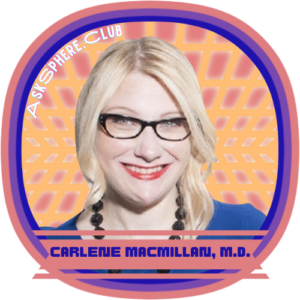 Carlene MacMillan, M.D. is the co-founder/CEO of Brooklyn Minds. She is a Harvard-trained adult and child psychiatrist who pioneers team-based and tech-enabled mental health care that helps individuals with complex psychiatric concerns live meaningful lives. She collaborates with stakeholders to build novel value-based (as opposed to volume-based) care models. Dr.MacMillan is also known for her role as the co-host of New Frontiers, an award-winning show on Clubhouse where mental health experts weigh in on aspects of our culture. She is an internationally recognized leader in Mentalization Based Treatment, collaborating with leaders at the Anna Freud National Centre for Children and Families. She is on the Clinical Advisory board of Osmind and a member of the Ketamine Taskforce for Access to Safe Care and Insurance Coverage. She is on the Clinical TMS Society Insurance Committee and is the co-Chair of the American Academy of Child and Adolescent Psychiatry Consumer Issues Committee.
Carlene MacMillan, M.D. is the co-founder/CEO of Brooklyn Minds. She is a Harvard-trained adult and child psychiatrist who pioneers team-based and tech-enabled mental health care that helps individuals with complex psychiatric concerns live meaningful lives. She collaborates with stakeholders to build novel value-based (as opposed to volume-based) care models. Dr.MacMillan is also known for her role as the co-host of New Frontiers, an award-winning show on Clubhouse where mental health experts weigh in on aspects of our culture. She is an internationally recognized leader in Mentalization Based Treatment, collaborating with leaders at the Anna Freud National Centre for Children and Families. She is on the Clinical Advisory board of Osmind and a member of the Ketamine Taskforce for Access to Safe Care and Insurance Coverage. She is on the Clinical TMS Society Insurance Committee and is the co-Chair of the American Academy of Child and Adolescent Psychiatry Consumer Issues Committee.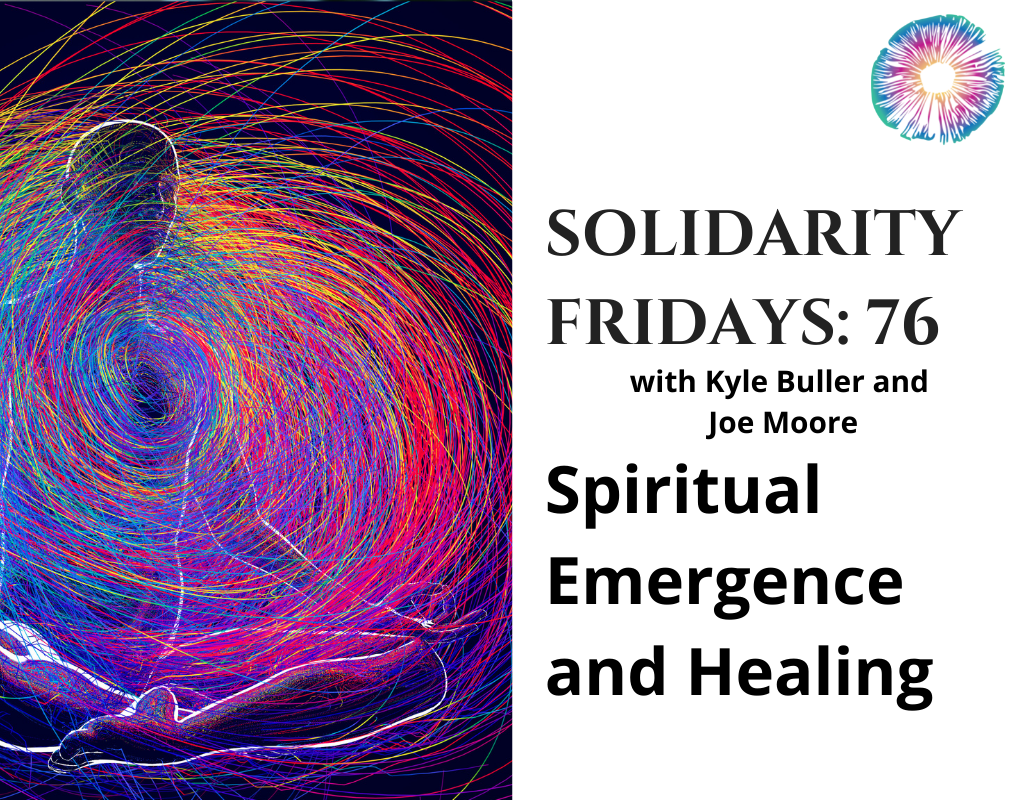
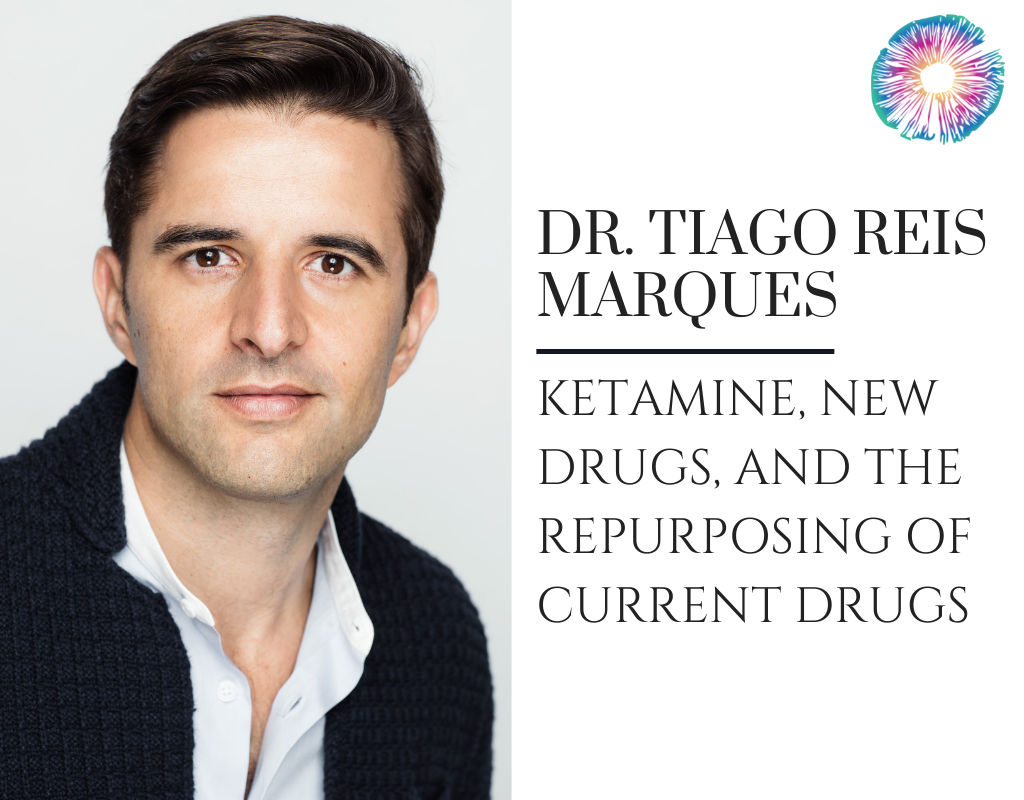
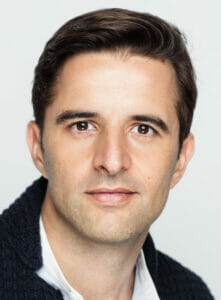 Tiago Reis Marques is a senior fellow at Imperial College, a lecturer at the Institute of Psychiatry, King’s College London and a psychiatrist at the prestigious Maudsley Hospital. The Maudsley Hospital and the Institute of Psychiatry constitute the largest psychiatry center in Europe and ranks among the 3 best in the world. During his research career, he has received numerous prestigious awards, including the Young Investigator Award from the Brain and Behavior Research Foundation, the Research Award from the Royal Society of Medicine’s psychiatry section and the Young Investigator Award of the International Congress on Schizophrenia Research. He is also a co-funder and CEO of Pasithea, a biotech company developing new drugs for the treatment of psychiatric and neurological disorders.
Tiago Reis Marques is a senior fellow at Imperial College, a lecturer at the Institute of Psychiatry, King’s College London and a psychiatrist at the prestigious Maudsley Hospital. The Maudsley Hospital and the Institute of Psychiatry constitute the largest psychiatry center in Europe and ranks among the 3 best in the world. During his research career, he has received numerous prestigious awards, including the Young Investigator Award from the Brain and Behavior Research Foundation, the Research Award from the Royal Society of Medicine’s psychiatry section and the Young Investigator Award of the International Congress on Schizophrenia Research. He is also a co-funder and CEO of Pasithea, a biotech company developing new drugs for the treatment of psychiatric and neurological disorders.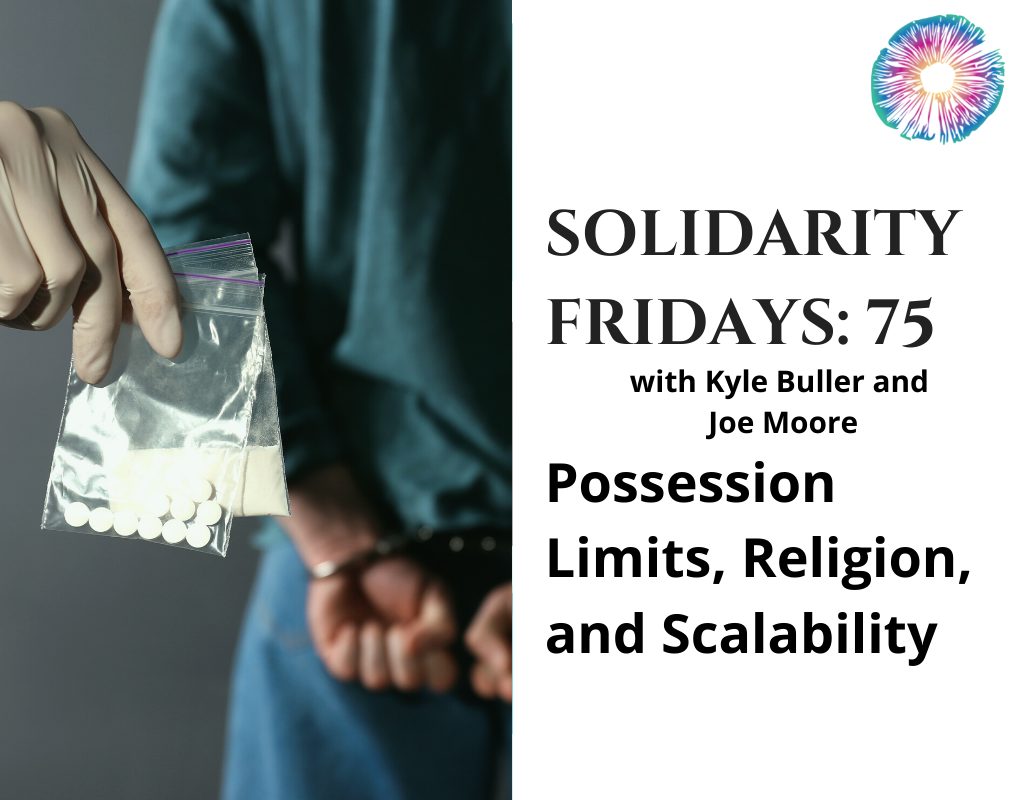
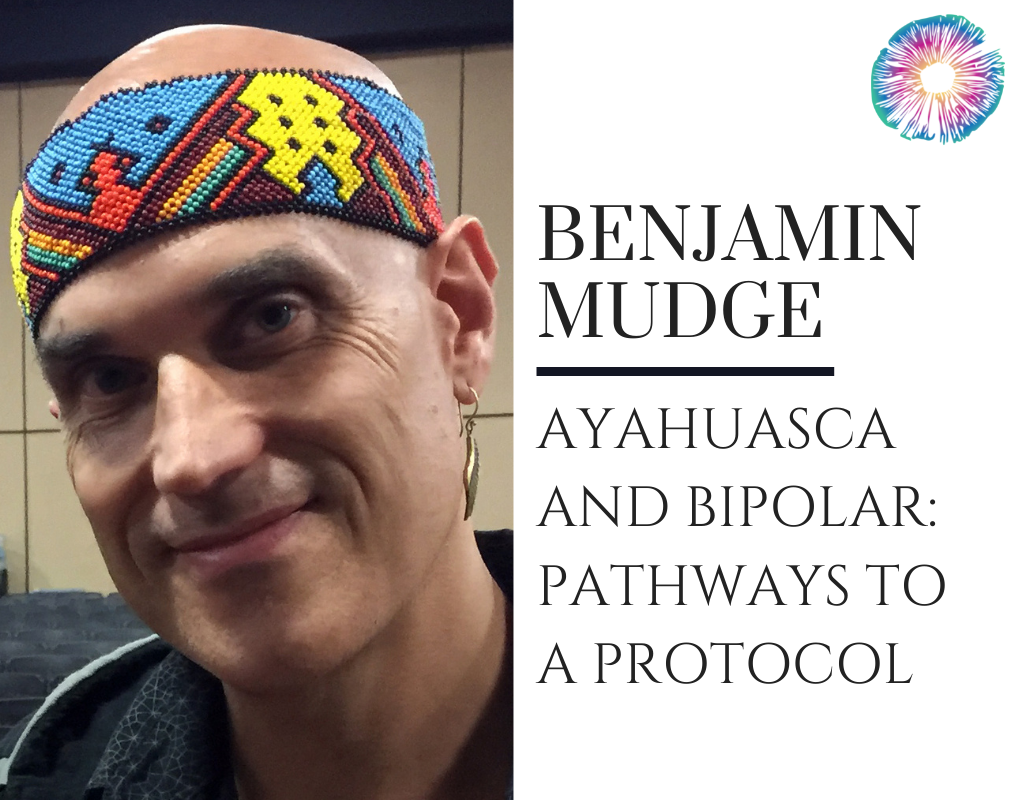
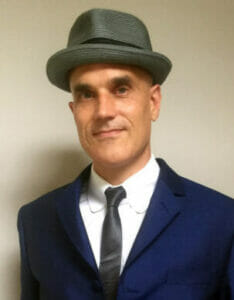 Benjamin Mudge has a background in music, art and political activism, and is now a PhD candidate in the Psychiatry Department at Flinders University, as well as Director of Bipolar Disorder CIC. He taught himself the science of bipolar disorder, while working at Neuroscience laboratories and GlaxoSmithKline, to be able to manage his own personal experience of manic depression. After psychiatrists prescribed him 17 different pharmaceuticals (all of which were problematic), he gave up on pharmaceutical psychiatry and decided to find his own solution to living with manic depression. He has been managing his bipolar disorder with ayahuasca for 14 years – without any need of pharmaceuticals – and was awarded a PhD scholarship to research whether his personal protocol could assist other bipolar people. His future vision is to make ayahuasca ceremonies available to bipolar people as an alternative treatment to pharmaceutical drugs.
Benjamin Mudge has a background in music, art and political activism, and is now a PhD candidate in the Psychiatry Department at Flinders University, as well as Director of Bipolar Disorder CIC. He taught himself the science of bipolar disorder, while working at Neuroscience laboratories and GlaxoSmithKline, to be able to manage his own personal experience of manic depression. After psychiatrists prescribed him 17 different pharmaceuticals (all of which were problematic), he gave up on pharmaceutical psychiatry and decided to find his own solution to living with manic depression. He has been managing his bipolar disorder with ayahuasca for 14 years – without any need of pharmaceuticals – and was awarded a PhD scholarship to research whether his personal protocol could assist other bipolar people. His future vision is to make ayahuasca ceremonies available to bipolar people as an alternative treatment to pharmaceutical drugs.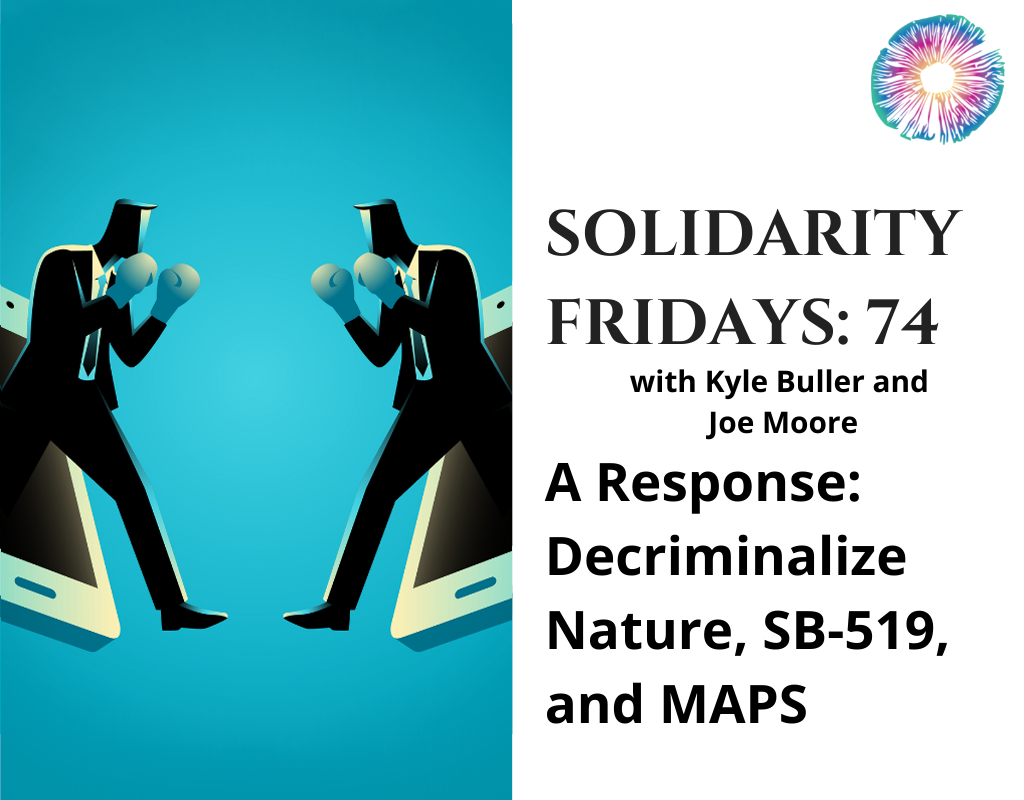

 Dr. Devon Christie, MD, is a clinical instructor with the UBC Department of Medicine and has a focused practice in chronic pain. She is a Registered Counsellor emphasizing Relational Somatic Therapy for trauma, and a certified Mindfulness Based Stress Reduction teacher (UCSD) and Interpersonal Mindfulness teacher (UMass). She is trained to deliver both MDMA-assisted therapy for PTSD (MAPS USA) and ketamine-assisted psychotherapy. She is passionate about educating future psychedelic therapists on trauma-informed, relational somatic skills and is co-founder of the Psychedelic Somatic Psychotherapy training program. She also teaches for the California Institute of Integral Studies (CIIS) Certificate Program in Psychedelic Therapy and Research, the Integrative Psychiatry Institute Certificate Program in Psychedelic Assisted Therapy, and the ONCA Foundation Psychedelic Therapy program. She is currently Principal Investigator and study therapist for a Canadian MAPS-sponsored open-label compassionate access study investigating MDMA-assisted therapy for PTSD, co-investigator on a study investigating MDMA-assisted therapy for fibromyalgia, and is the Medical and Therapeutic Services Director with Numinus Wellness Inc.
Dr. Devon Christie, MD, is a clinical instructor with the UBC Department of Medicine and has a focused practice in chronic pain. She is a Registered Counsellor emphasizing Relational Somatic Therapy for trauma, and a certified Mindfulness Based Stress Reduction teacher (UCSD) and Interpersonal Mindfulness teacher (UMass). She is trained to deliver both MDMA-assisted therapy for PTSD (MAPS USA) and ketamine-assisted psychotherapy. She is passionate about educating future psychedelic therapists on trauma-informed, relational somatic skills and is co-founder of the Psychedelic Somatic Psychotherapy training program. She also teaches for the California Institute of Integral Studies (CIIS) Certificate Program in Psychedelic Therapy and Research, the Integrative Psychiatry Institute Certificate Program in Psychedelic Assisted Therapy, and the ONCA Foundation Psychedelic Therapy program. She is currently Principal Investigator and study therapist for a Canadian MAPS-sponsored open-label compassionate access study investigating MDMA-assisted therapy for PTSD, co-investigator on a study investigating MDMA-assisted therapy for fibromyalgia, and is the Medical and Therapeutic Services Director with Numinus Wellness Inc.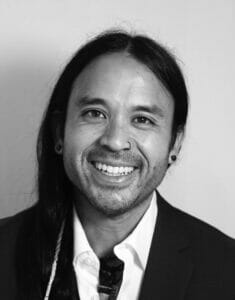
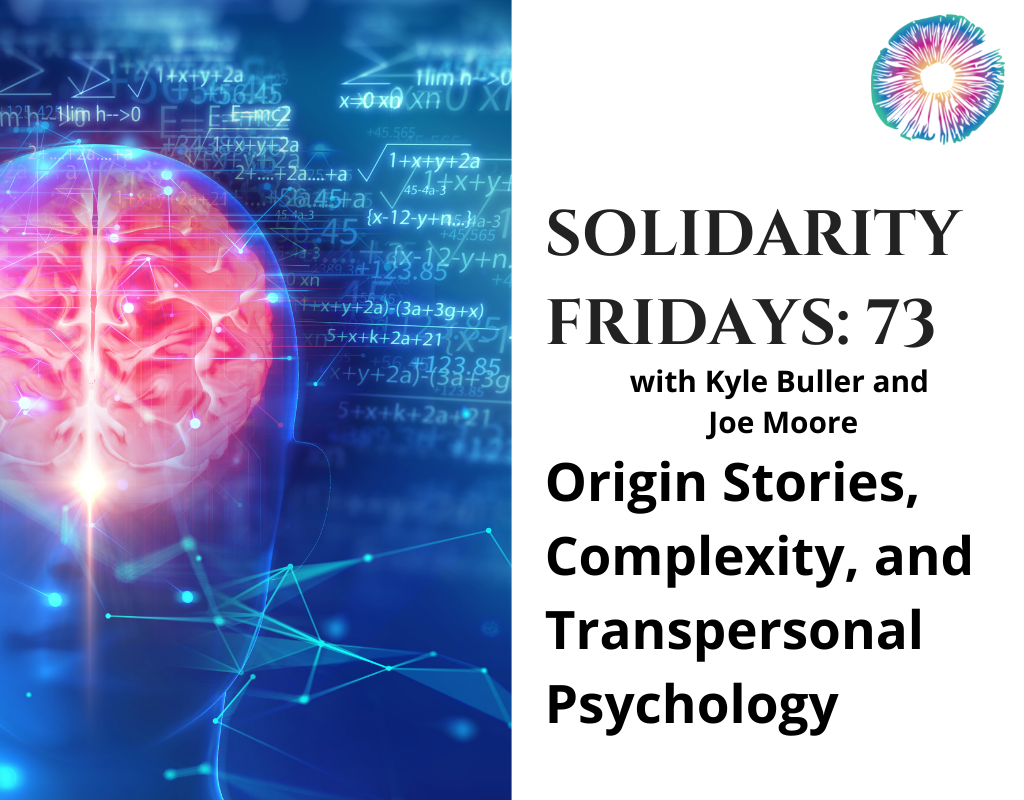
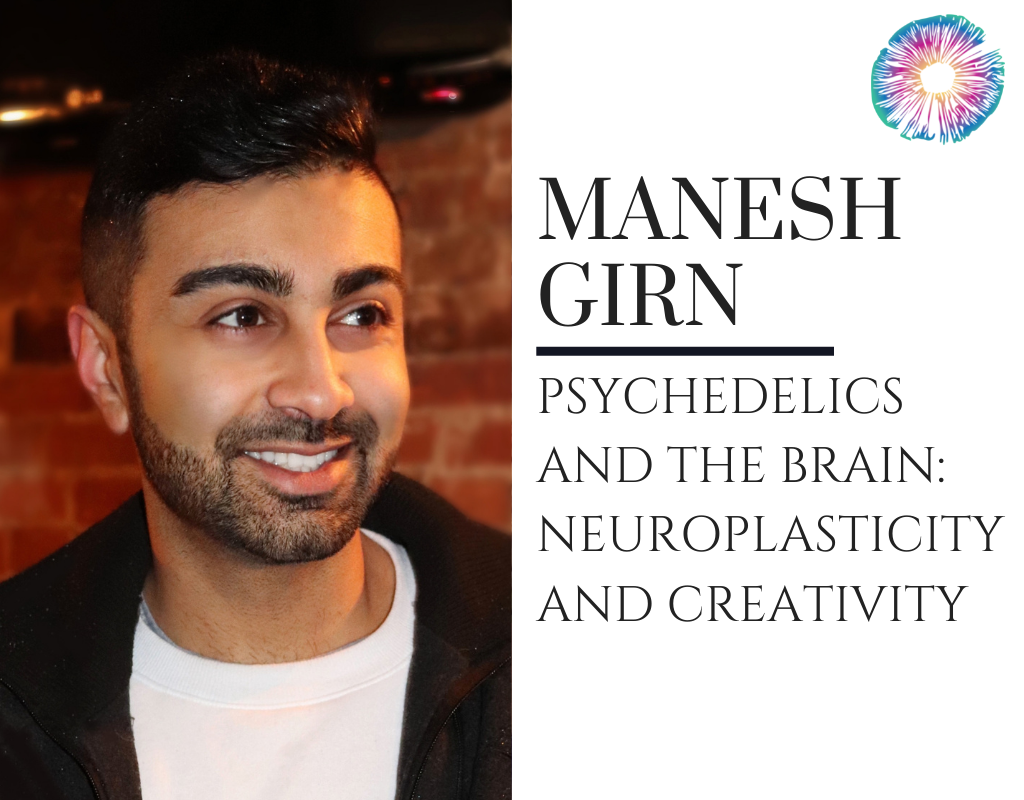
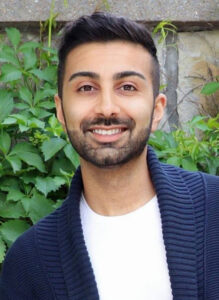 Manesh is a Ph.D. candidate in Neuroscience at McGill University and has been lead or co-author on over a dozen scientific publications and book chapters on topics including psychedelics, meditation, mind-wandering, and the default-mode network. His Ph.D. dissertation focuses on the default-mode network and he is also conducting research on the brain mechanisms underlying LSD, psilocybin, and DMT in collaboration with Dr. Robin Carhart-Harris and others from the Imperial College London Center for Psychedelic Research. In his free time, he also runs a YouTube channel,
Manesh is a Ph.D. candidate in Neuroscience at McGill University and has been lead or co-author on over a dozen scientific publications and book chapters on topics including psychedelics, meditation, mind-wandering, and the default-mode network. His Ph.D. dissertation focuses on the default-mode network and he is also conducting research on the brain mechanisms underlying LSD, psilocybin, and DMT in collaboration with Dr. Robin Carhart-Harris and others from the Imperial College London Center for Psychedelic Research. In his free time, he also runs a YouTube channel, 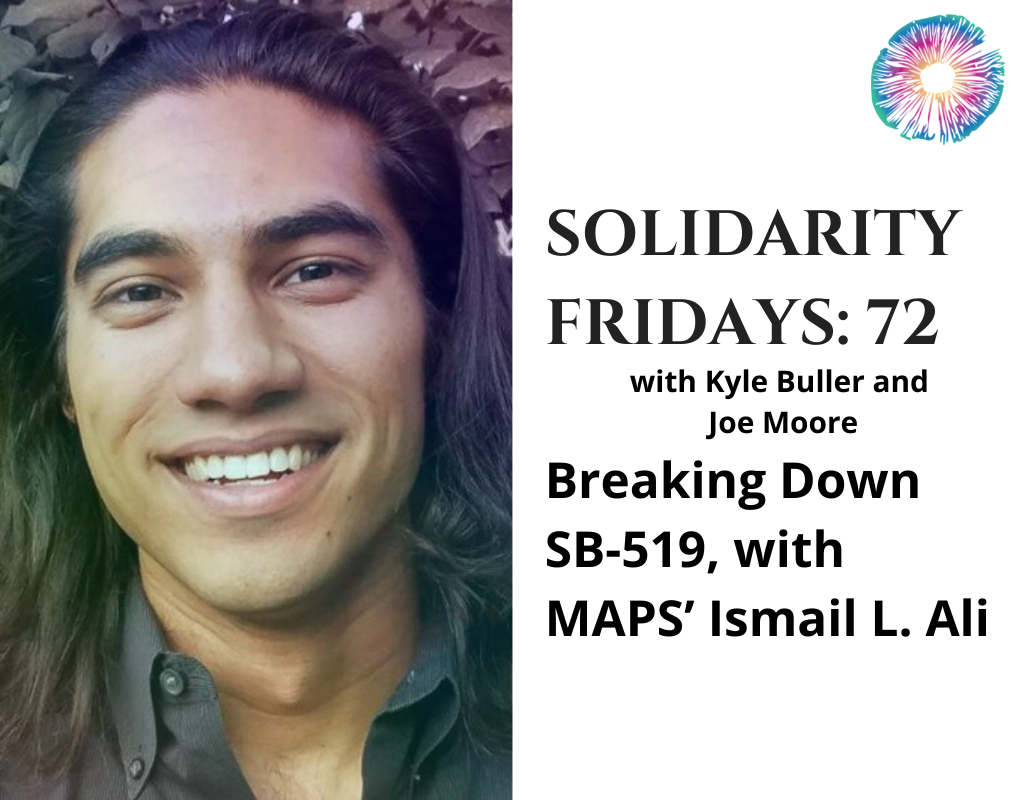
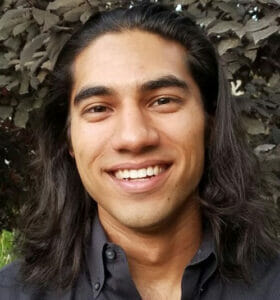 Ismail L. Ali is Policy & Advocacy Counsel for MAPS, where he advocates to eliminate barriers to psychedelic therapy and research, develops and implements legal and policy strategy, and coordinates support for clinical research in Latin America. Ismail is licensed to practice law in the state of California and also serves as Vice-Chair of the Students for Sensible Drug Policy Board of Directors. Ismail earned his J.D. at the University of California, Berkeley School of Law in 2016, after receiving his Bachelor’s in Philosophy from California State University, Fresno, in 2012, where he also studied writing and Spanish-language literature. As a law student, Ismail served as co-lead of Berkeley Law’s chapter of Students for Sensible Drug Policy and worked for the ACLU of Northern California’s Criminal Justice and Drug Policy Project, and the International Human Rights Law Clinic at Berkeley Law. To first support his work at MAPS, Ismail received Berkeley Law’s Public Interest Fellowship. Ismail believes that psychedelic consciousness is a crucial piece of challenging oppression in all of its forms, and that legal access to psychedelics is an essential part of a progressive drug policy paradigm. He hopes to help develop and advocate for just, equitable, and creative alternatives to the failed war on drugs.
Ismail L. Ali is Policy & Advocacy Counsel for MAPS, where he advocates to eliminate barriers to psychedelic therapy and research, develops and implements legal and policy strategy, and coordinates support for clinical research in Latin America. Ismail is licensed to practice law in the state of California and also serves as Vice-Chair of the Students for Sensible Drug Policy Board of Directors. Ismail earned his J.D. at the University of California, Berkeley School of Law in 2016, after receiving his Bachelor’s in Philosophy from California State University, Fresno, in 2012, where he also studied writing and Spanish-language literature. As a law student, Ismail served as co-lead of Berkeley Law’s chapter of Students for Sensible Drug Policy and worked for the ACLU of Northern California’s Criminal Justice and Drug Policy Project, and the International Human Rights Law Clinic at Berkeley Law. To first support his work at MAPS, Ismail received Berkeley Law’s Public Interest Fellowship. Ismail believes that psychedelic consciousness is a crucial piece of challenging oppression in all of its forms, and that legal access to psychedelics is an essential part of a progressive drug policy paradigm. He hopes to help develop and advocate for just, equitable, and creative alternatives to the failed war on drugs.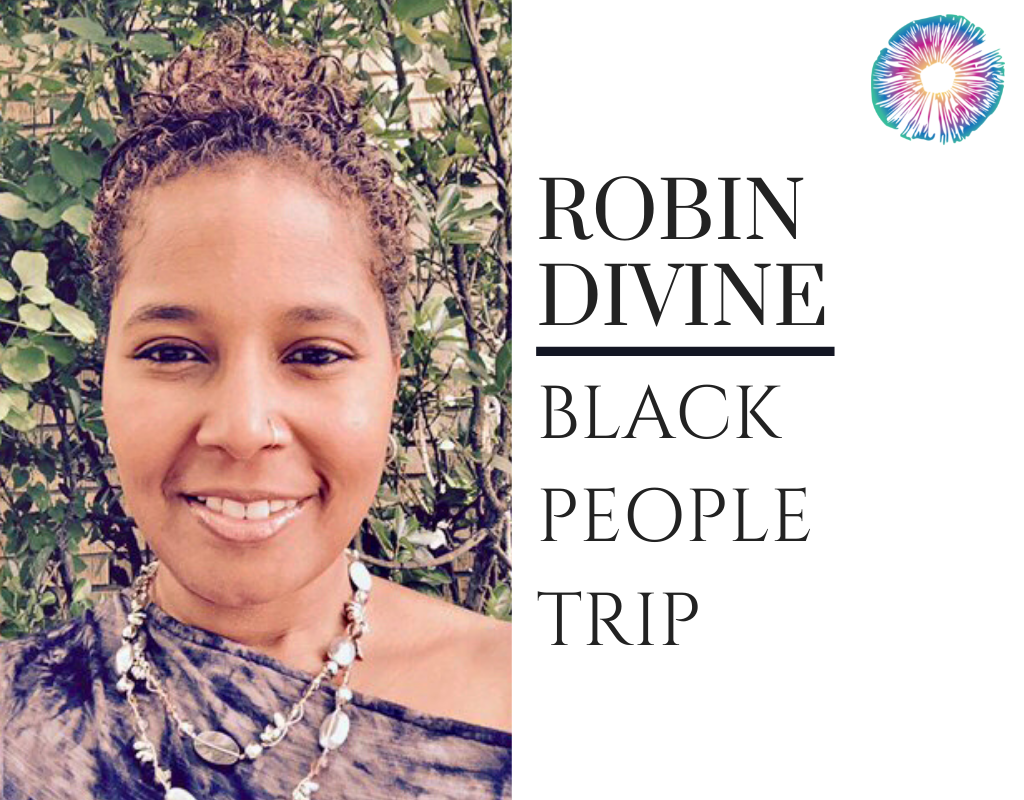
 Robin Divine is a writer, psychedelic advocate, and the creator of
Robin Divine is a writer, psychedelic advocate, and the creator of 
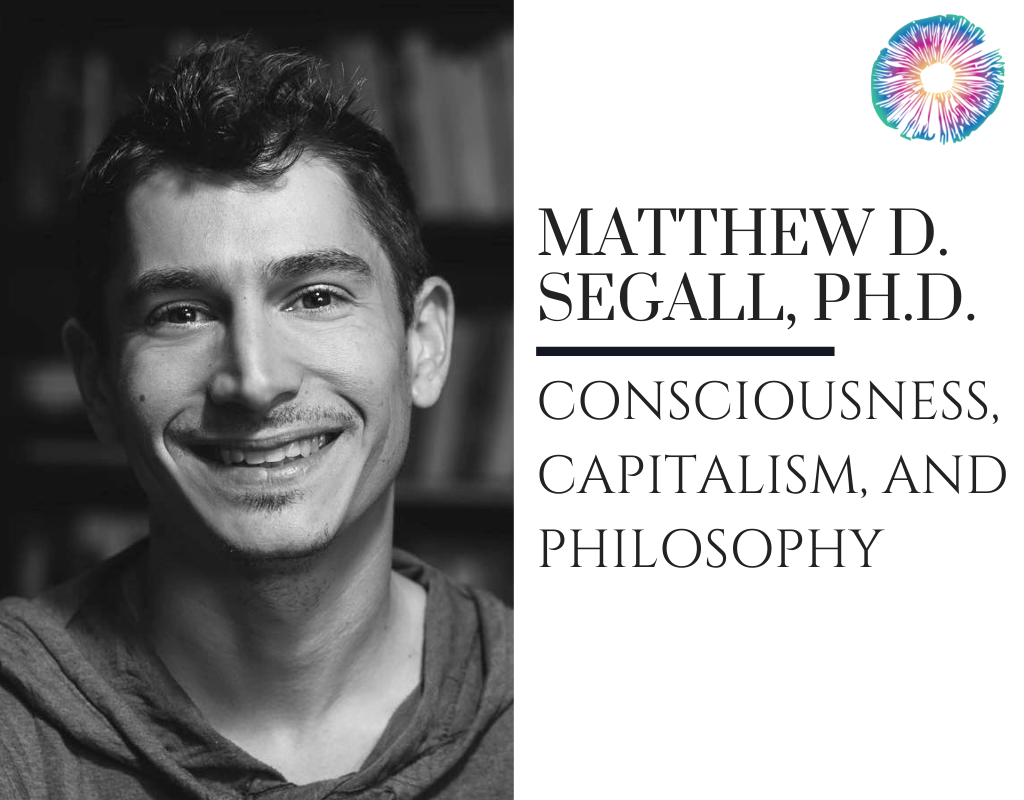
 Matthew D. Segall, PhD, is assistant professor in the Philosophy, Cosmology, and Consciousness program at California Institute of Integral Studies in San Francisco, where he teaches courses primarily on German Idealism and Alfred North Whitehead’s process philosophy. He is the author of Physics of the World-Soul: Whitehead’s Adventure in Cosmology (2021) and has published journal articles and book chapters on a wide range of topics including panpsychist metaphysics, media theory, the philosophy of biology, the evolution of religion, and psychedelics. He blogs regularly at
Matthew D. Segall, PhD, is assistant professor in the Philosophy, Cosmology, and Consciousness program at California Institute of Integral Studies in San Francisco, where he teaches courses primarily on German Idealism and Alfred North Whitehead’s process philosophy. He is the author of Physics of the World-Soul: Whitehead’s Adventure in Cosmology (2021) and has published journal articles and book chapters on a wide range of topics including panpsychist metaphysics, media theory, the philosophy of biology, the evolution of religion, and psychedelics. He blogs regularly at 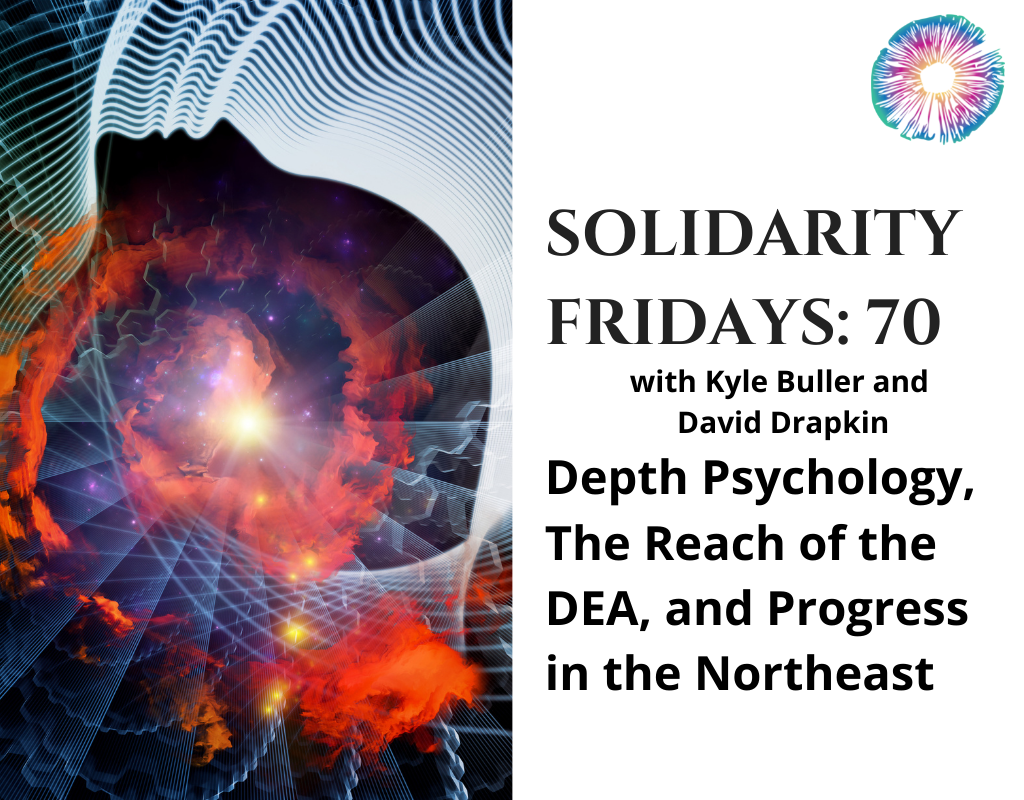

 asmine Virdi is a freelance writer in the psychedelic space. Since 2018, she has been working for the independent publishing company
asmine Virdi is a freelance writer in the psychedelic space. Since 2018, she has been working for the independent publishing company 
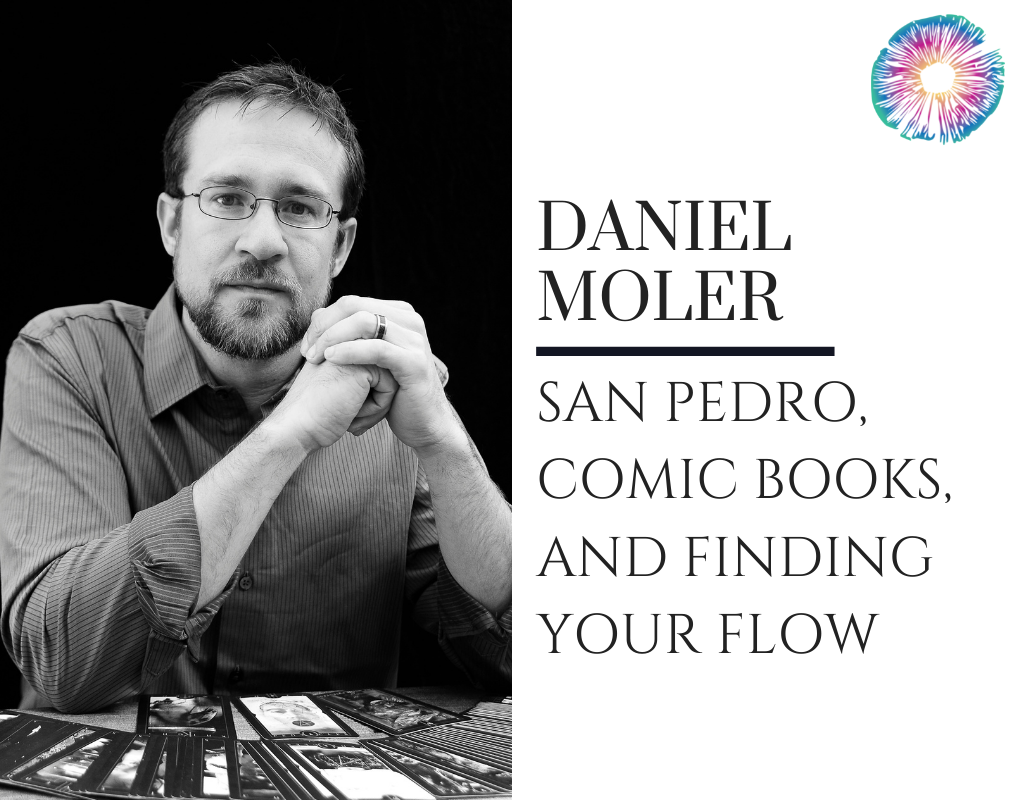
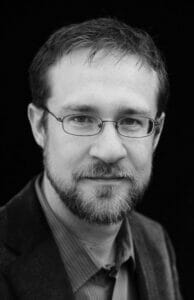 Daniel Moler
Daniel Moler 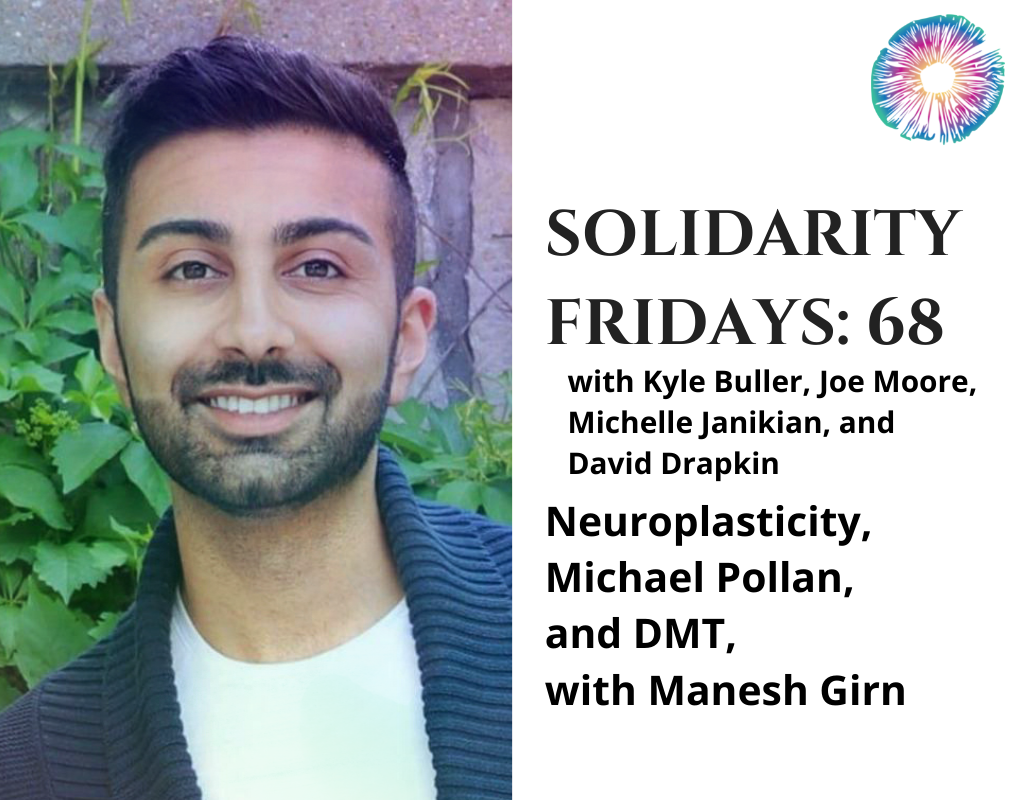
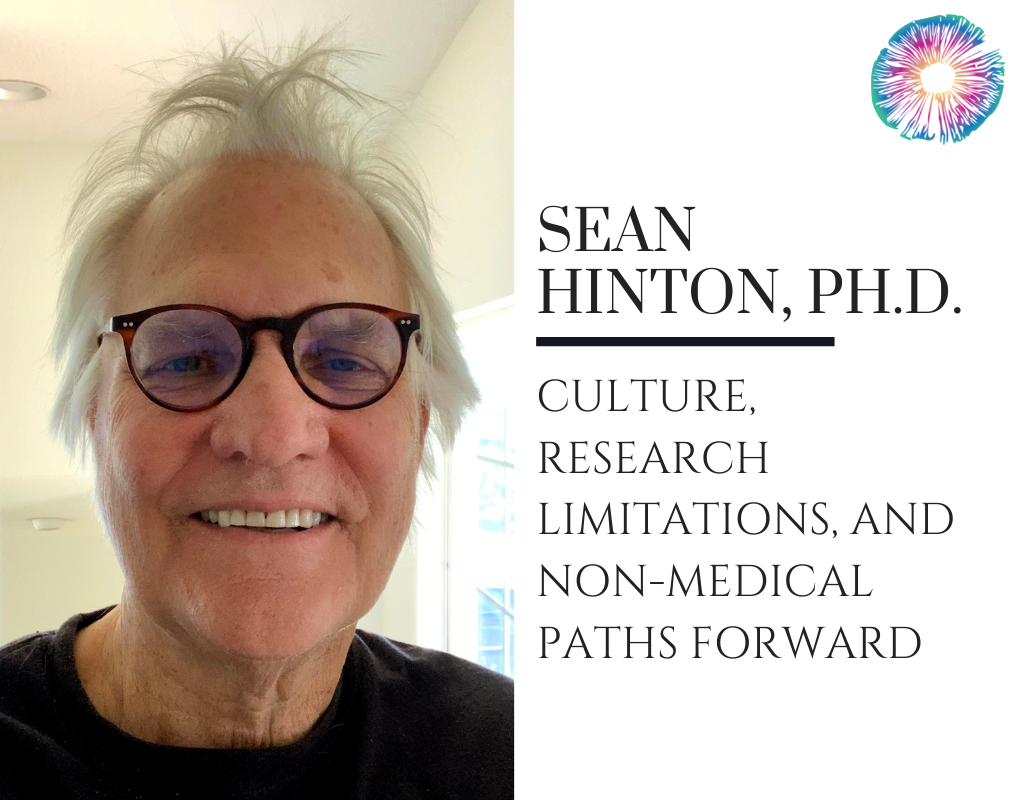
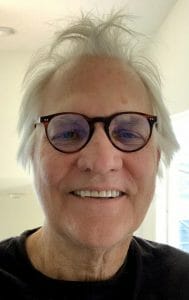 Sean Hinton is a psychologist counseling individuals in their personal and spiritual growth, an executive consultant to business leaders, and a lecturer and graduate school instructor in psychology.
Sean Hinton is a psychologist counseling individuals in their personal and spiritual growth, an executive consultant to business leaders, and a lecturer and graduate school instructor in psychology. 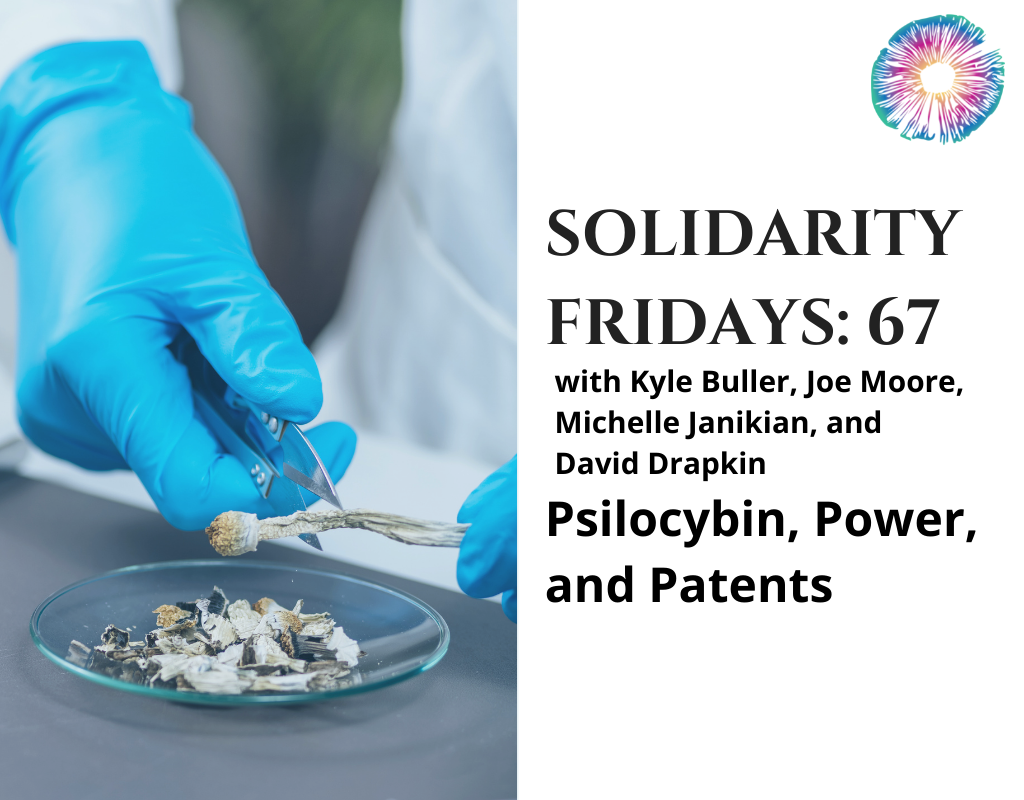

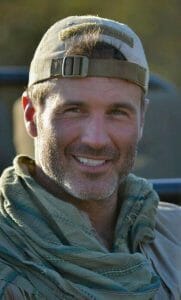 Originally from the Pacific Northwest and raised in a little logging town on the Columbia River, Joel Lambert grew up performing on stage and in commercials before selling all he had and running off to join the armed forces, where he served as a Navy SEAL for ten years, earning distinction and experiencing combat in places like Kosovo and Afghanistan. Returning home decorated and serving as a lead Instructor at BUD/S, the screening and selection school for men aspiring to join the elite Navy SEALs, he was drawn back into the world of film and television.
Originally from the Pacific Northwest and raised in a little logging town on the Columbia River, Joel Lambert grew up performing on stage and in commercials before selling all he had and running off to join the armed forces, where he served as a Navy SEAL for ten years, earning distinction and experiencing combat in places like Kosovo and Afghanistan. Returning home decorated and serving as a lead Instructor at BUD/S, the screening and selection school for men aspiring to join the elite Navy SEALs, he was drawn back into the world of film and television.
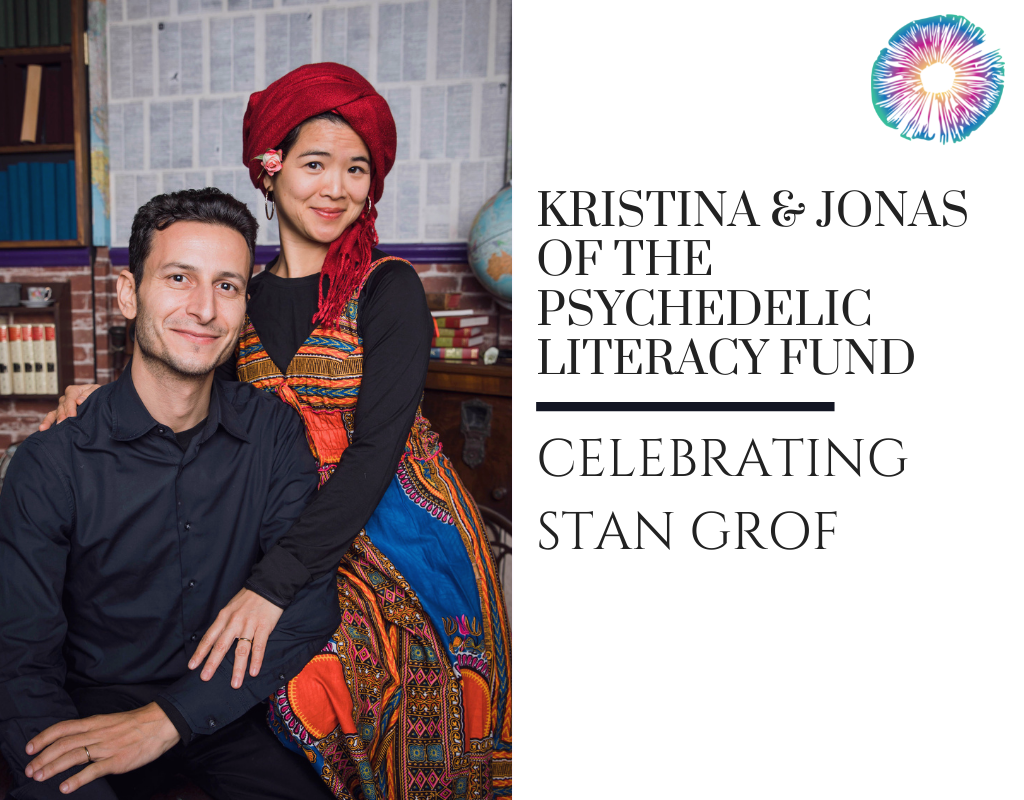
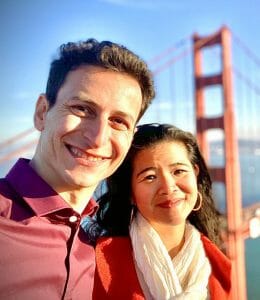 Husband-and-wife team, Jonas Di Gregorio and Kristina Soriano, established the
Husband-and-wife team, Jonas Di Gregorio and Kristina Soriano, established the 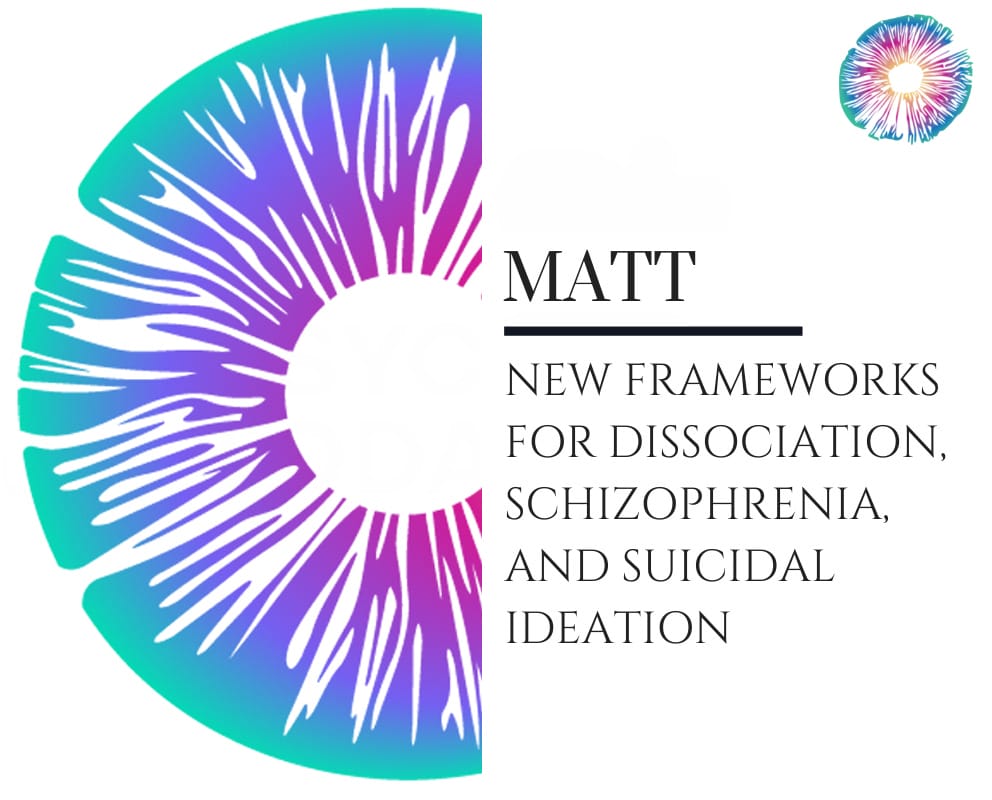


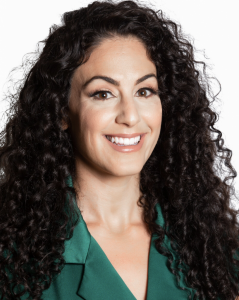 Hadas Alterman is an Israeli-American attorney, born in Jerusalem and raised in the San Francisco Bay Area. She has a J.D. from Berkeley Law and a B.A. in Community Studies/Agriculture & Social Justice from the University of California at Santa Cruz. Prior to founding Plant Medicine Law Group, she worked with a leading cannabis law firm in San Francisco. Hadas was the Policy Director of NYMHA, an organization that she co-founded that successfully lobbied for the introduction of a New York bill to decriminalize psilocybin by statute, and is a Board Member of the Psychedelic Bar Association. She also serves on the Equity Subcommittee of the Oregon Psilocybin Advisory Board.
Hadas Alterman is an Israeli-American attorney, born in Jerusalem and raised in the San Francisco Bay Area. She has a J.D. from Berkeley Law and a B.A. in Community Studies/Agriculture & Social Justice from the University of California at Santa Cruz. Prior to founding Plant Medicine Law Group, she worked with a leading cannabis law firm in San Francisco. Hadas was the Policy Director of NYMHA, an organization that she co-founded that successfully lobbied for the introduction of a New York bill to decriminalize psilocybin by statute, and is a Board Member of the Psychedelic Bar Association. She also serves on the Equity Subcommittee of the Oregon Psilocybin Advisory Board.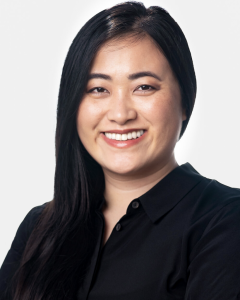 Serena Wu is a Chinese-American lawyer, born in Hainan and raised in Los Angeles. She has a J.D. from Harvard University Law School and a B.A. in Media Studies from University of California, Berkeley. Serena began her legal career at Davis Polk & Wardwell LLP in New York City as a litigation associate, and is deeply committed to increasing equitable access to alternative healing, including psychedelic plant medicines. She is the founder of @womeninpsychedelics, an Instagram account that showcases the contributions, voices, and experiences of women in the psychedelics space, and Asian Psychedelics Society (“APS”), a group dedicated to discussions about psychedelics and mental health in the AAPI community.
Serena Wu is a Chinese-American lawyer, born in Hainan and raised in Los Angeles. She has a J.D. from Harvard University Law School and a B.A. in Media Studies from University of California, Berkeley. Serena began her legal career at Davis Polk & Wardwell LLP in New York City as a litigation associate, and is deeply committed to increasing equitable access to alternative healing, including psychedelic plant medicines. She is the founder of @womeninpsychedelics, an Instagram account that showcases the contributions, voices, and experiences of women in the psychedelics space, and Asian Psychedelics Society (“APS”), a group dedicated to discussions about psychedelics and mental health in the AAPI community. 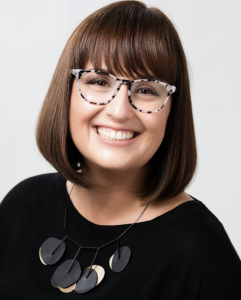 Adriana Kertzer is a Brazilian-American attorney, born and raised in São Paulo. Adriana has a J.D. from the Georgetown University Law Center, a B.A. from Brown University in Judaic Studies and International Relations, and an M.A. from Parsons The New School for Design. She began her legal career as a corporate associate on Simpson Thacher & Bartlett’s Latin American capital markets team. She was Senior Advisor to the Senior Deputy Chairman at the National Endowment for the Arts under President Obama, is on the board of Doctors for Cannabis Regulation, and is the author of the book
Adriana Kertzer is a Brazilian-American attorney, born and raised in São Paulo. Adriana has a J.D. from the Georgetown University Law Center, a B.A. from Brown University in Judaic Studies and International Relations, and an M.A. from Parsons The New School for Design. She began her legal career as a corporate associate on Simpson Thacher & Bartlett’s Latin American capital markets team. She was Senior Advisor to the Senior Deputy Chairman at the National Endowment for the Arts under President Obama, is on the board of Doctors for Cannabis Regulation, and is the author of the book 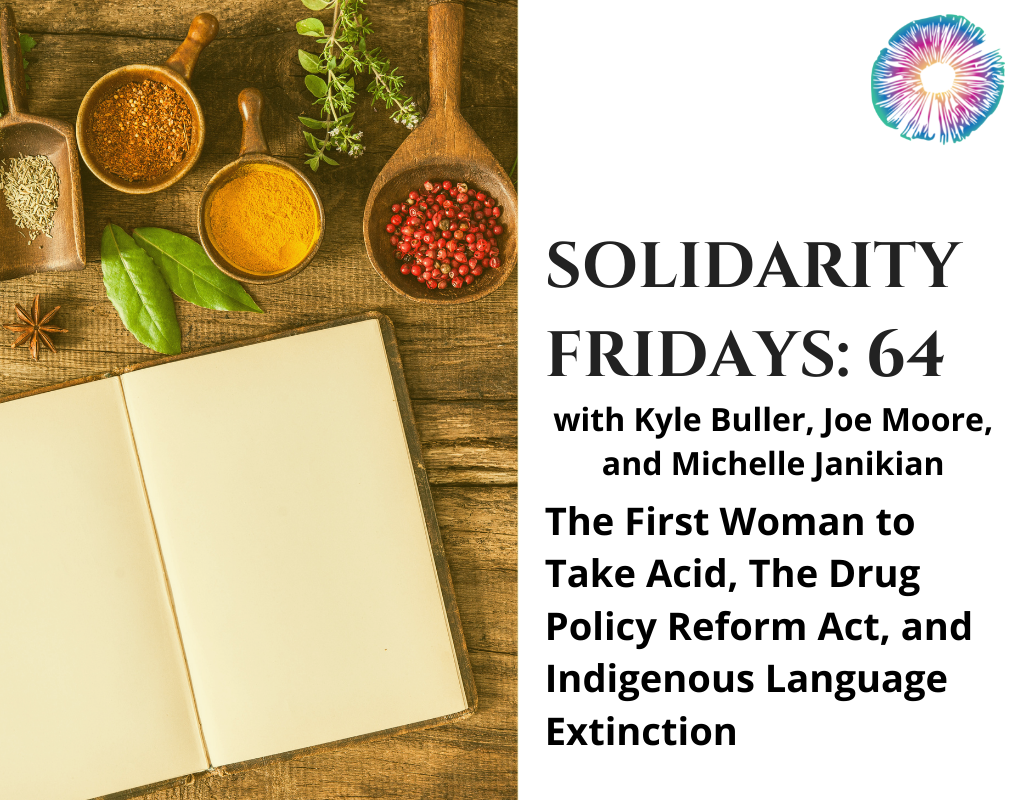
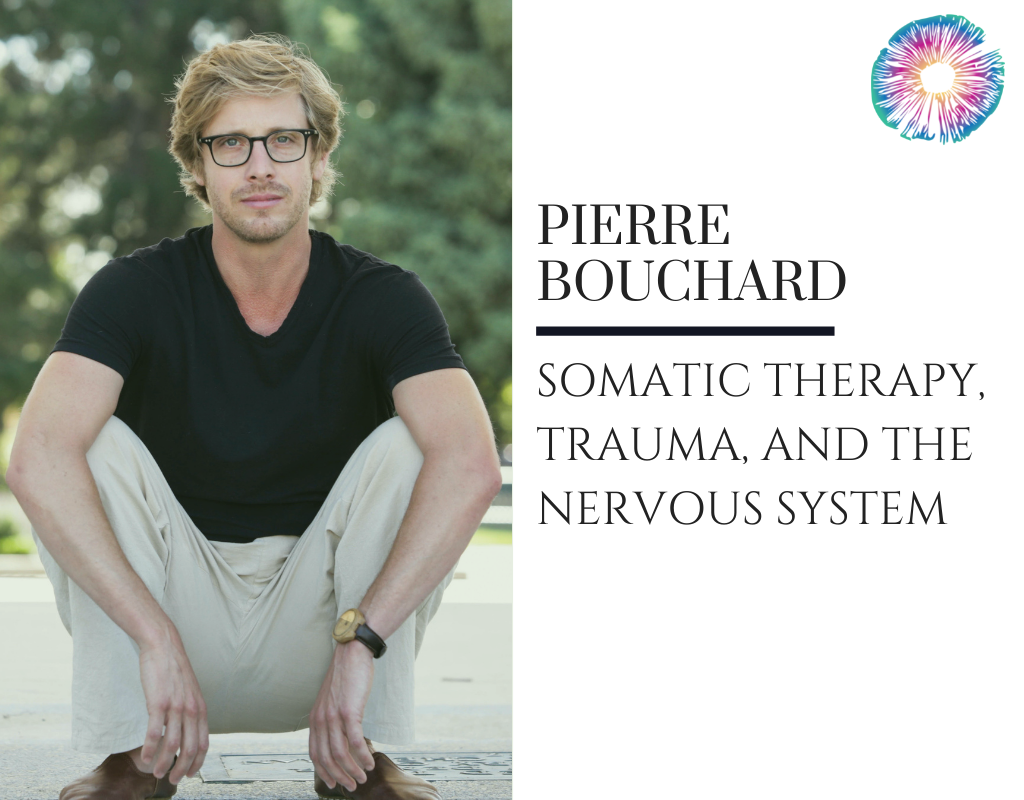
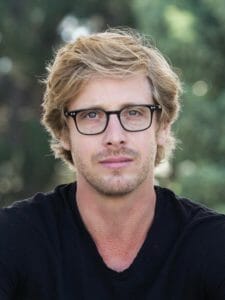 Pierre Bouchard is a Licensed Professional Counselor with a private practice in Boulder and Denver, CO. He specializes in blending somatics, embodiment, attachment theory, and trauma therapy with ketamine-assisted psychotherapy. A graduate of Naropa University (in Contemplative Psychotherapy), he has trained in several somatic psychotherapy modalities, most recently the Hakomi Method under Melissa Grace, and currently, in Ido Portal’s movement system at Boulder Movement Collective. He has maintained a meditation practice for 19 years, is working on opening a ketamine clinic, and in his spare time, works as a vinyl DJ.
Pierre Bouchard is a Licensed Professional Counselor with a private practice in Boulder and Denver, CO. He specializes in blending somatics, embodiment, attachment theory, and trauma therapy with ketamine-assisted psychotherapy. A graduate of Naropa University (in Contemplative Psychotherapy), he has trained in several somatic psychotherapy modalities, most recently the Hakomi Method under Melissa Grace, and currently, in Ido Portal’s movement system at Boulder Movement Collective. He has maintained a meditation practice for 19 years, is working on opening a ketamine clinic, and in his spare time, works as a vinyl DJ.
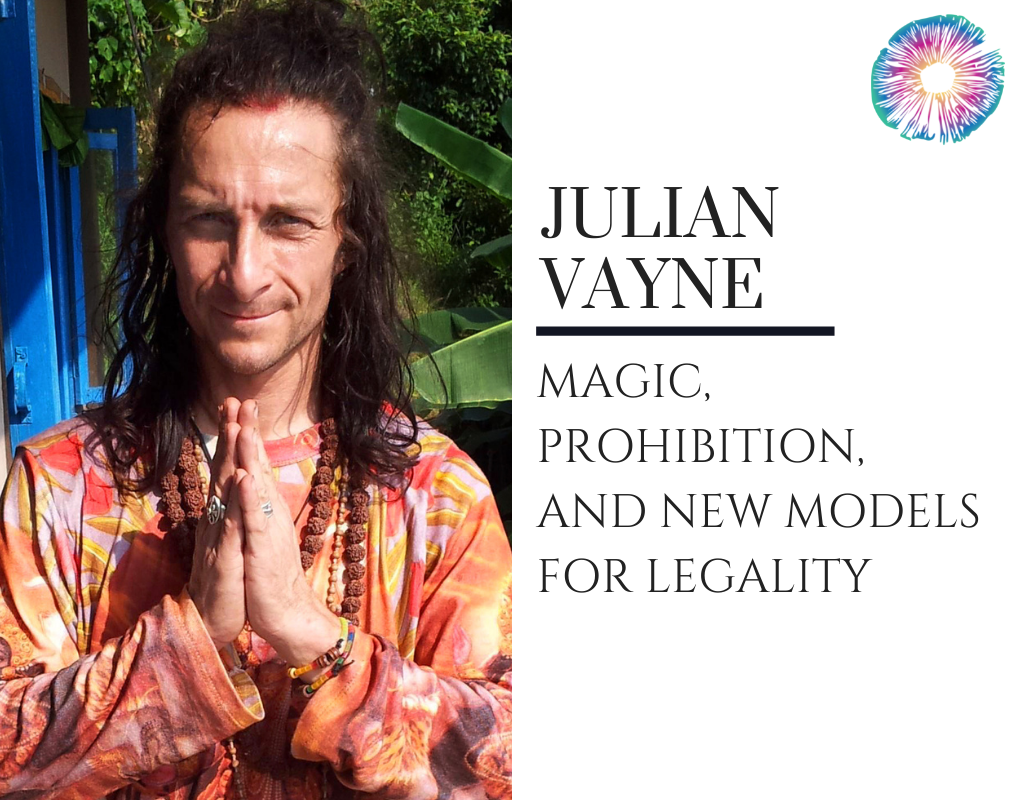
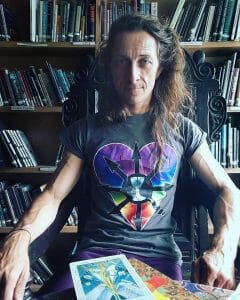 Julian Vayne is widely recognized as one of Britain’s leading occultists. He is an independent scholar and author with over three decades of experience within esoteric culture: from Druidry to Chaos Magic, from indigenous Shamanism through to Freemasonry and Witchcraft. He is a senior member of the Magical Pact of the Illuminates of Thanateros, a co-organizer of the psychedelic conference, Breaking Convention, a Trustee of The Psychedelic Museum Project, a founding member of the post-prohibition think-tank, Transform, sits on the academic board of The Journal of Psychedelic Studies, and has been a visiting lecturer at several British universities. He is an advocate of post-prohibition culture and supporter of psychedelic prisoners through the Scales project. Julian facilitates psychedelic ceremony, as well as providing one-to-one psychedelic integration sessions and support. He is the author of Getting Higher: The Manual of Psychedelic Ceremony, and since 2011, he has been sharing his work through his blog, The Blog of Baphomet.
Julian Vayne is widely recognized as one of Britain’s leading occultists. He is an independent scholar and author with over three decades of experience within esoteric culture: from Druidry to Chaos Magic, from indigenous Shamanism through to Freemasonry and Witchcraft. He is a senior member of the Magical Pact of the Illuminates of Thanateros, a co-organizer of the psychedelic conference, Breaking Convention, a Trustee of The Psychedelic Museum Project, a founding member of the post-prohibition think-tank, Transform, sits on the academic board of The Journal of Psychedelic Studies, and has been a visiting lecturer at several British universities. He is an advocate of post-prohibition culture and supporter of psychedelic prisoners through the Scales project. Julian facilitates psychedelic ceremony, as well as providing one-to-one psychedelic integration sessions and support. He is the author of Getting Higher: The Manual of Psychedelic Ceremony, and since 2011, he has been sharing his work through his blog, The Blog of Baphomet.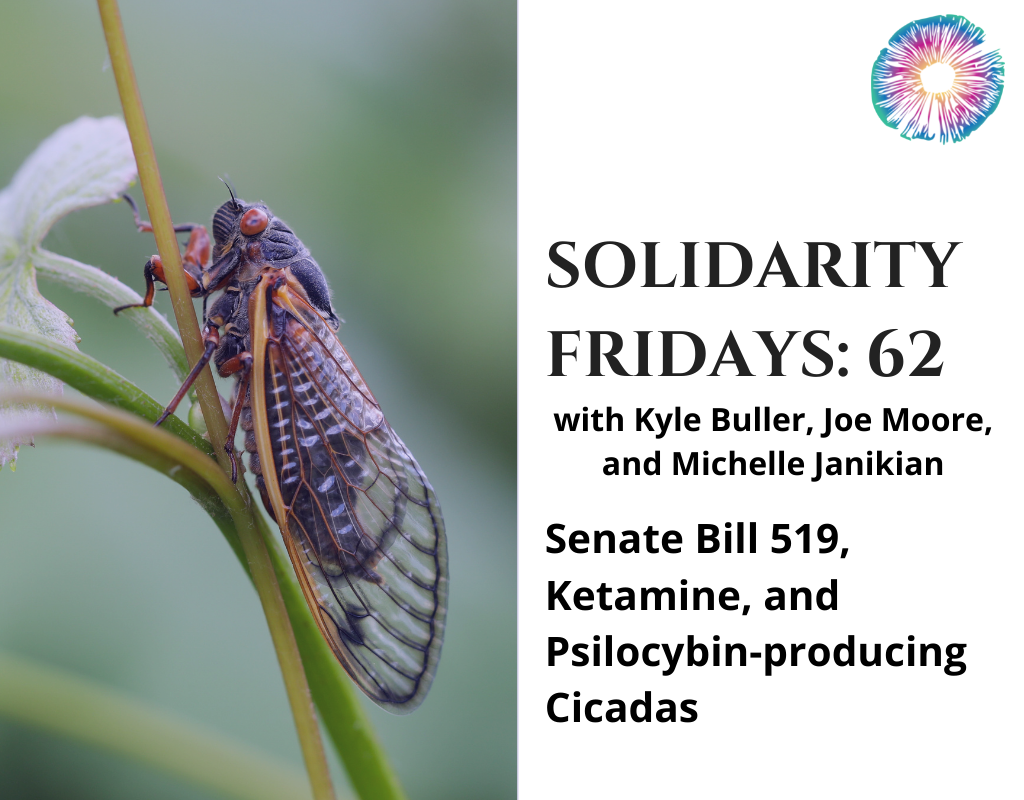

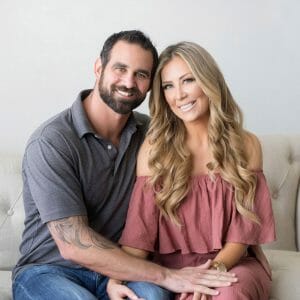



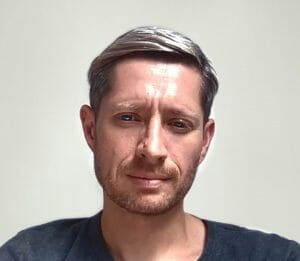
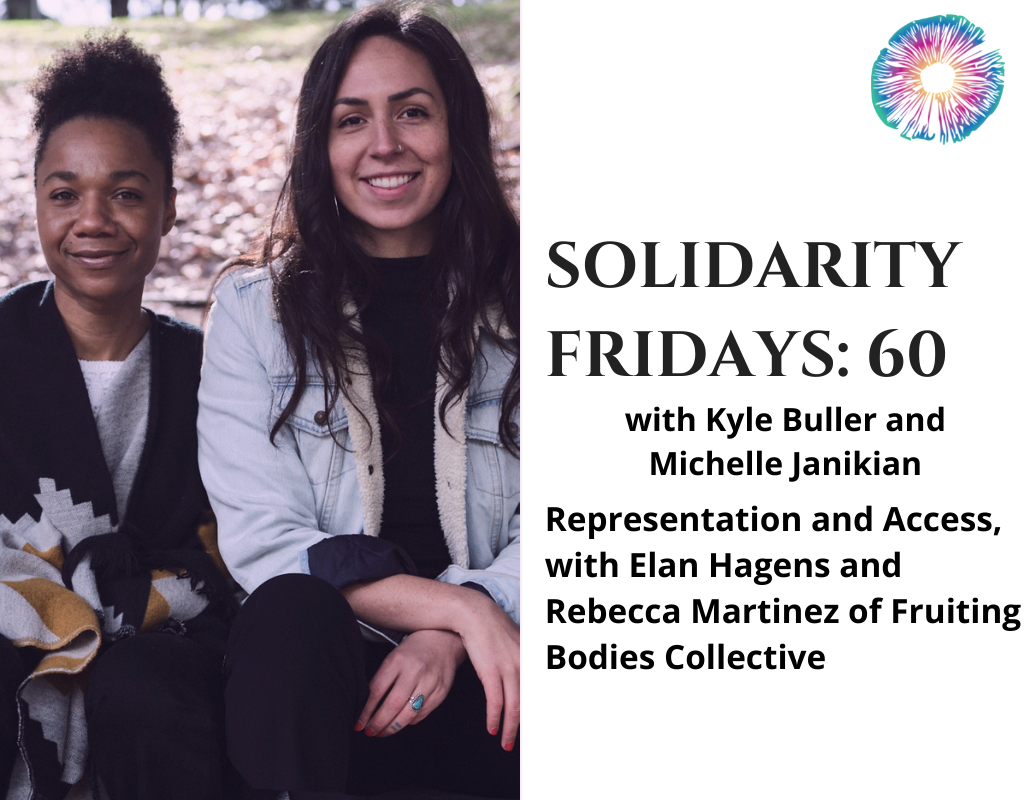

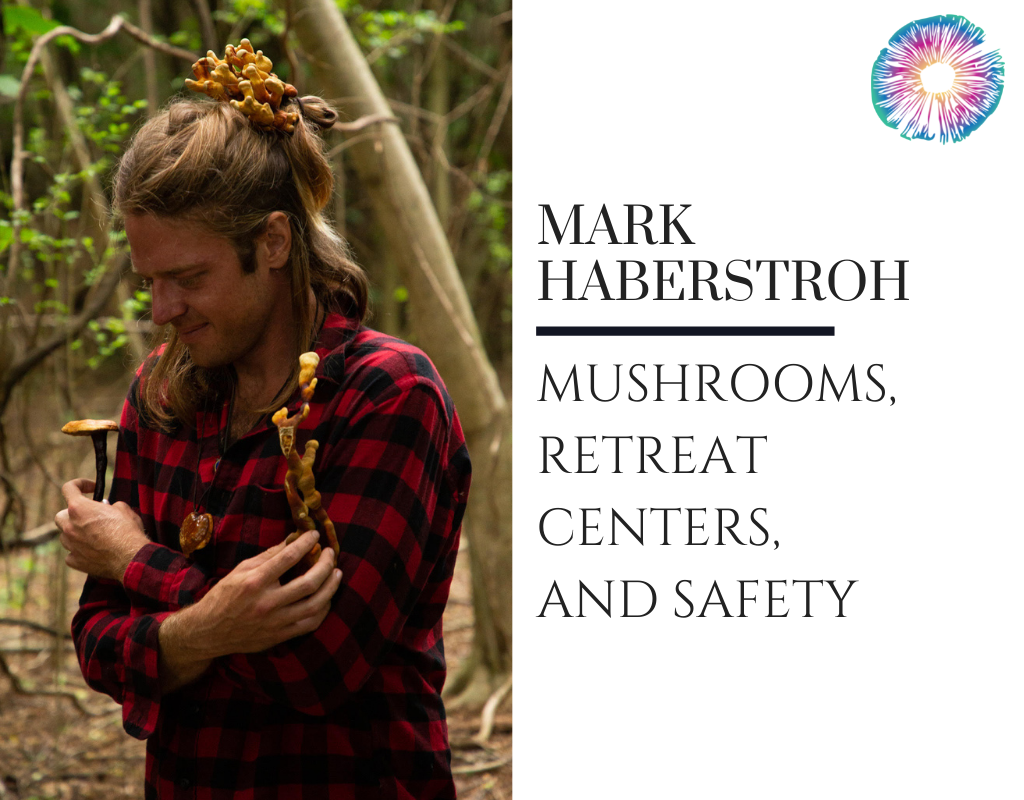
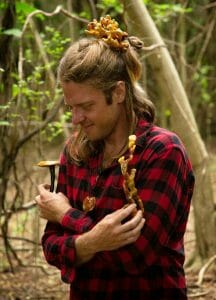
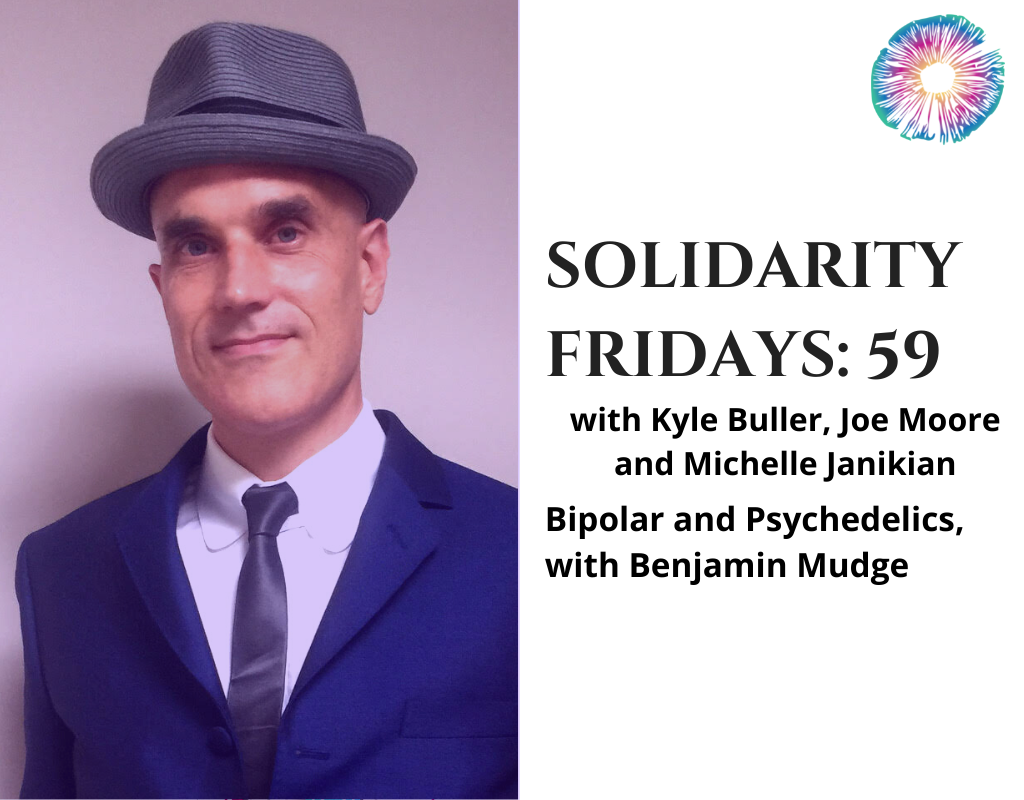
 About Benjamin Mudge
About Benjamin Mudge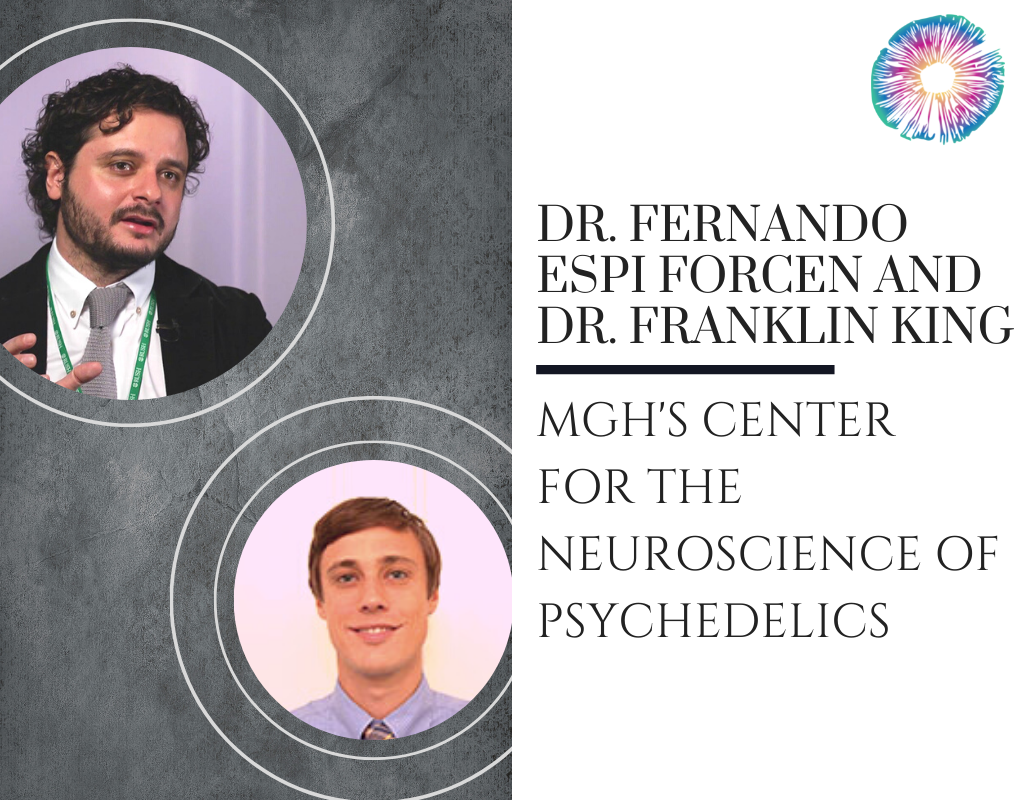
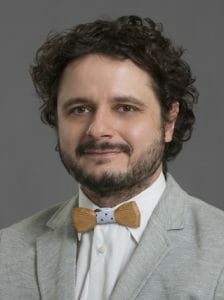
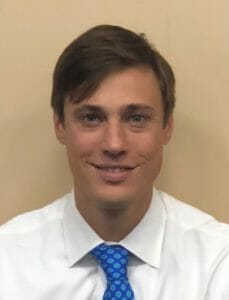 Franklin King IV, MD, is the director of training and education at the Mass General Center for the Neuroscience of Psychedelics and a clinical instructor at Harvard Medical School. His primary clinical and research interest is in the utilization of psychedelic-assisted psychotherapy to treat a variety of chronic psychiatric conditions, including depression and anxiety disorders, and in strategies to optimize these interventions for different patient populations. In addition, Dr. King teaches and supervises residents and fellows at Mass General, and practices clinically as a staff psychiatrist at the Center for Anxiety and Traumatic Stress Disorders as well as on the Acute Psychiatry Service in the Emergency Department.
Franklin King IV, MD, is the director of training and education at the Mass General Center for the Neuroscience of Psychedelics and a clinical instructor at Harvard Medical School. His primary clinical and research interest is in the utilization of psychedelic-assisted psychotherapy to treat a variety of chronic psychiatric conditions, including depression and anxiety disorders, and in strategies to optimize these interventions for different patient populations. In addition, Dr. King teaches and supervises residents and fellows at Mass General, and practices clinically as a staff psychiatrist at the Center for Anxiety and Traumatic Stress Disorders as well as on the Acute Psychiatry Service in the Emergency Department.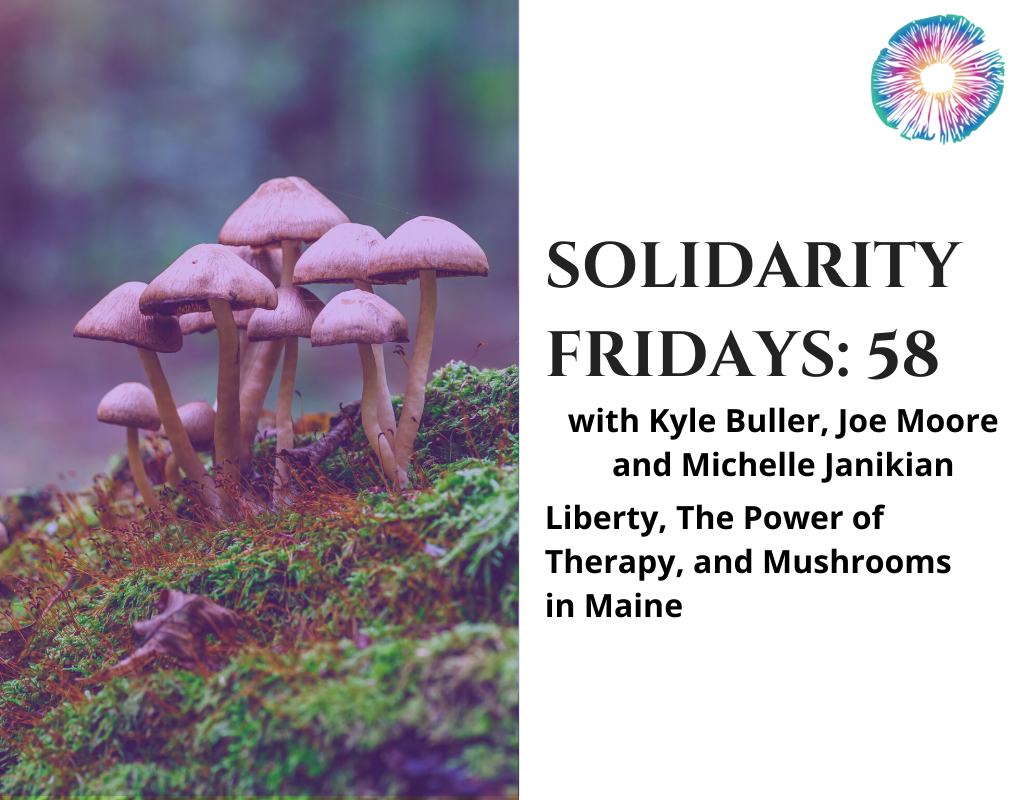
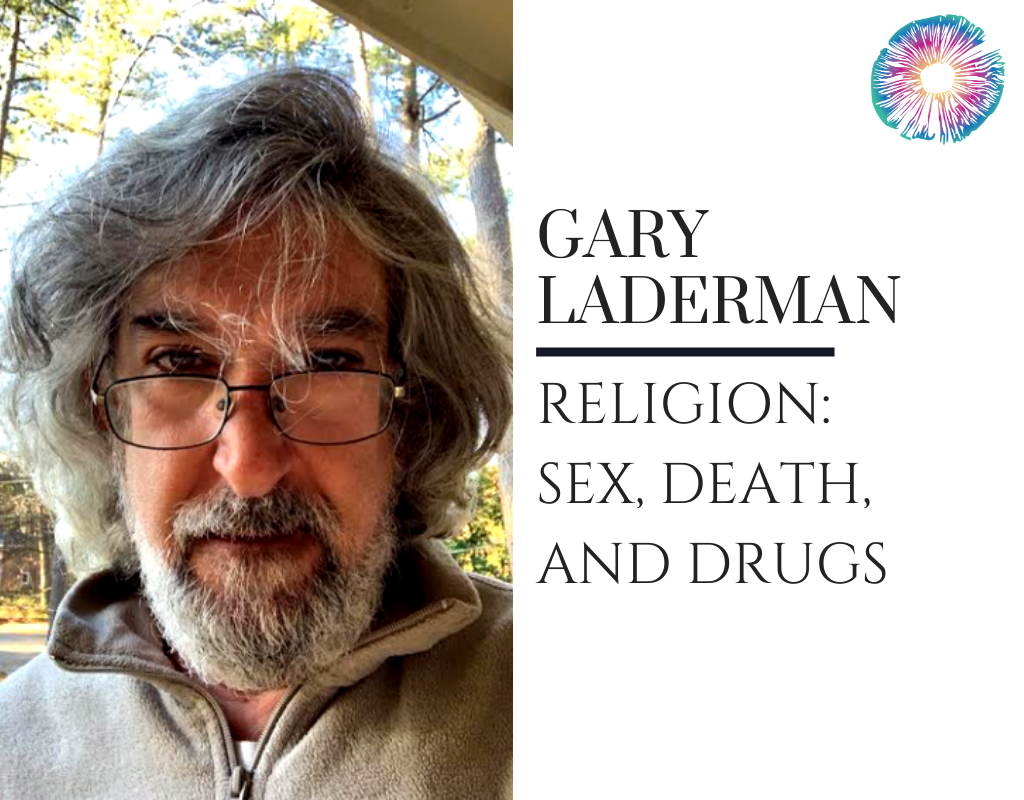
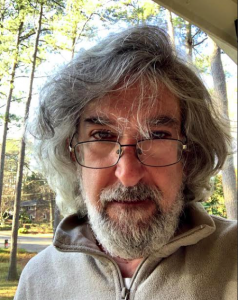 Gary Laderman, Goodrich C. White Professor of American Religious History and Cultures, is the author of the new book, Don’t Think About Death: A Memoir on Mortality (Deeds Publishing, 2020), and hosts the podcast, Sacrilegious.
Gary Laderman, Goodrich C. White Professor of American Religious History and Cultures, is the author of the new book, Don’t Think About Death: A Memoir on Mortality (Deeds Publishing, 2020), and hosts the podcast, Sacrilegious.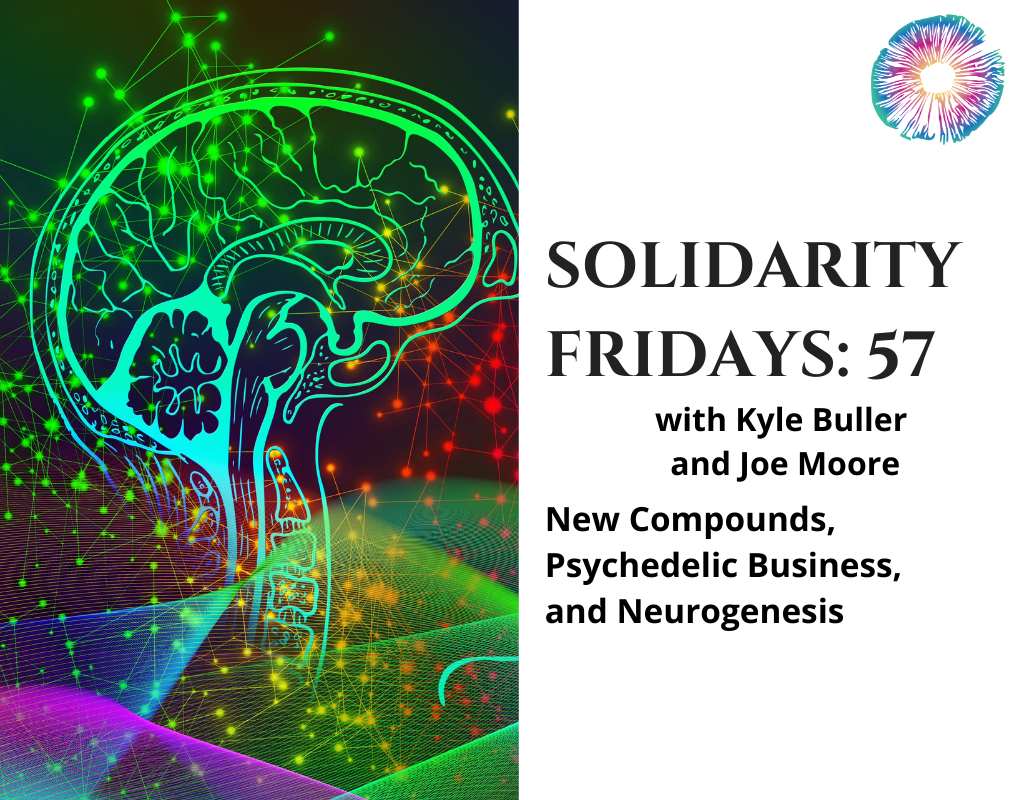
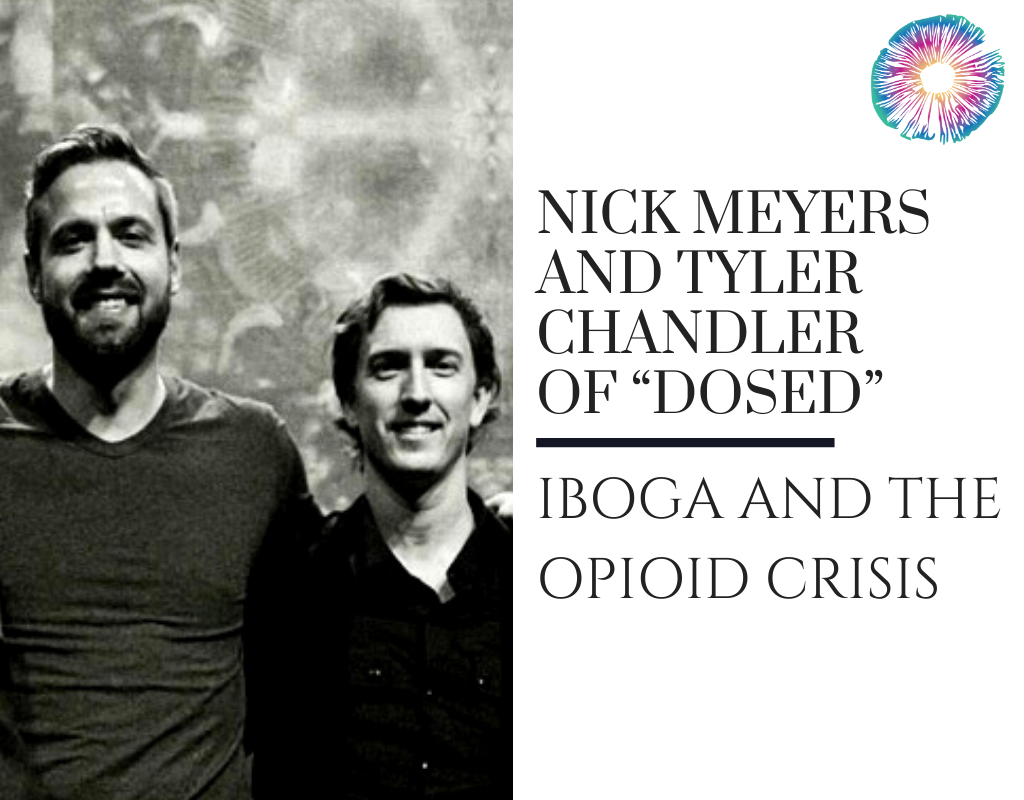
 About Nick Meyers and
About Nick Meyers and 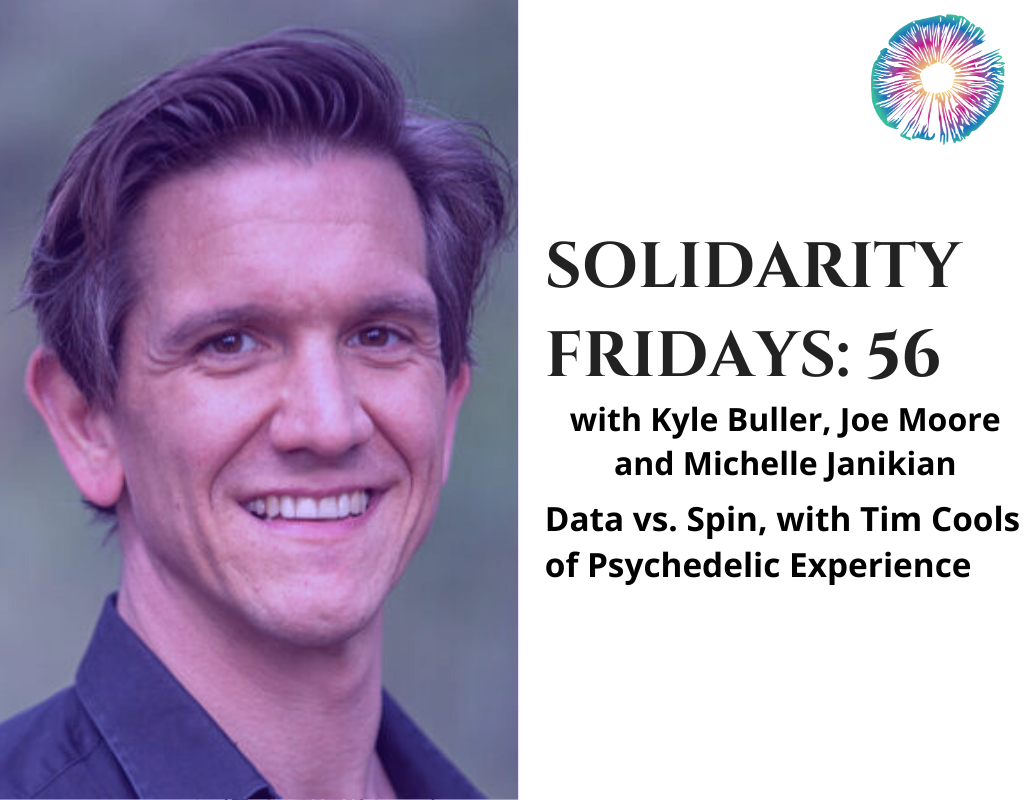
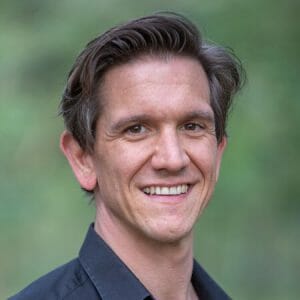 About Tim Cools
About Tim Cools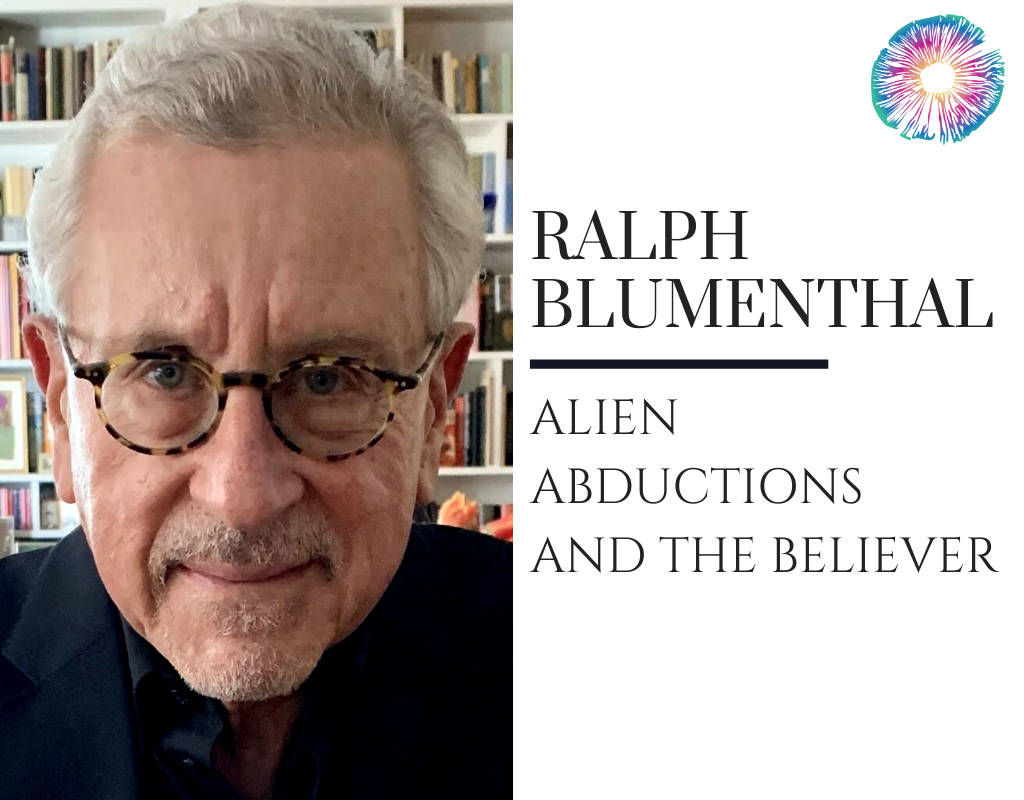
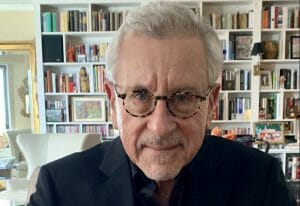 About Ralph Blumenthal
About Ralph Blumenthal
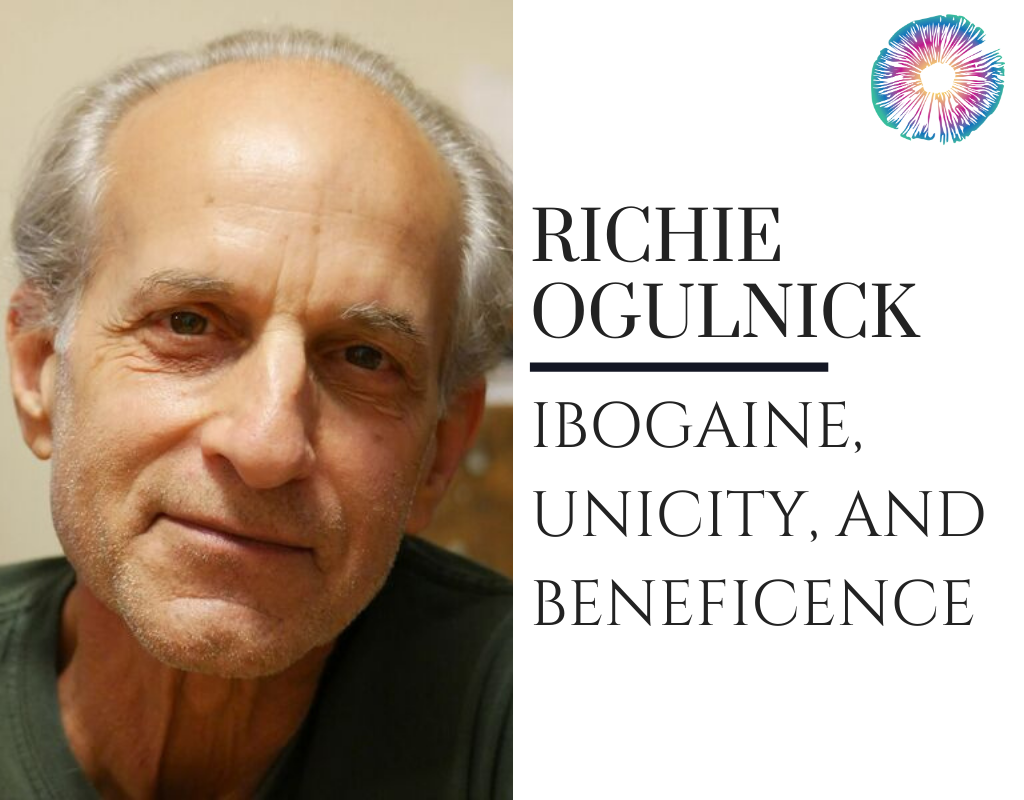
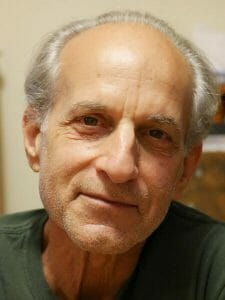 About Richie Ogulnick
About Richie Ogulnick
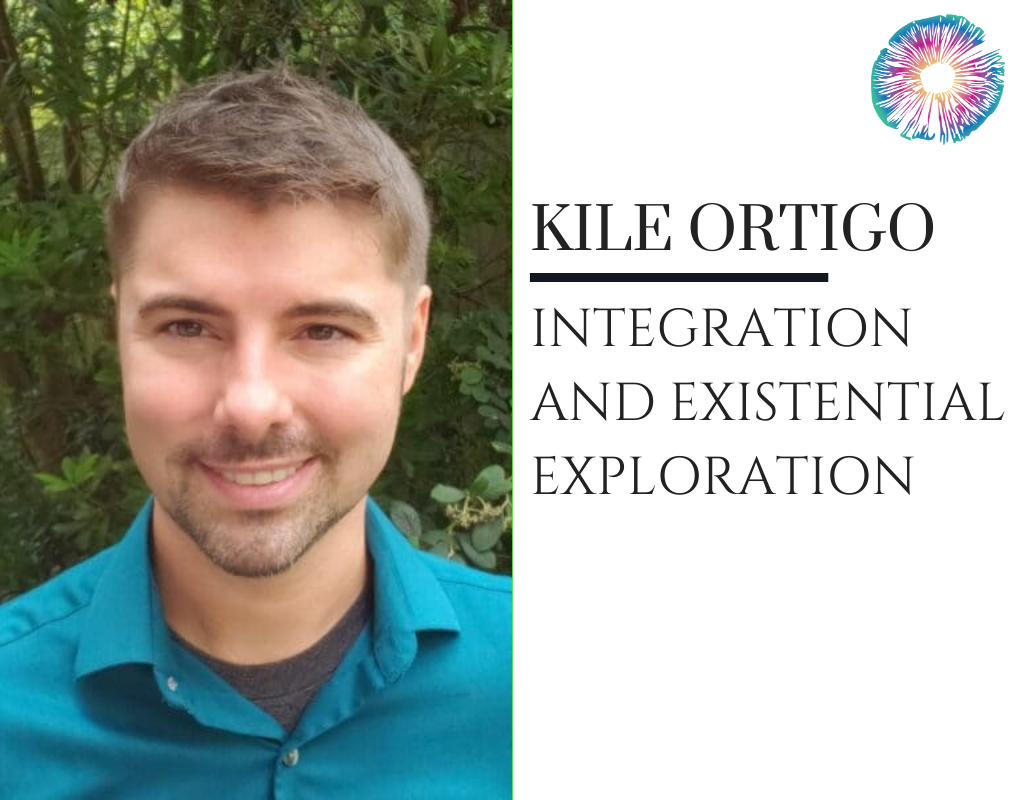
 About Kile Ortigo
About Kile Ortigo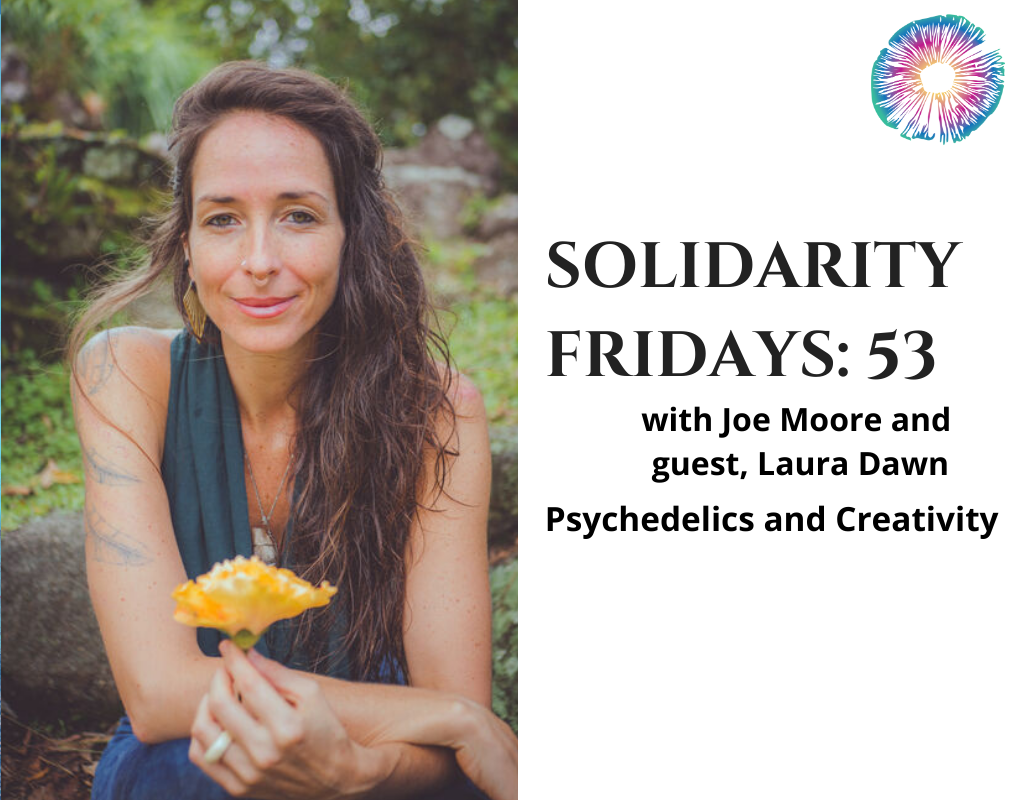

 About Dena Justice
About Dena Justice
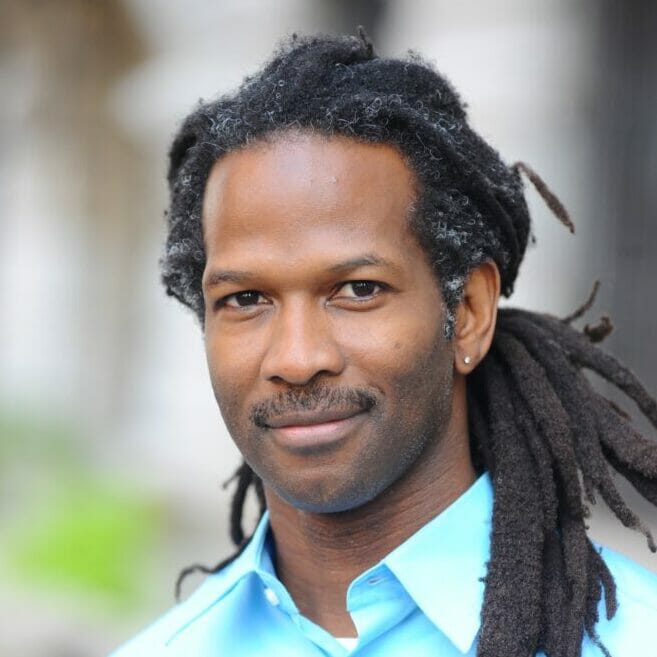
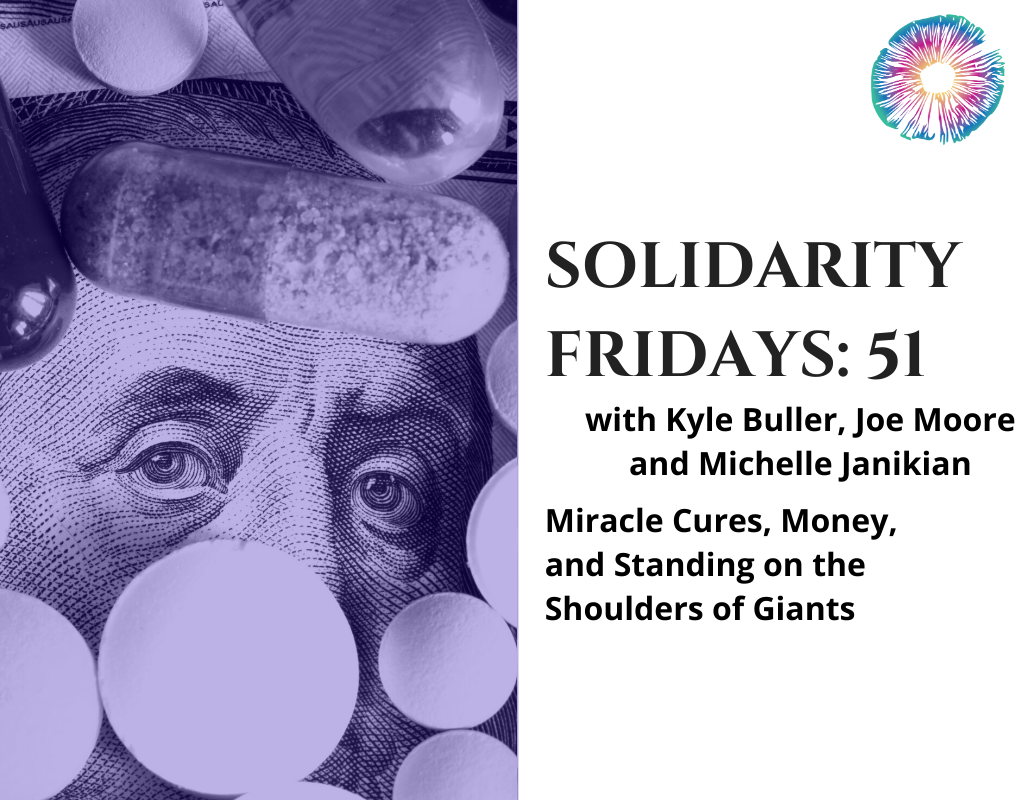
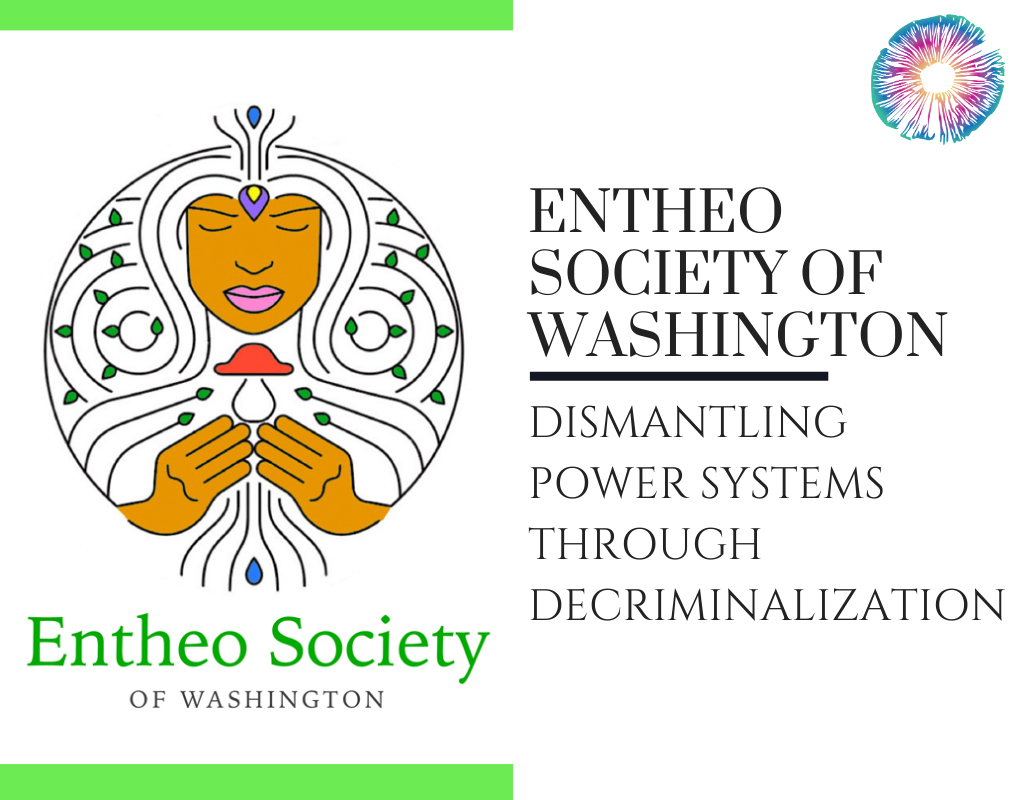
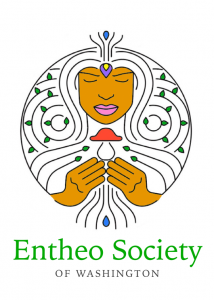 About the Entheo Society of Washington
About the Entheo Society of Washington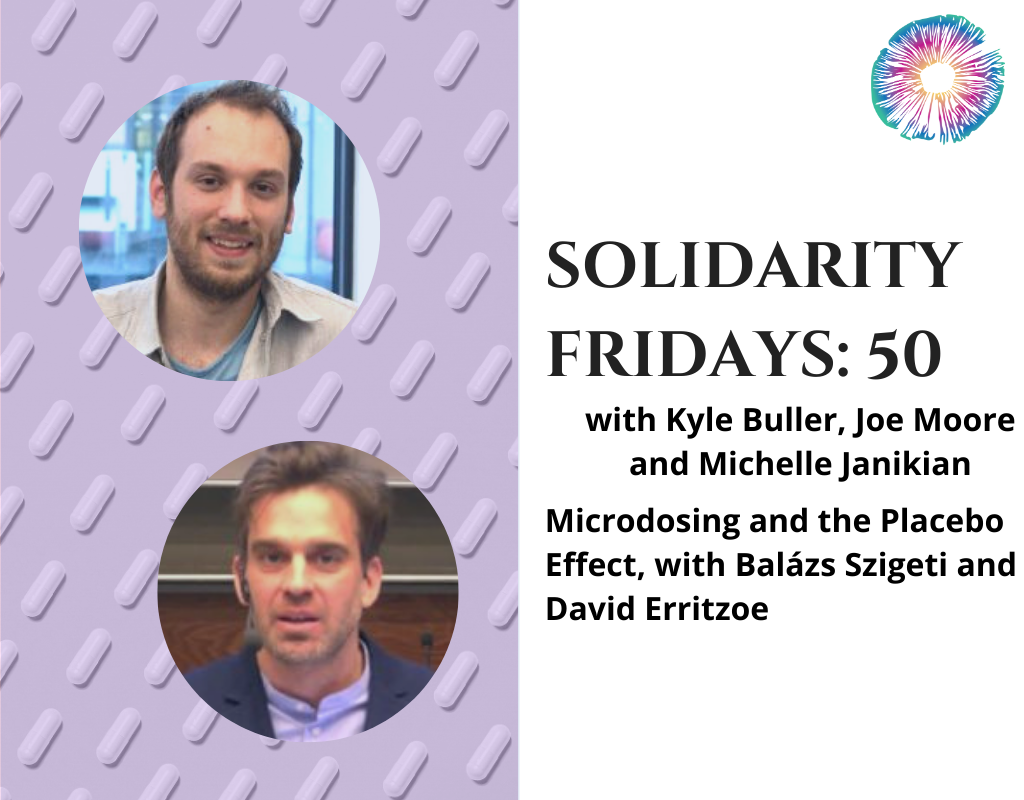
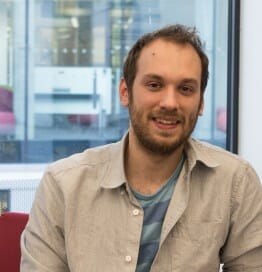
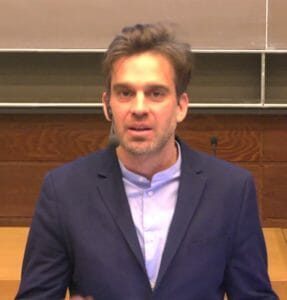
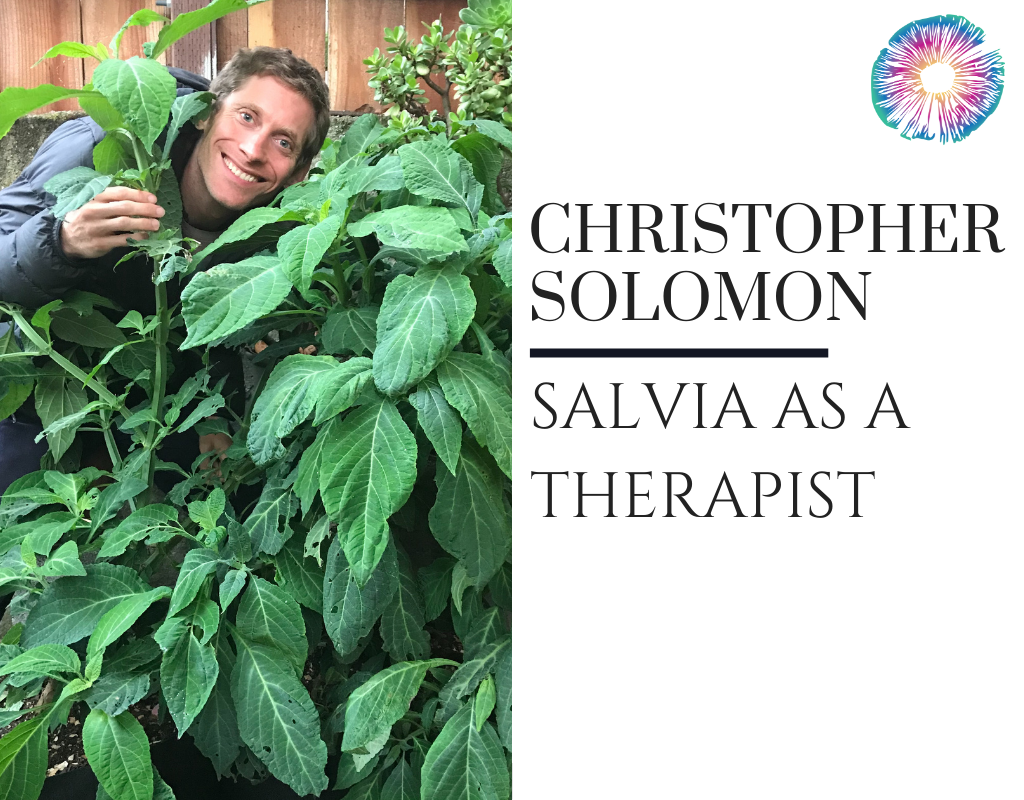
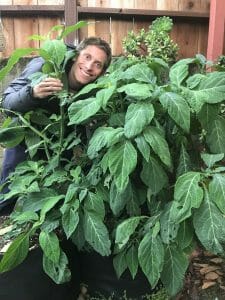 About Christopher Solomon
About Christopher Solomon
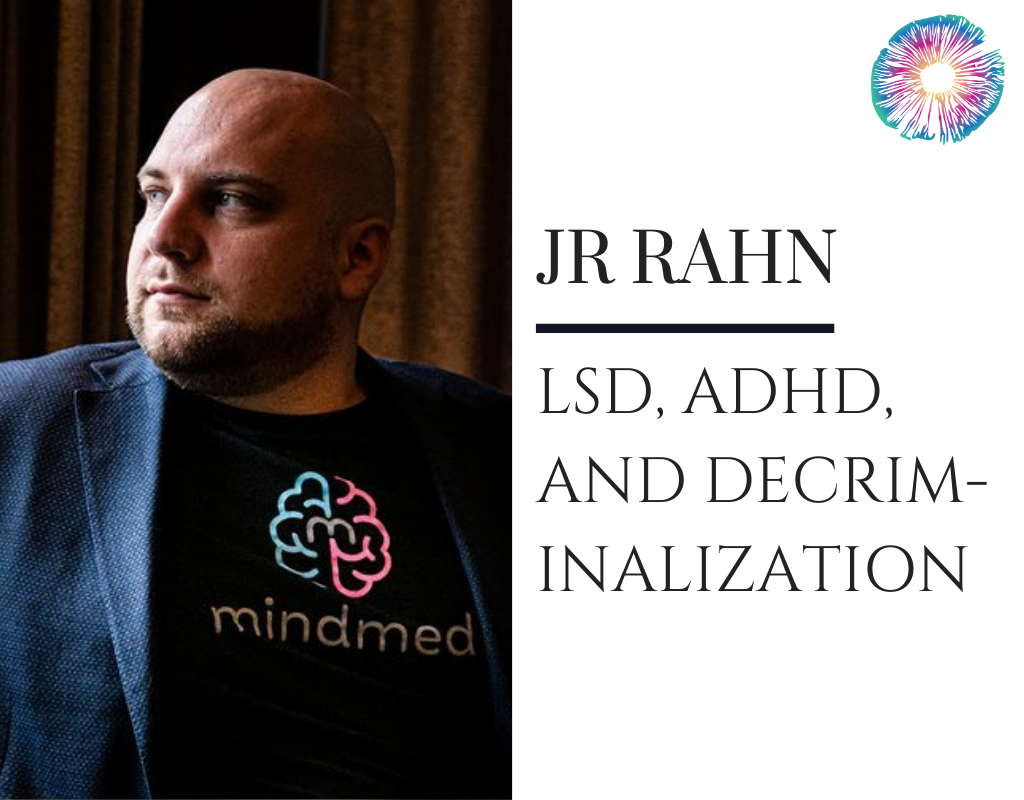
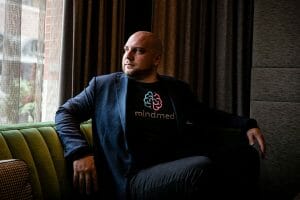 About JR Rahn
About JR Rahn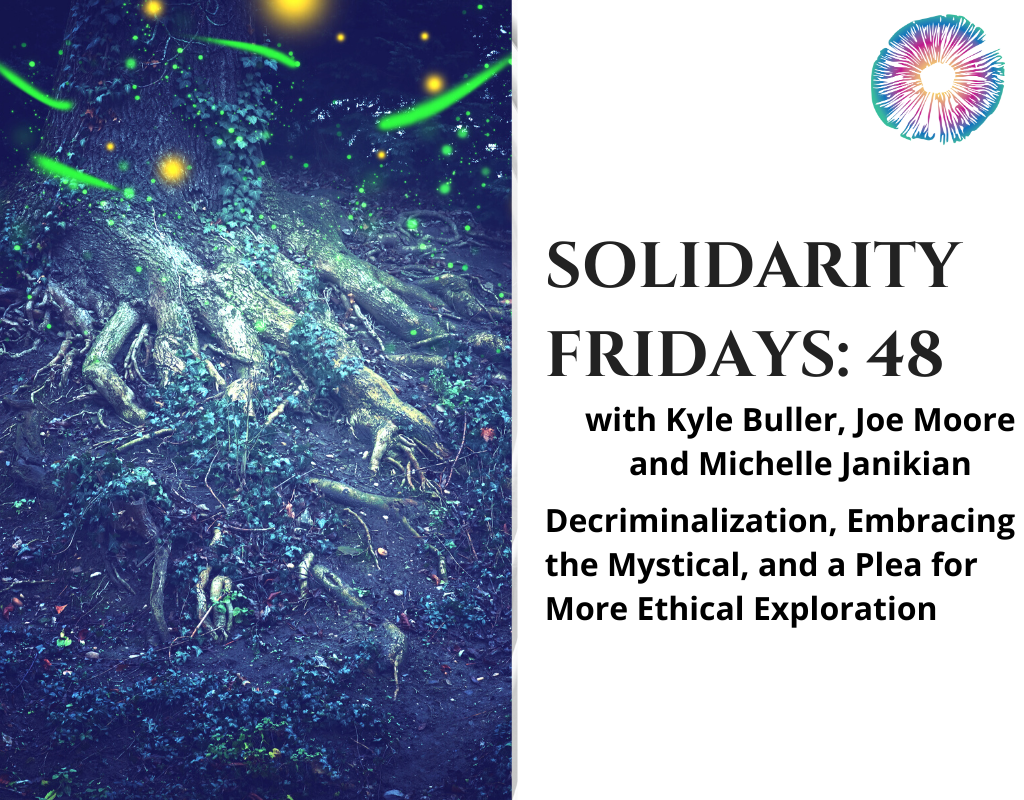
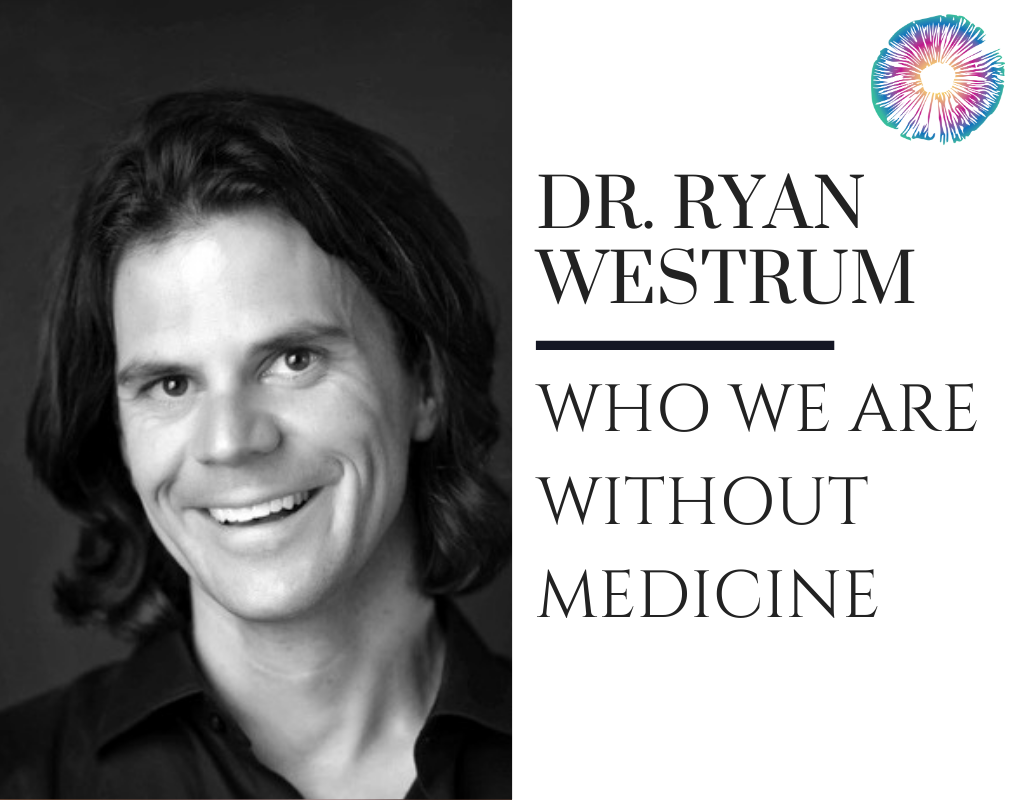
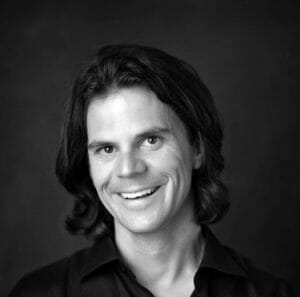 About Dr. Ryan Westrum
About Dr. Ryan Westrum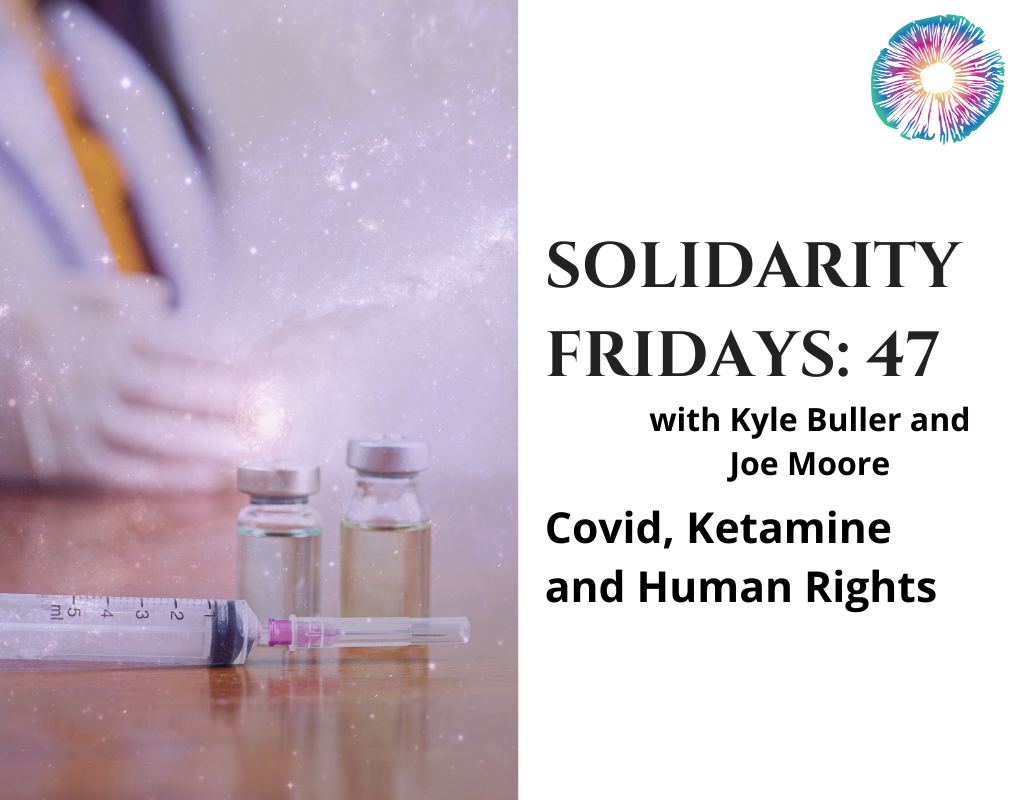
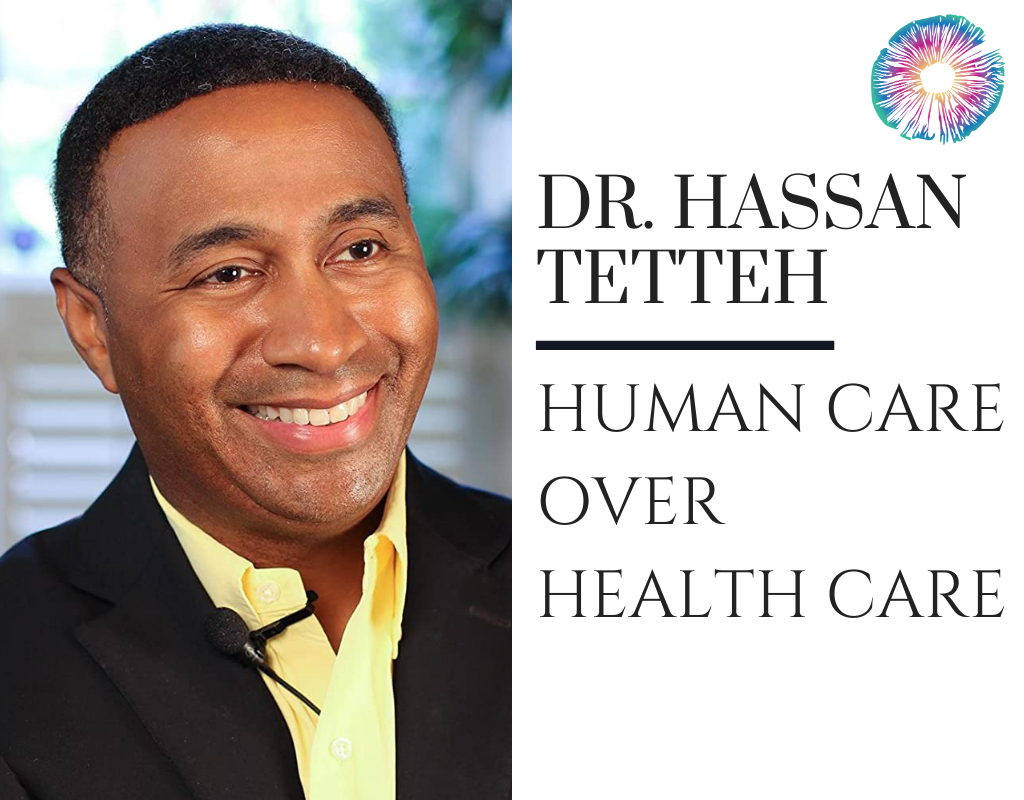
 About Dr. Hassan Tetteh
About Dr. Hassan Tetteh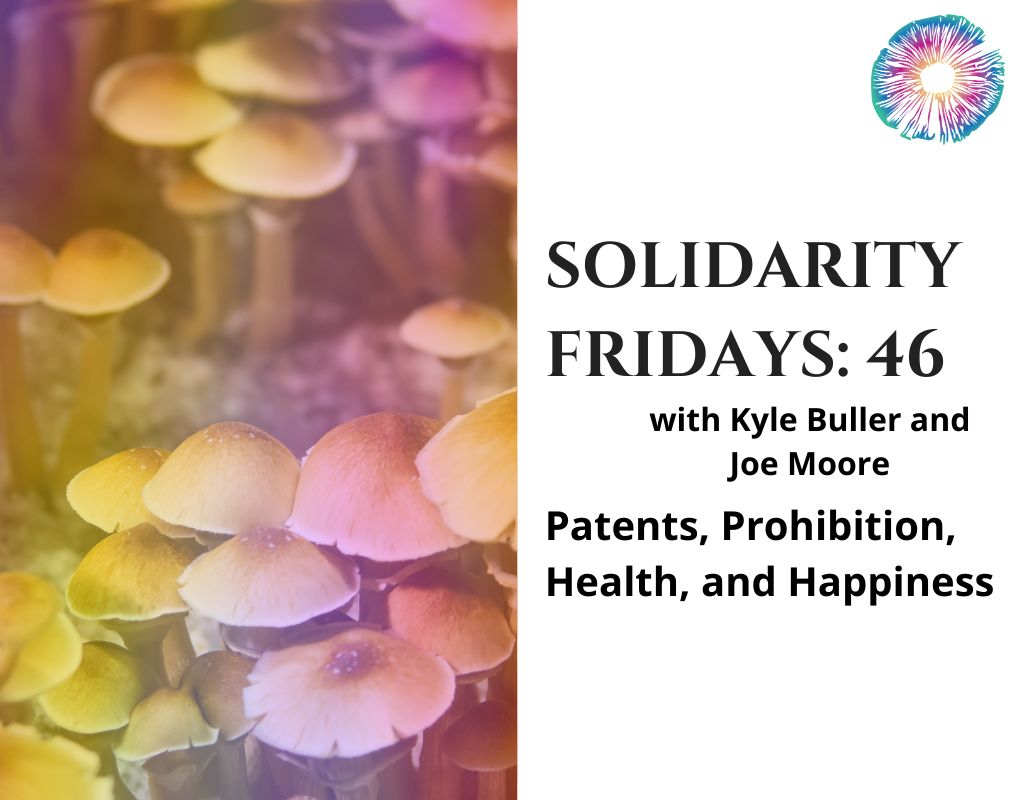

 About Penny White
About Penny White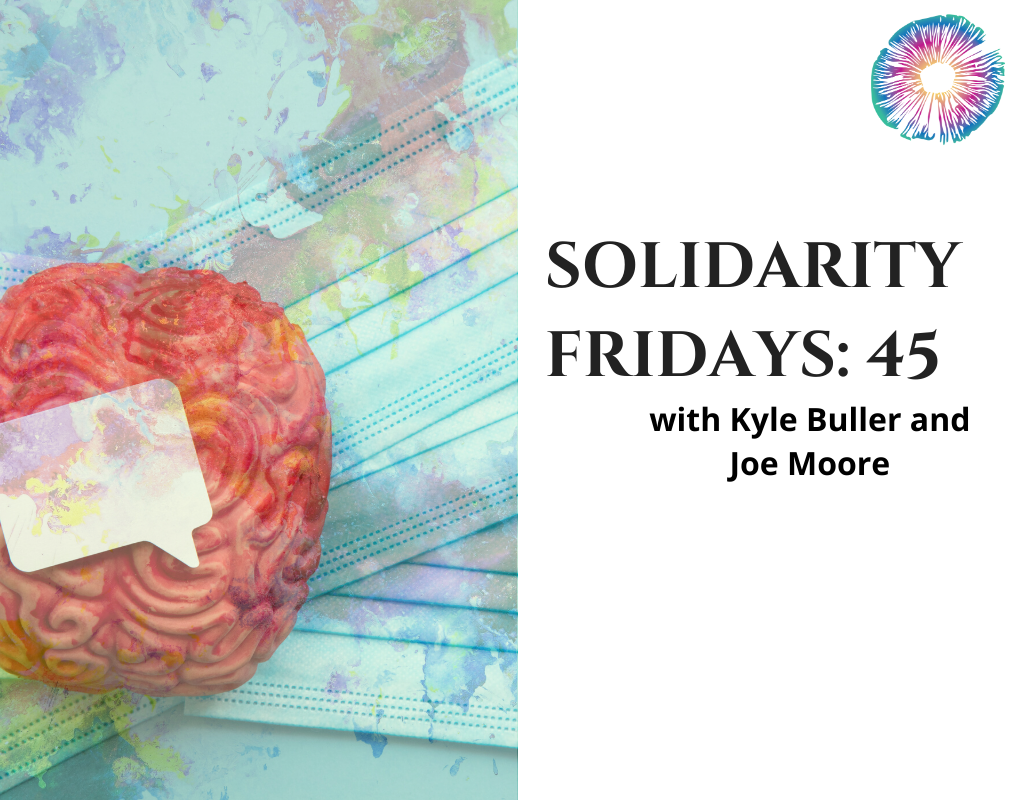
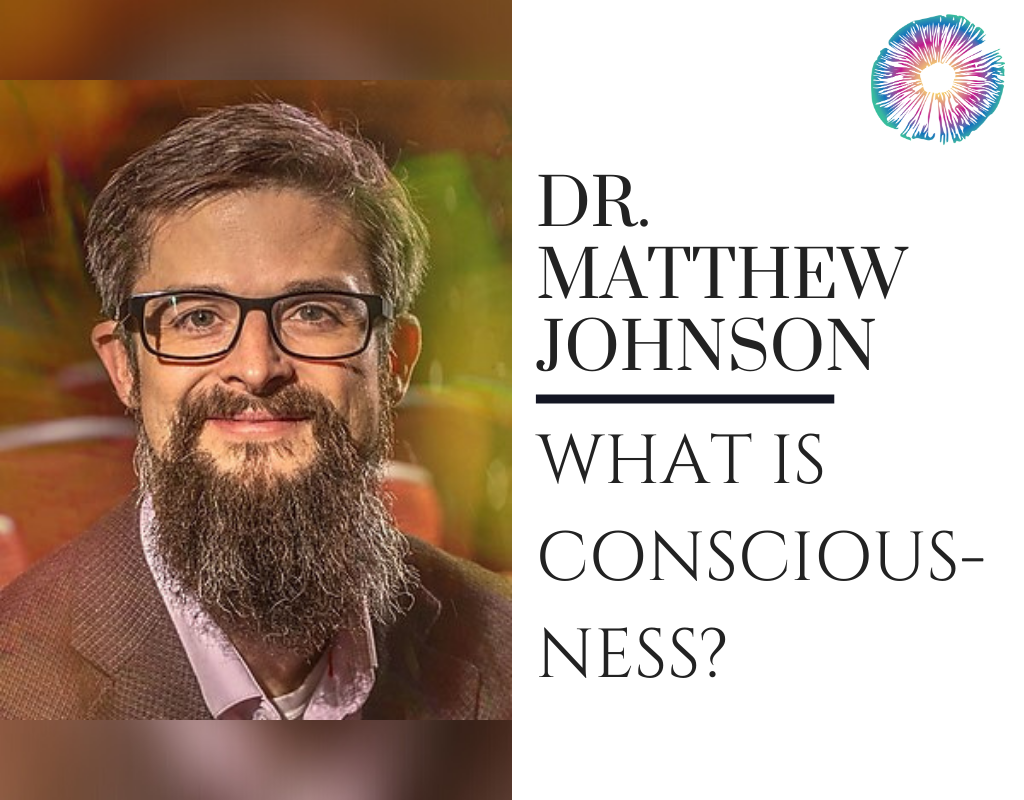
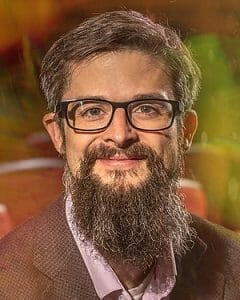 About Dr. Matthew Johnson
About Dr. Matthew Johnson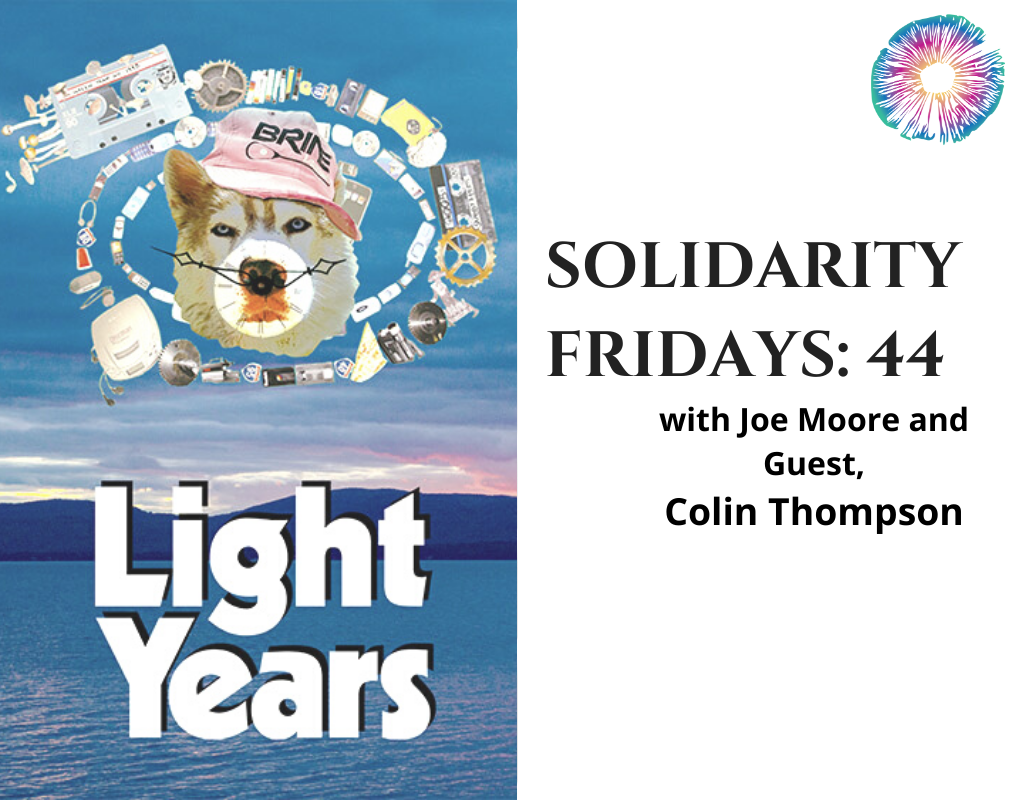
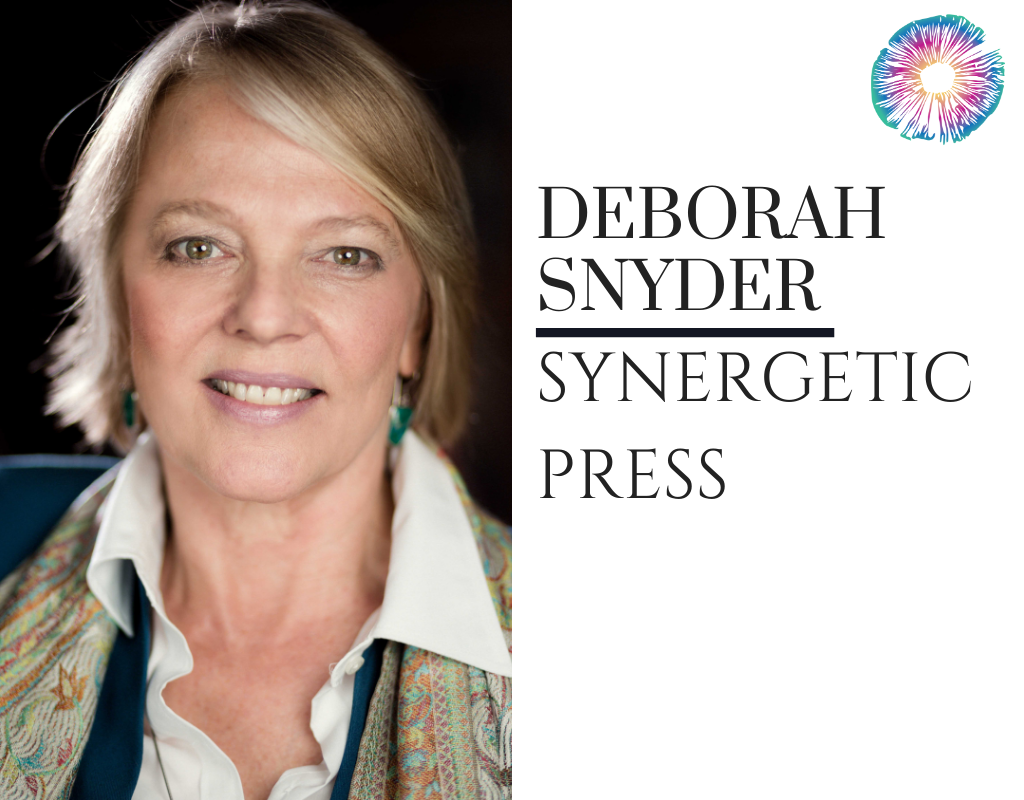
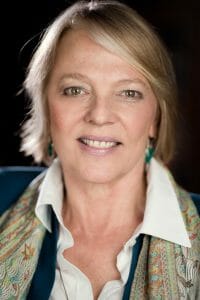


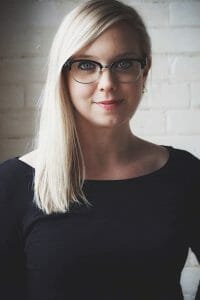 About Dr. Anne Wagner
About Dr. Anne Wagner

 About VeronikaGold, LMFT
About VeronikaGold, LMFT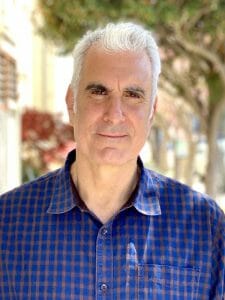 About Dr. Harvey Schwartz
About Dr. Harvey Schwartz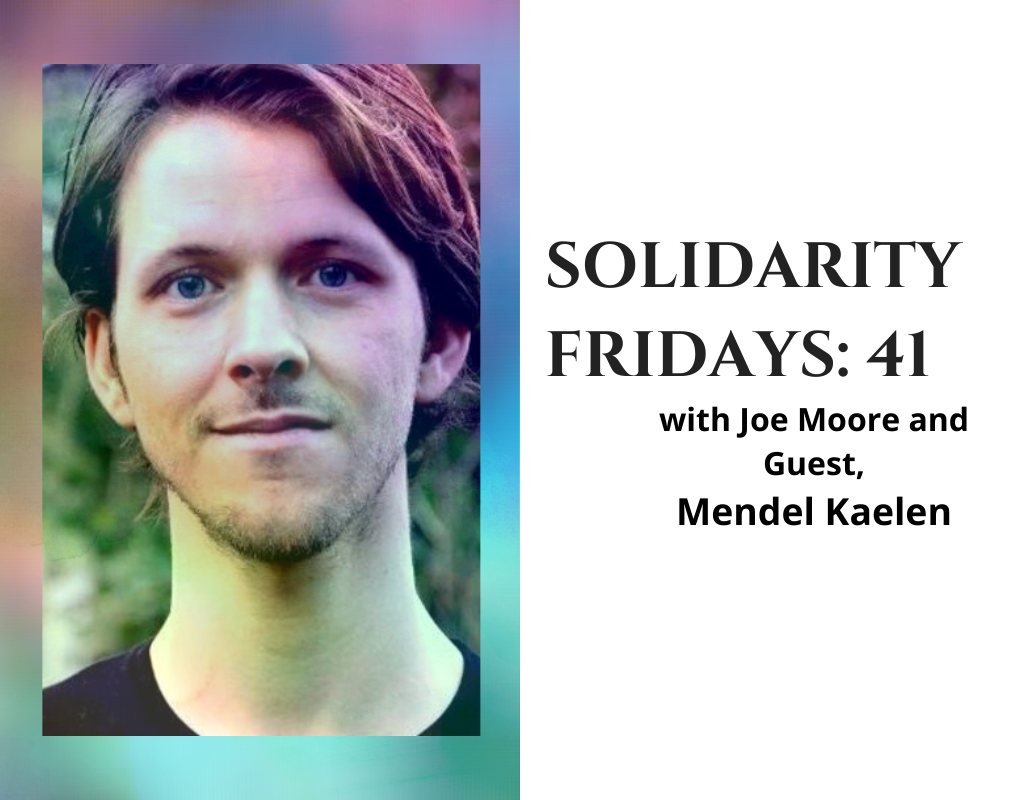
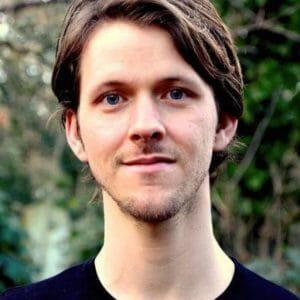 About Mendel
About Mendel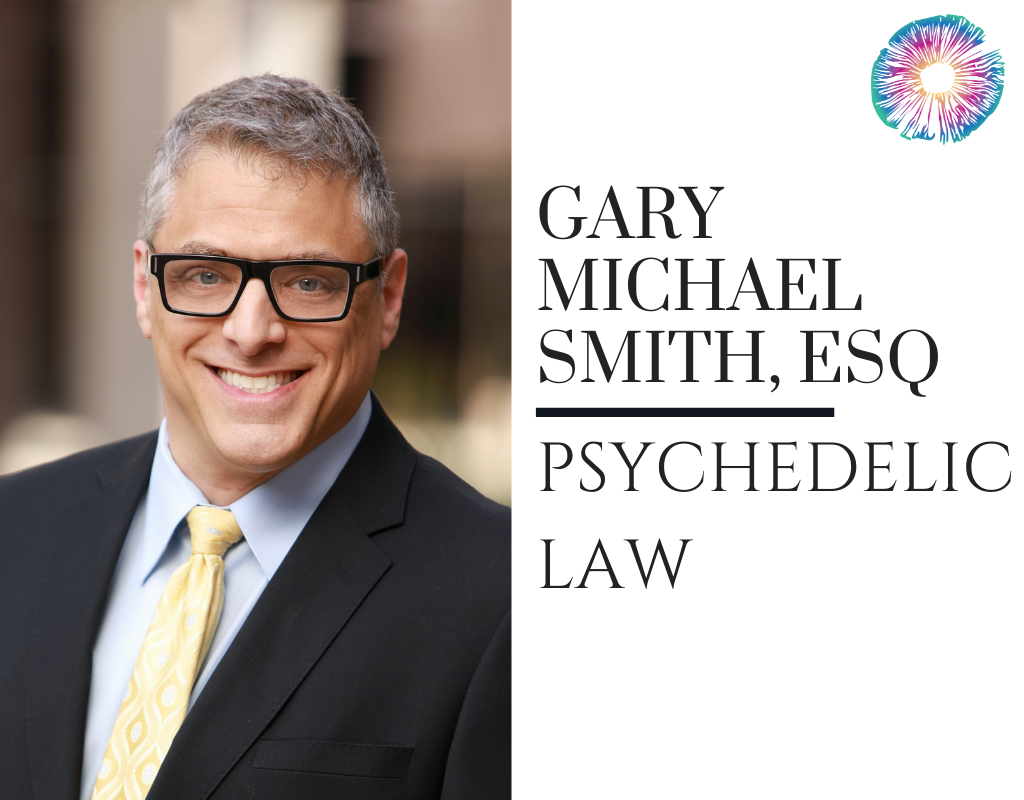
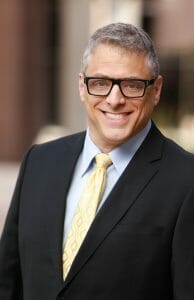 About Gary Michael Smith, Esq.
About Gary Michael Smith, Esq.

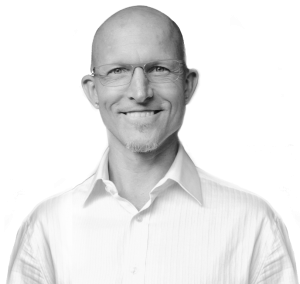
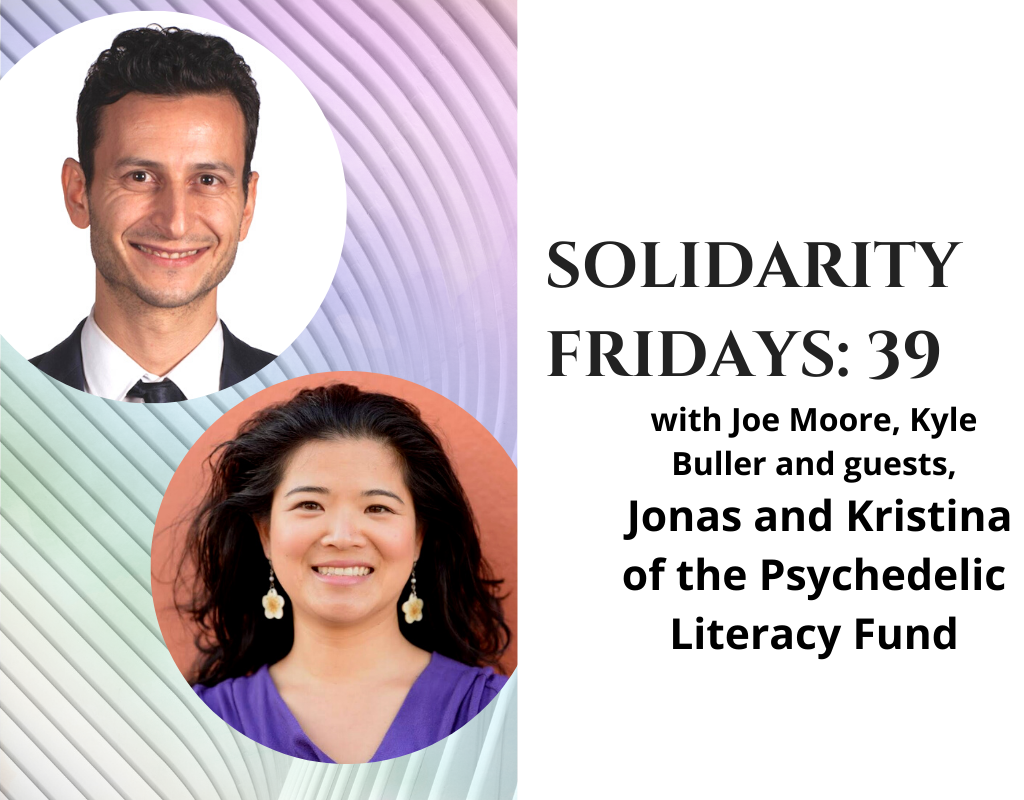
 About Kristina and Jonas
About Kristina and Jonas